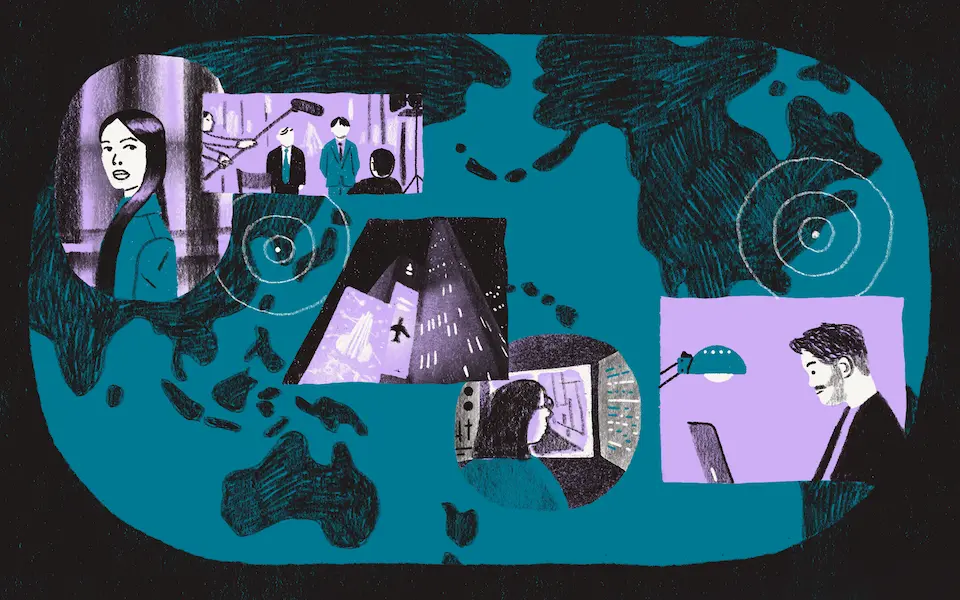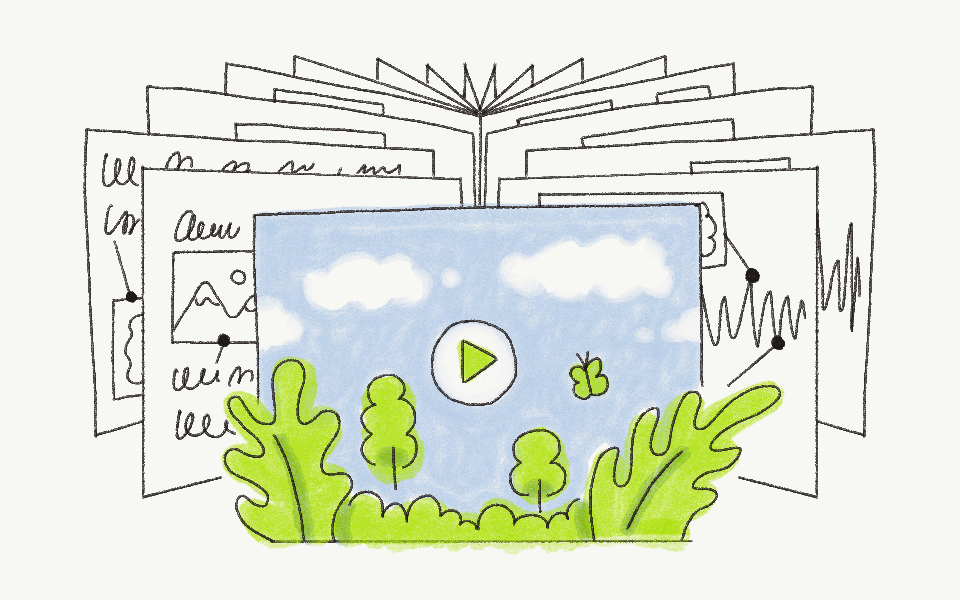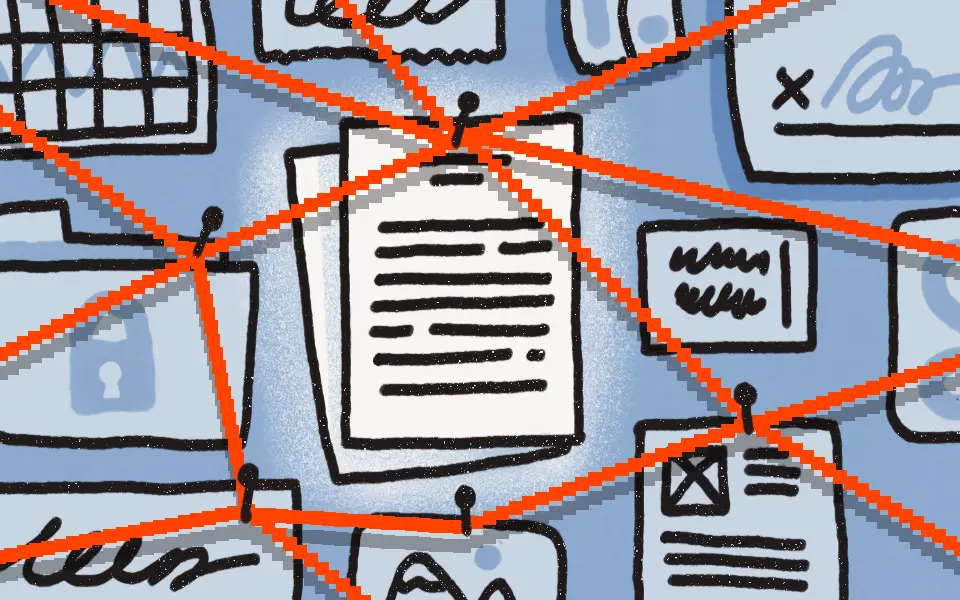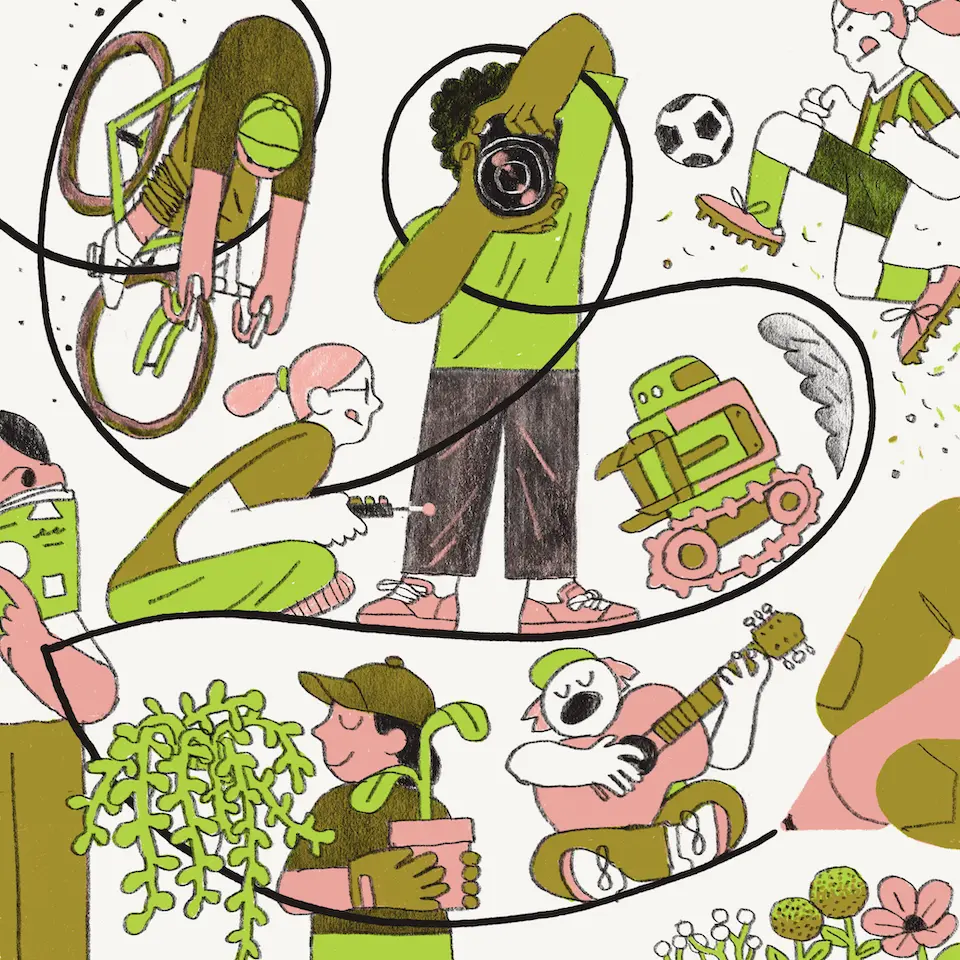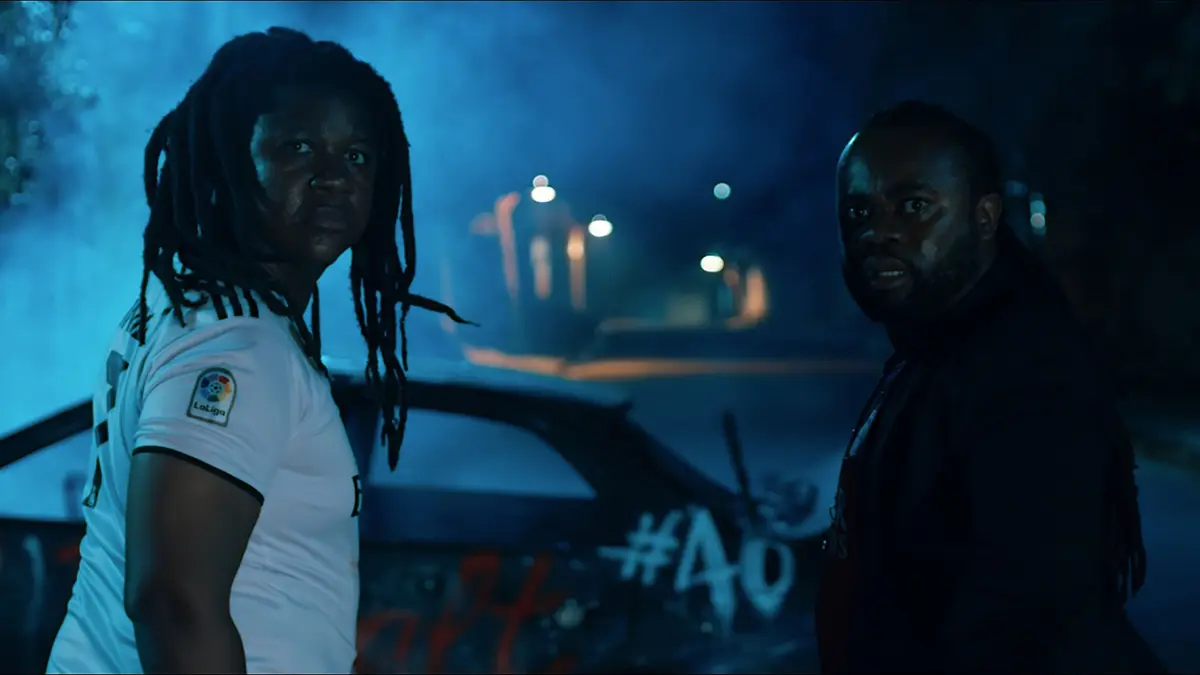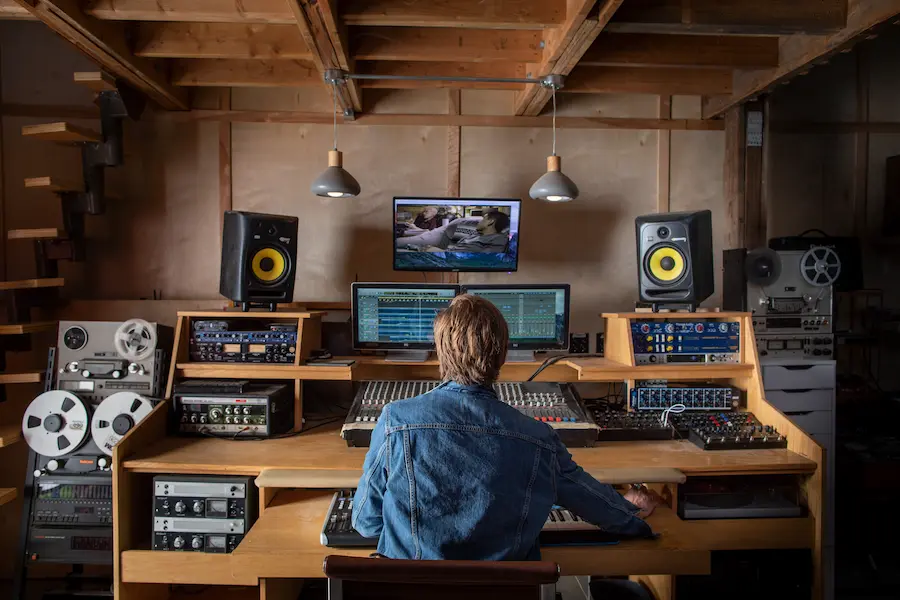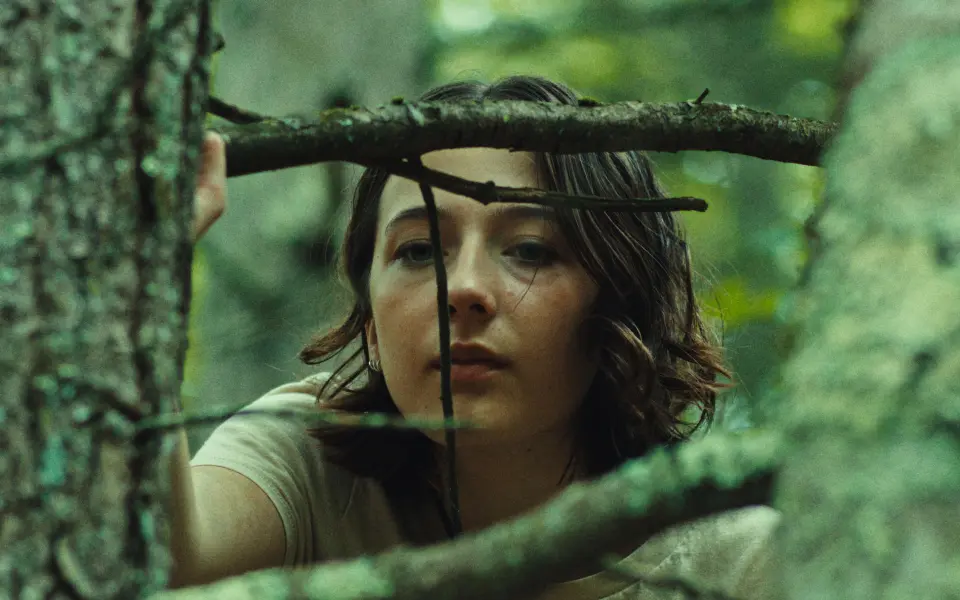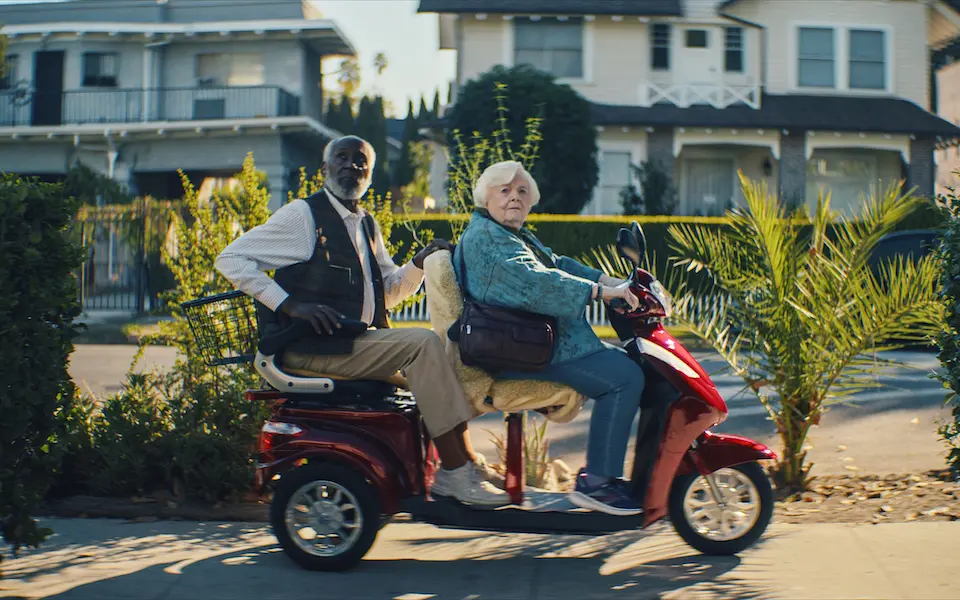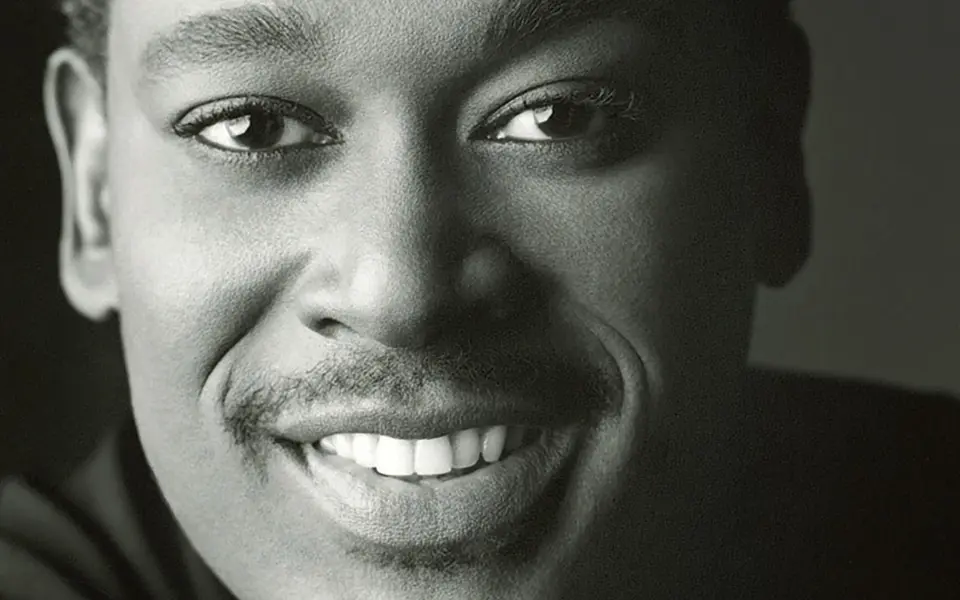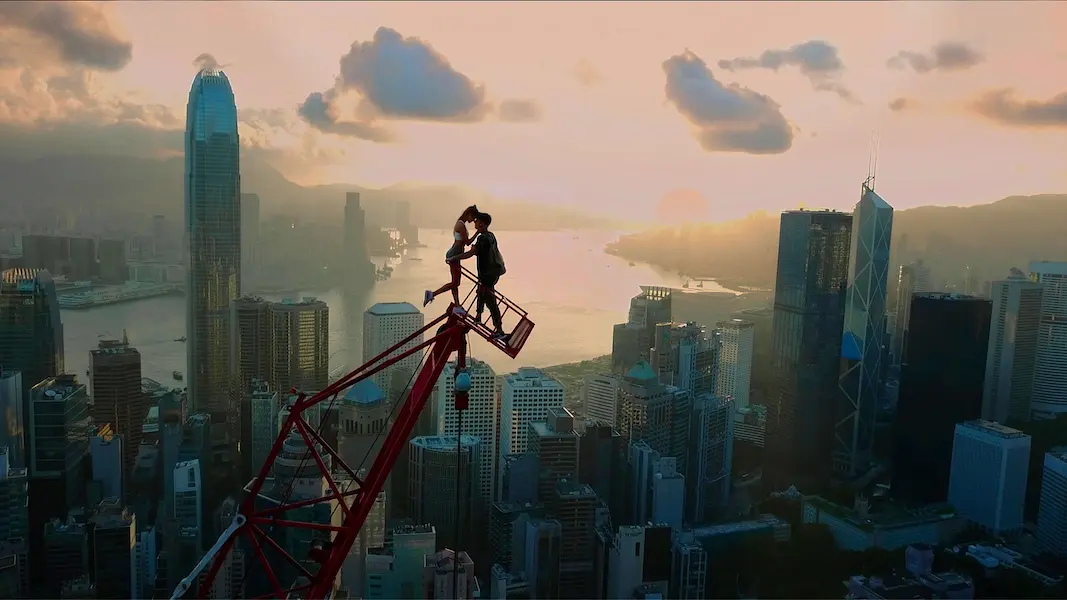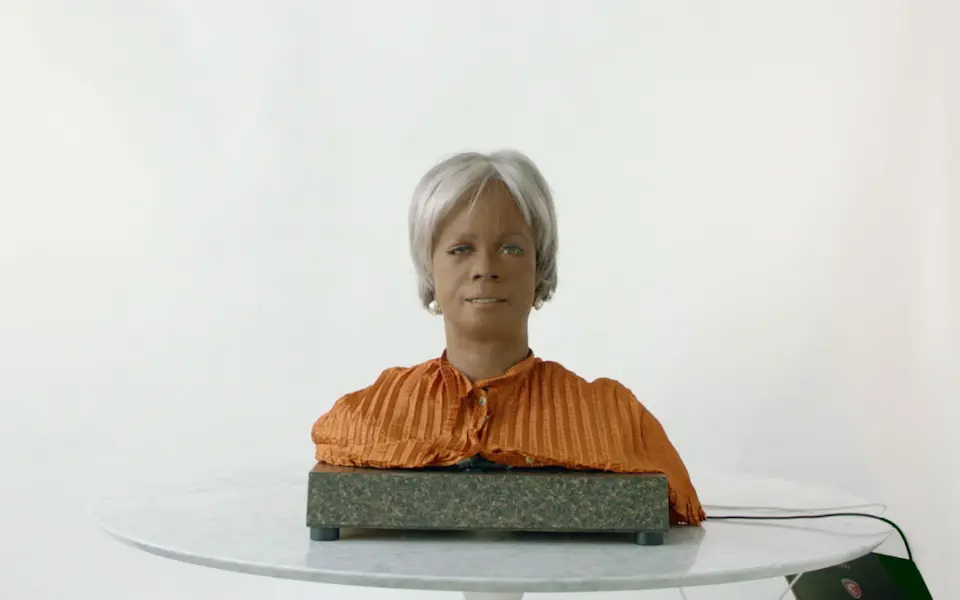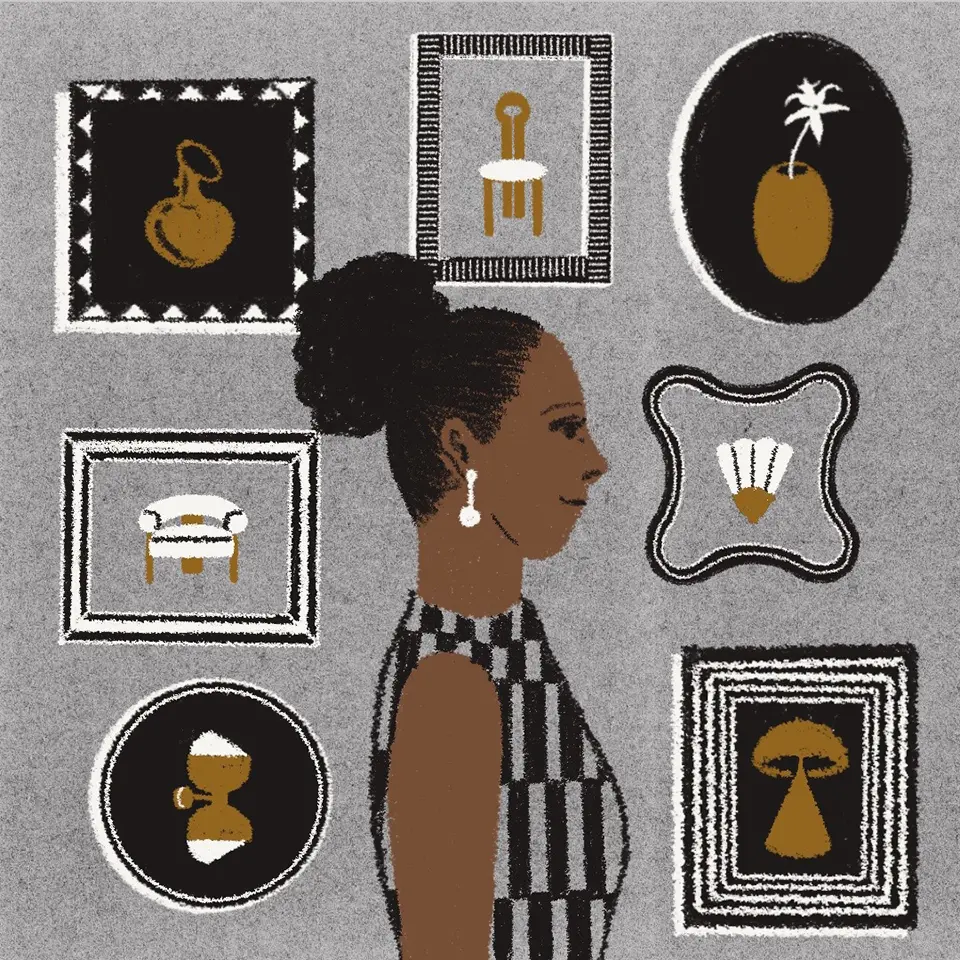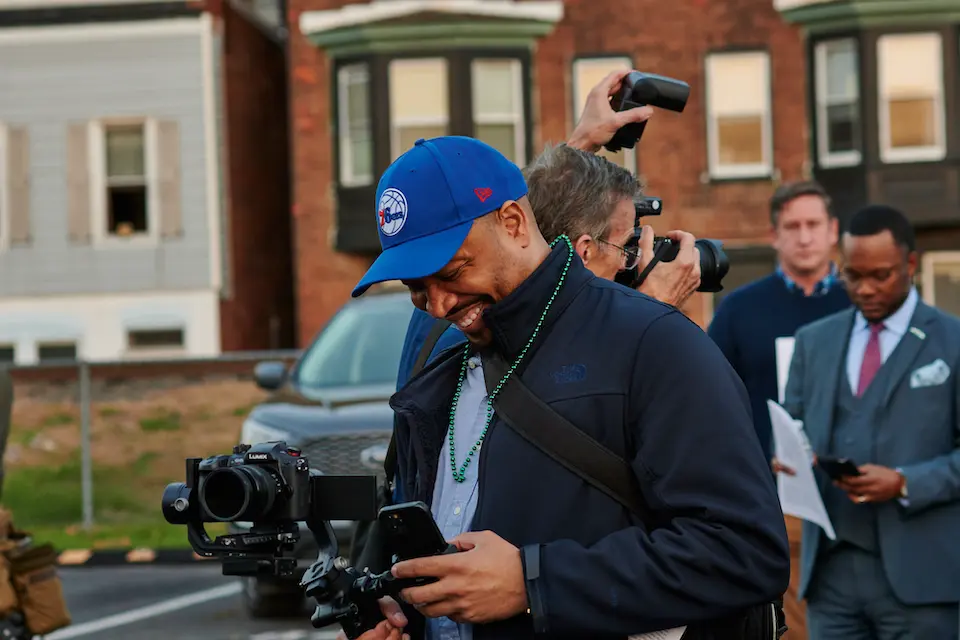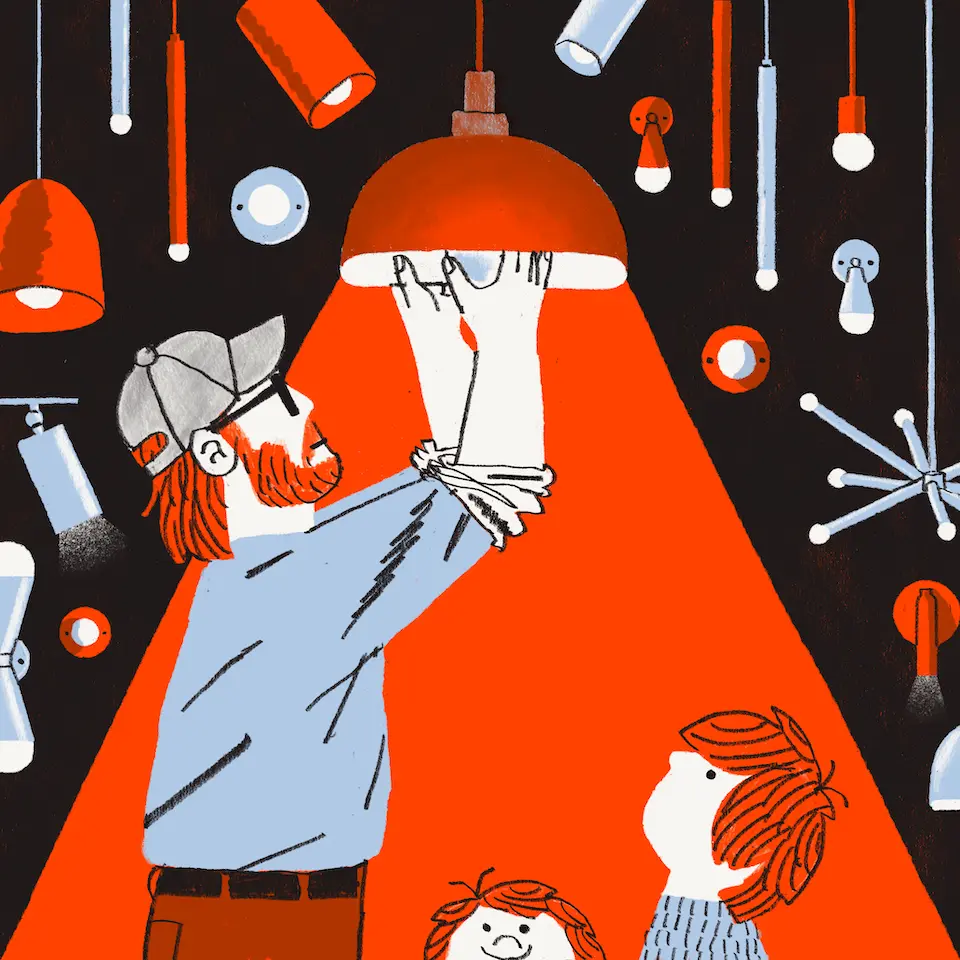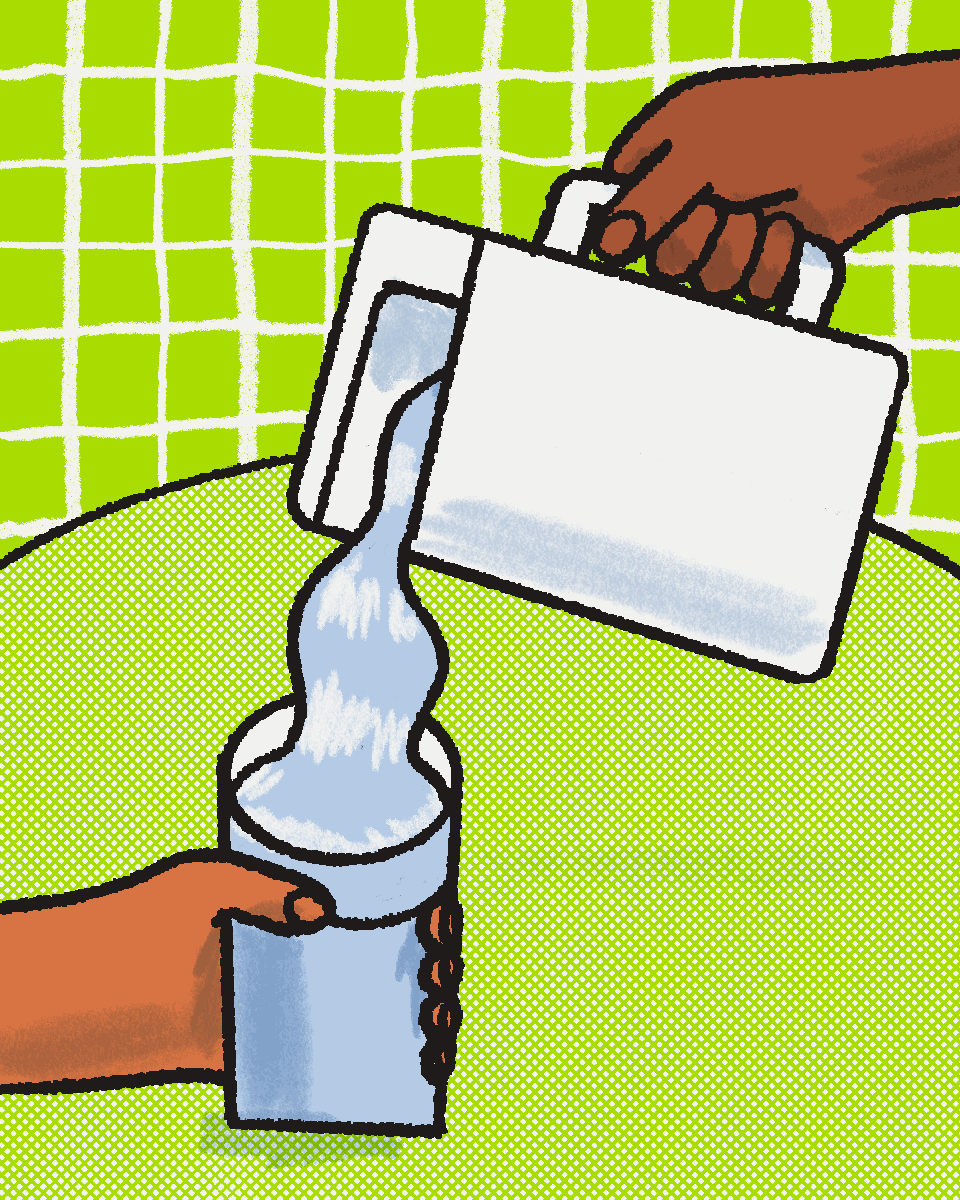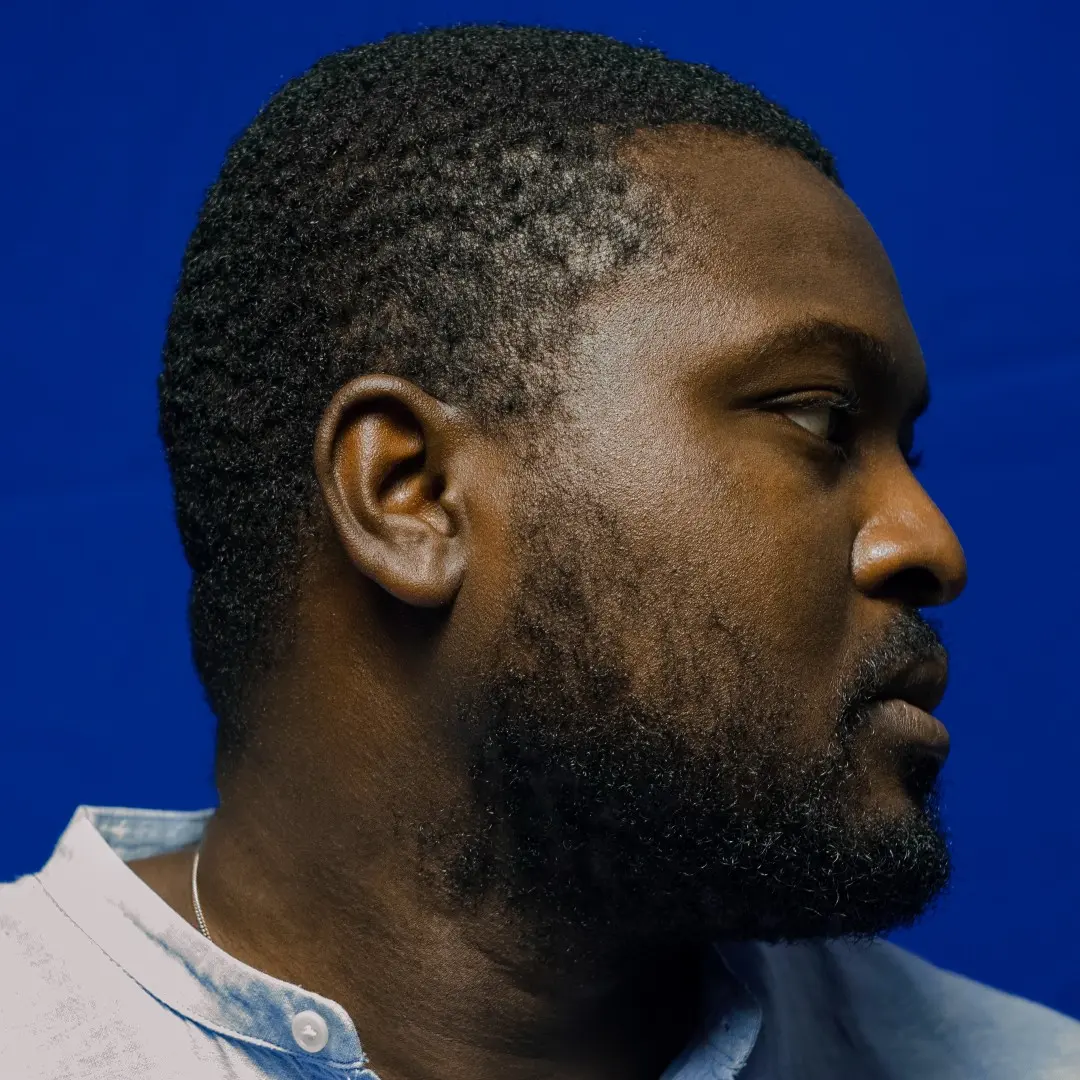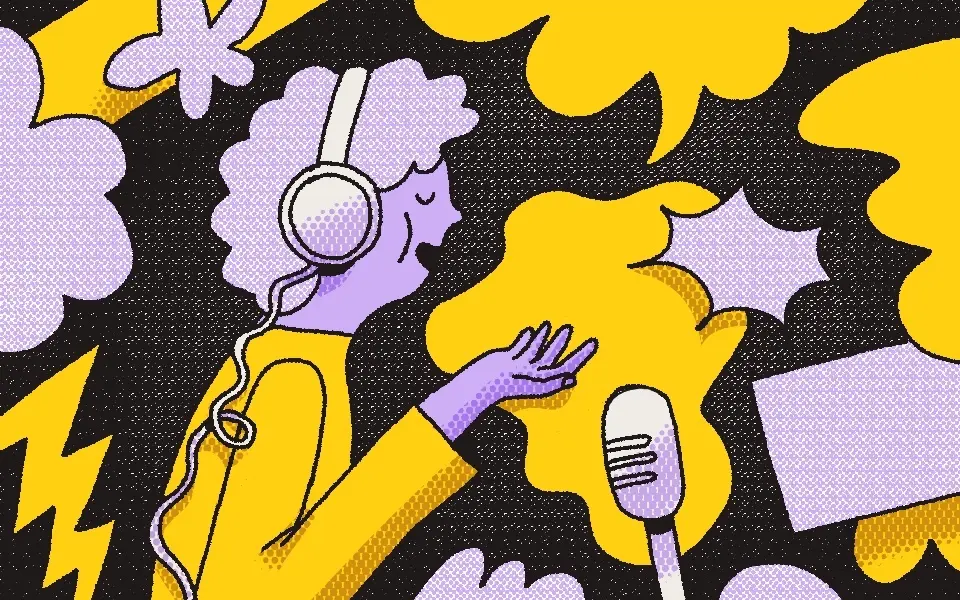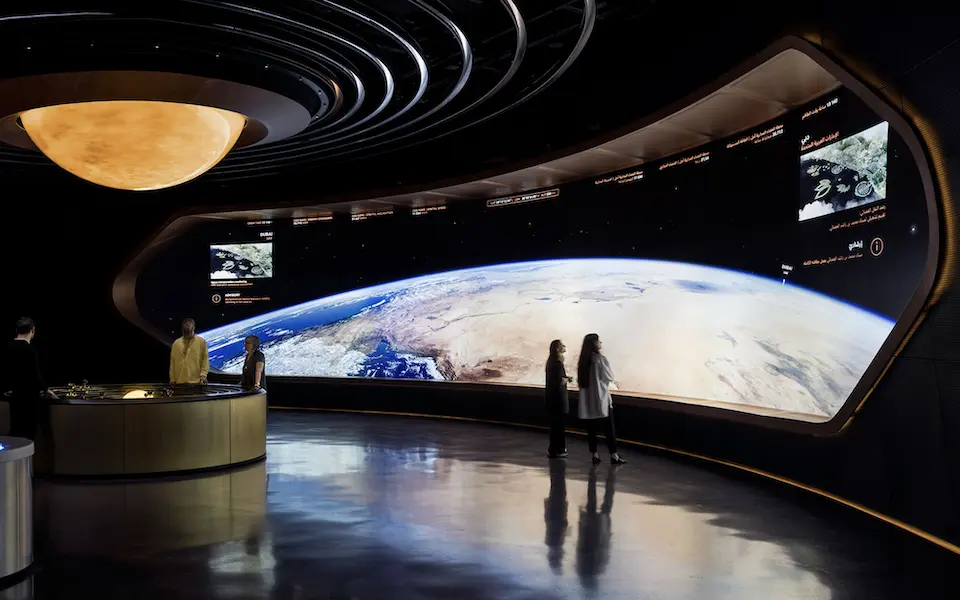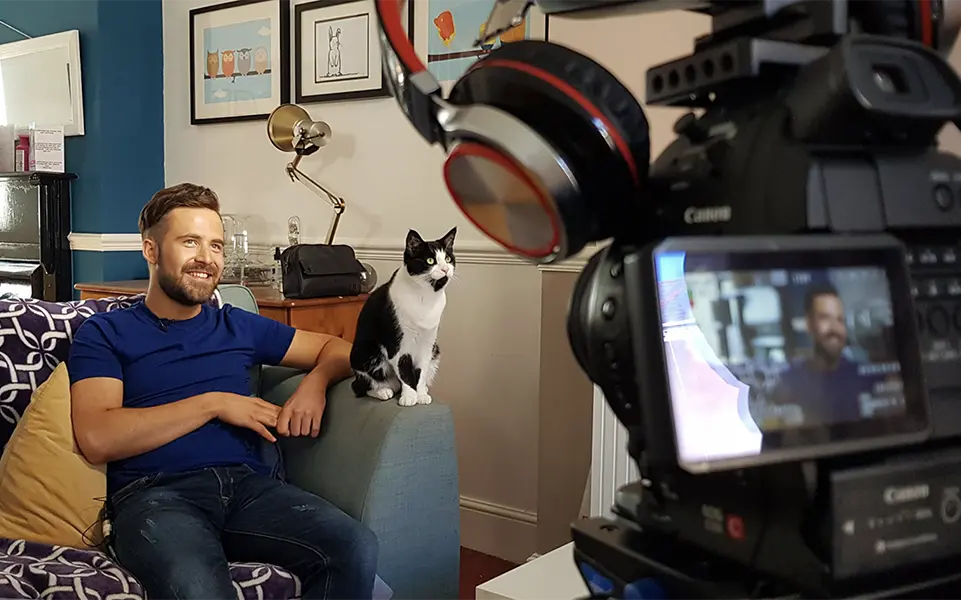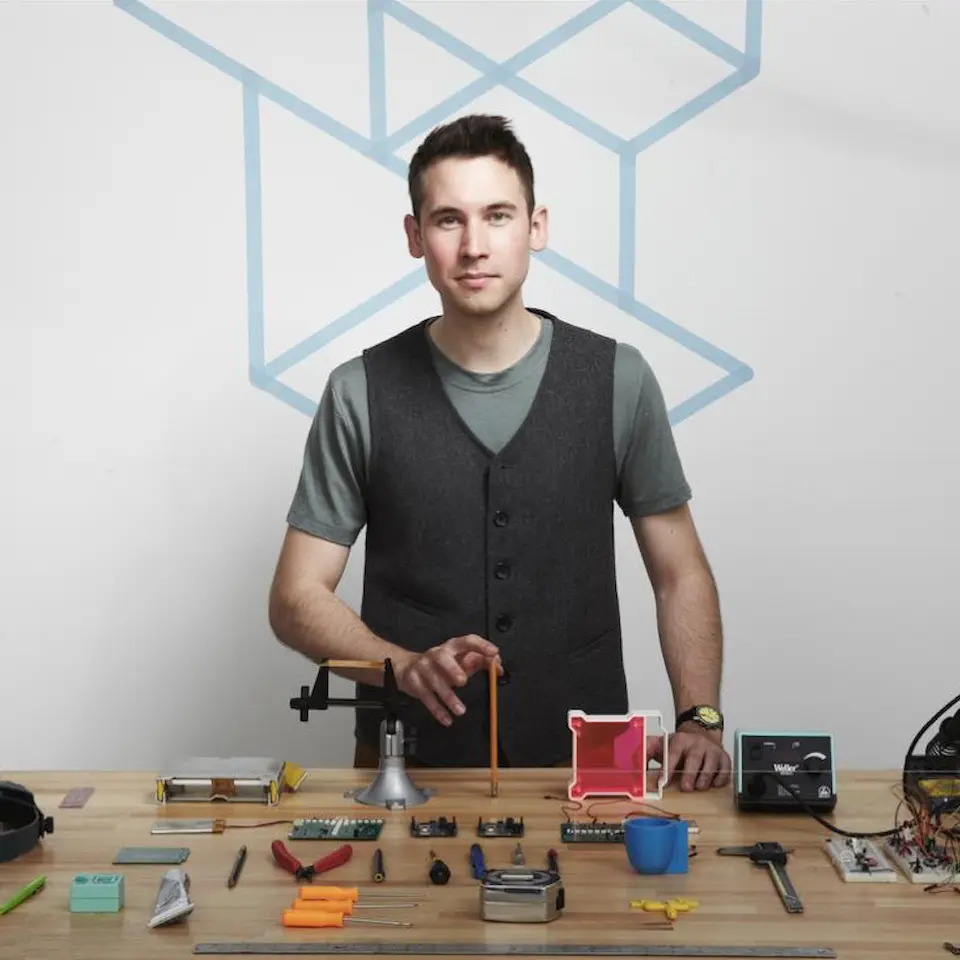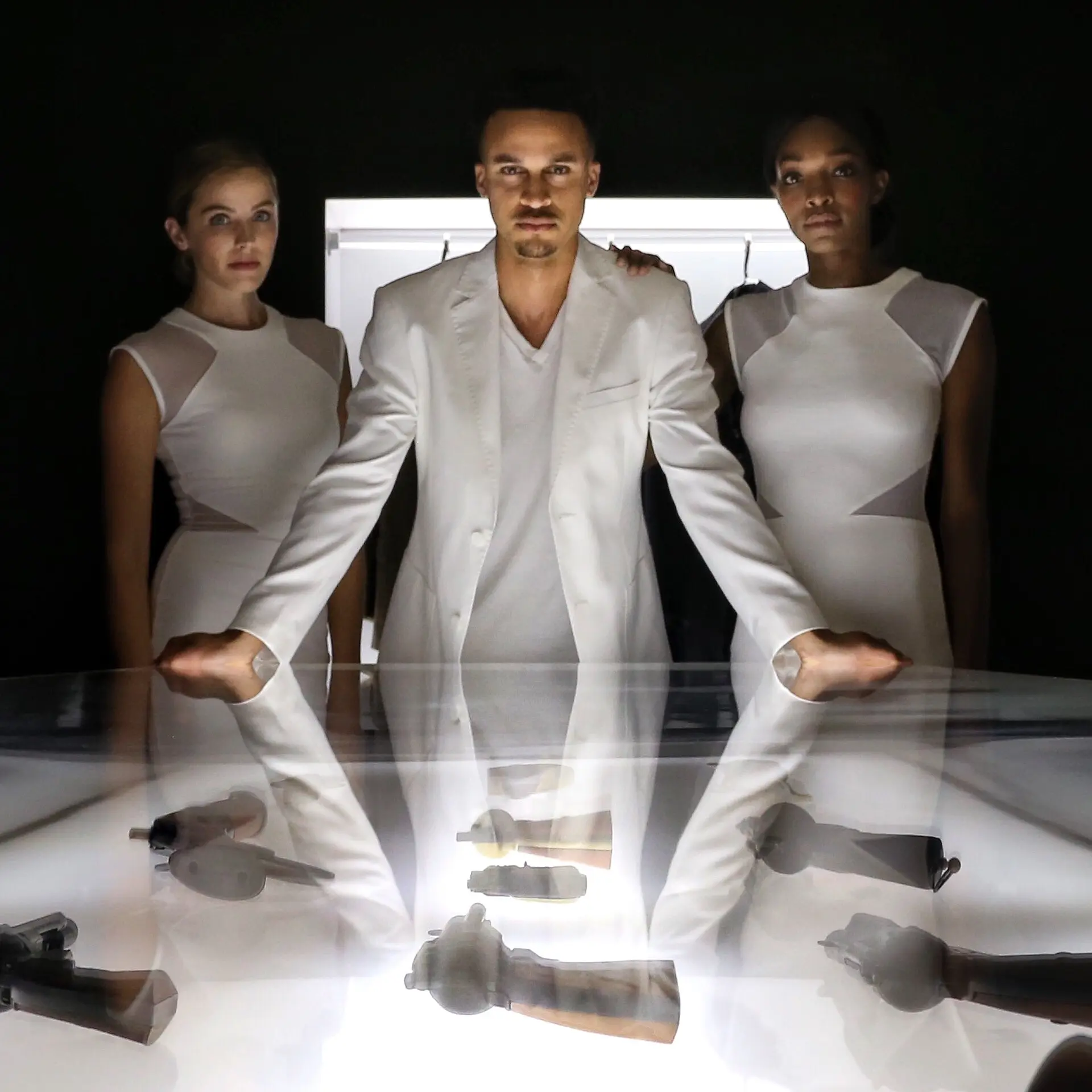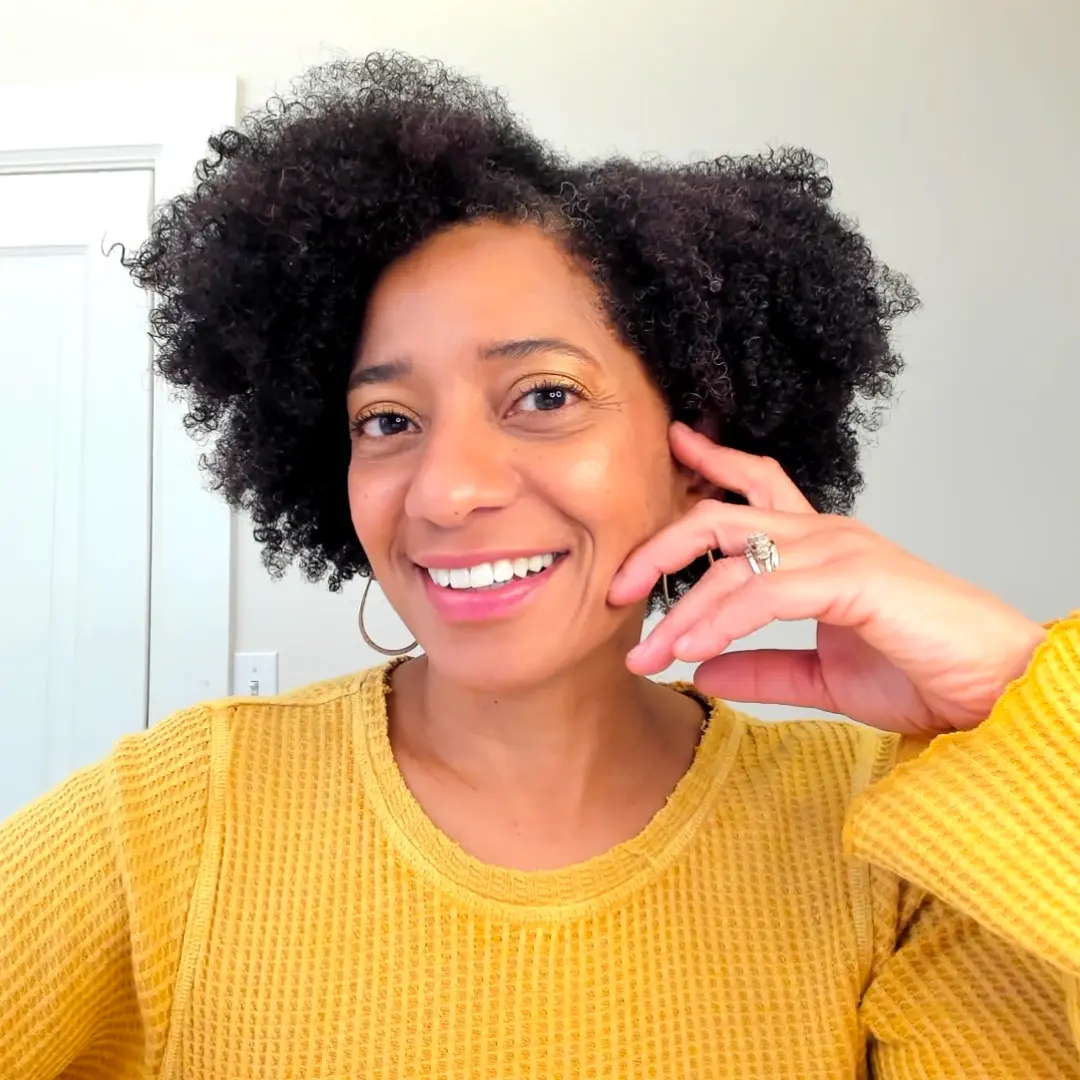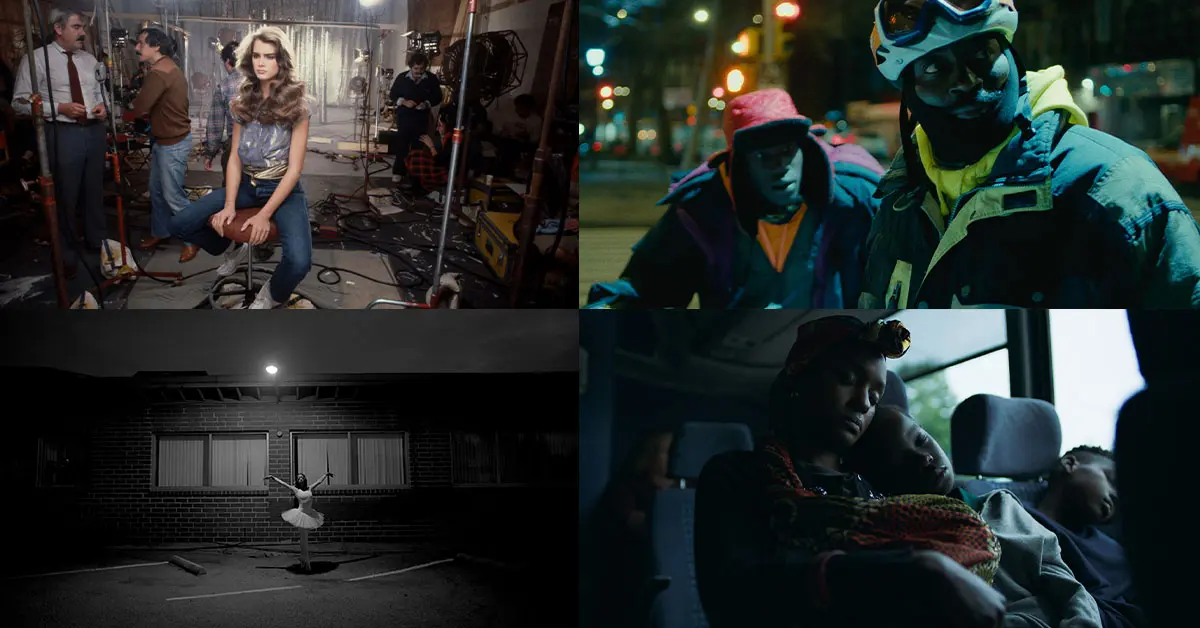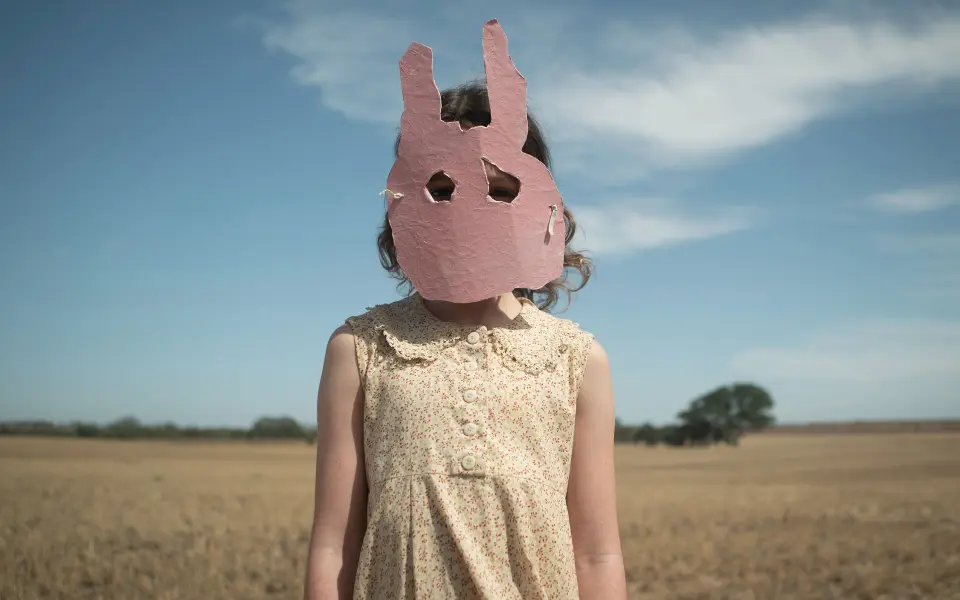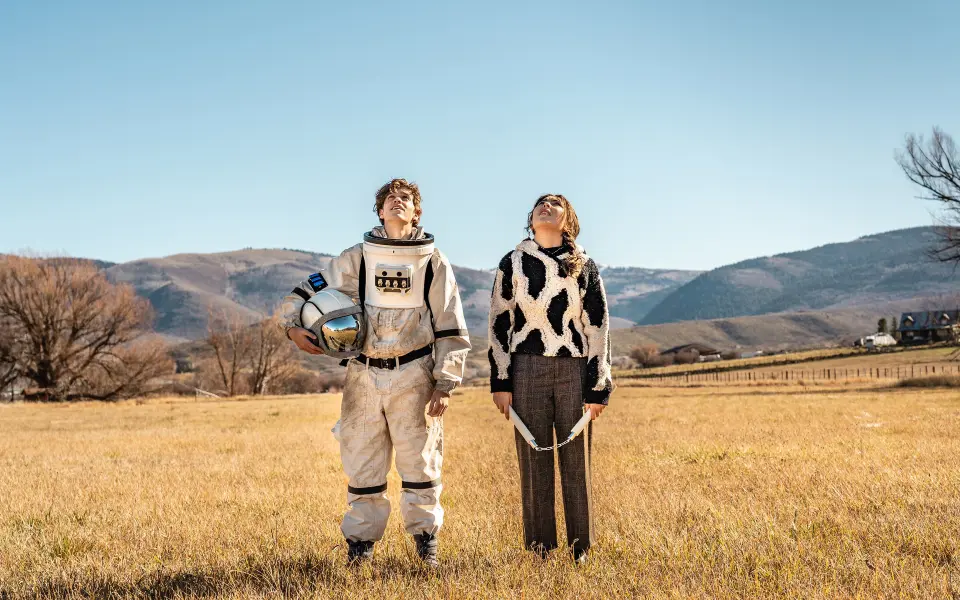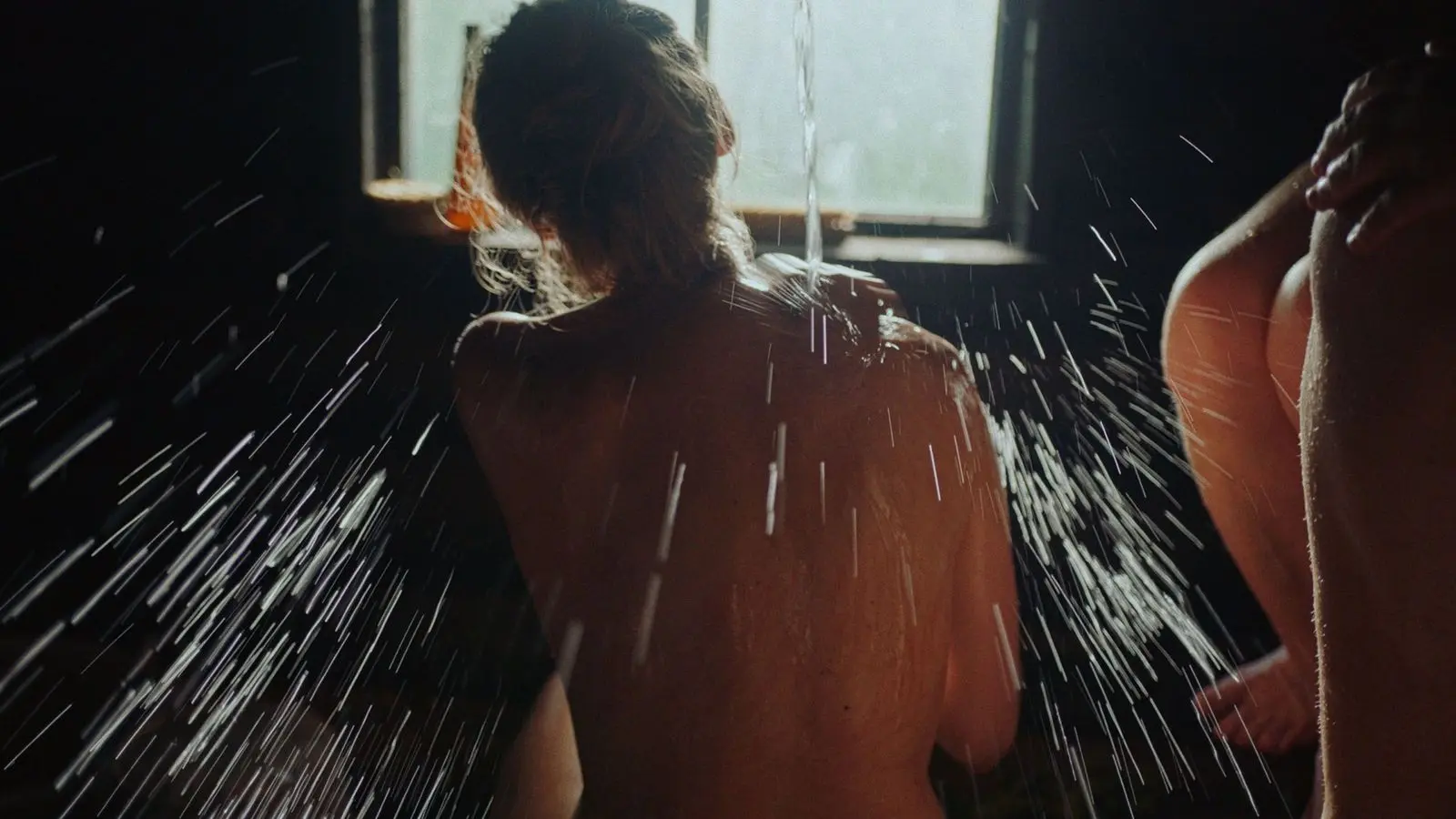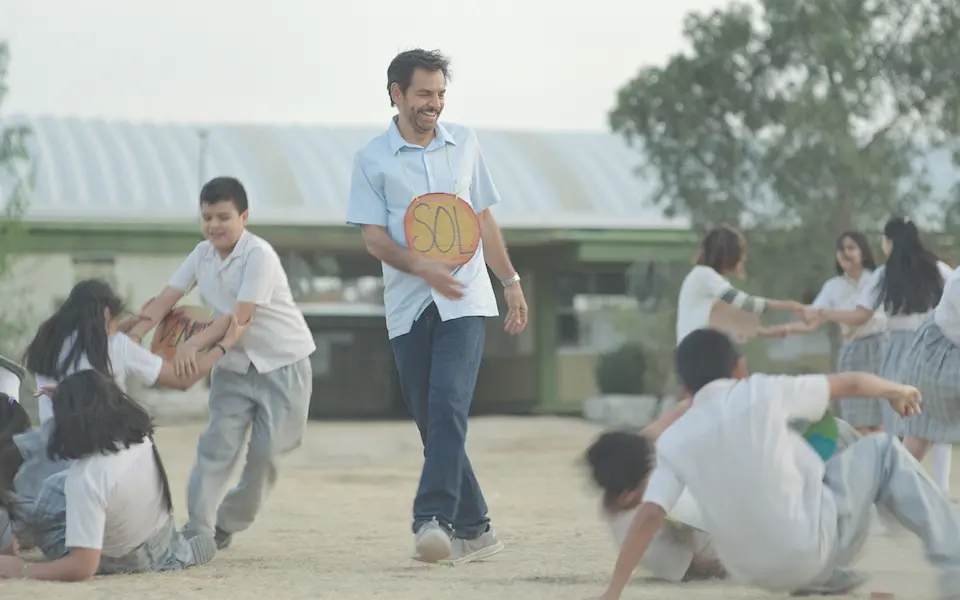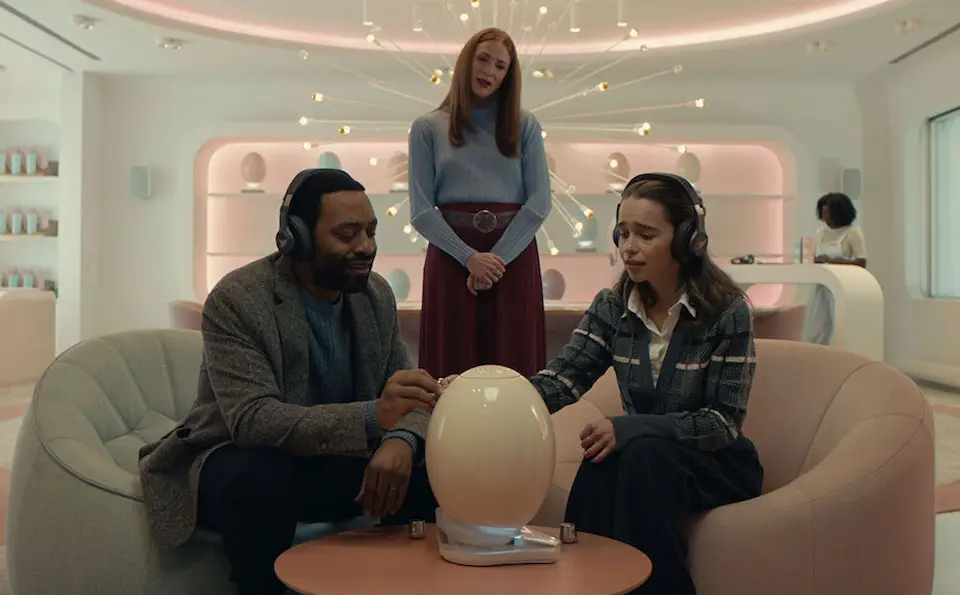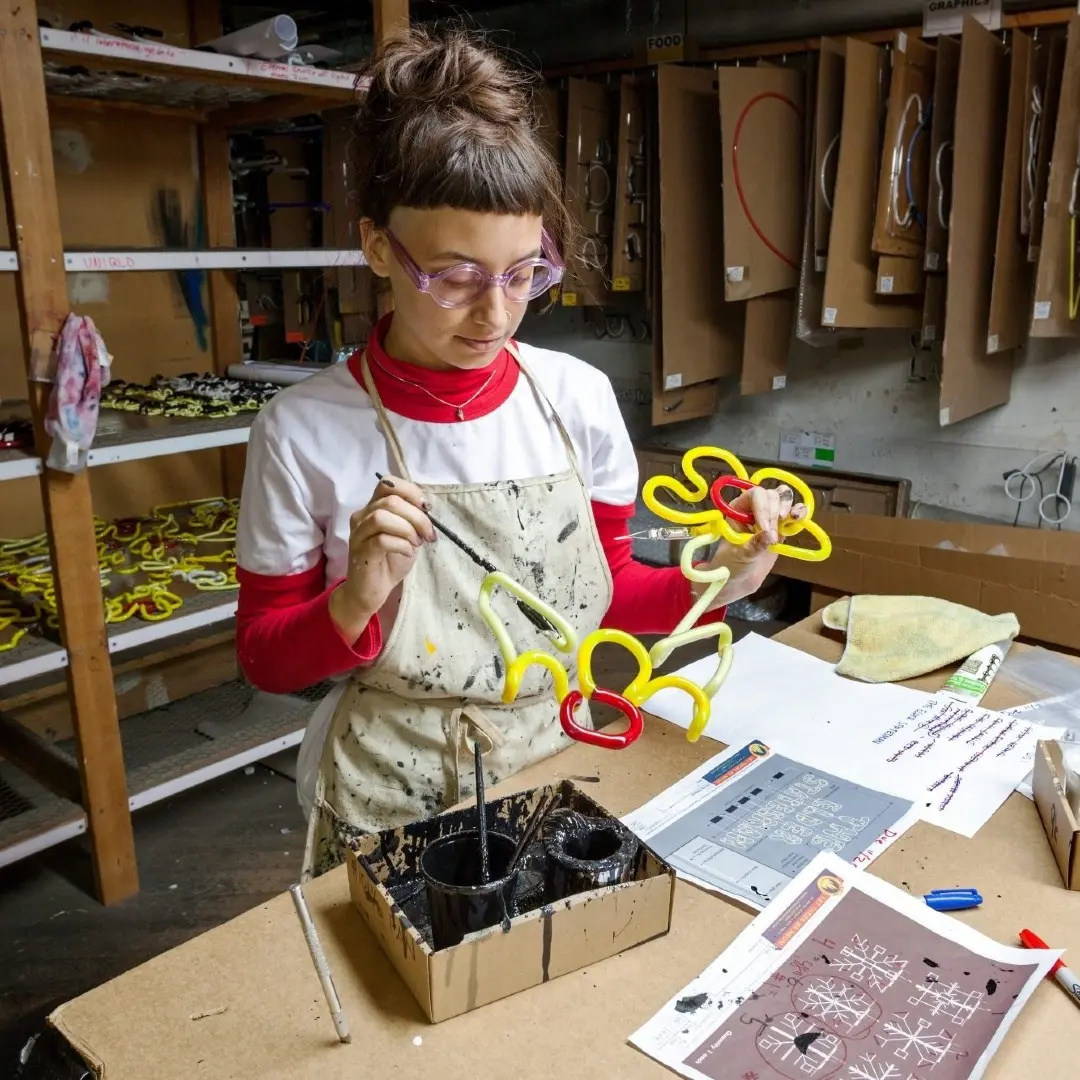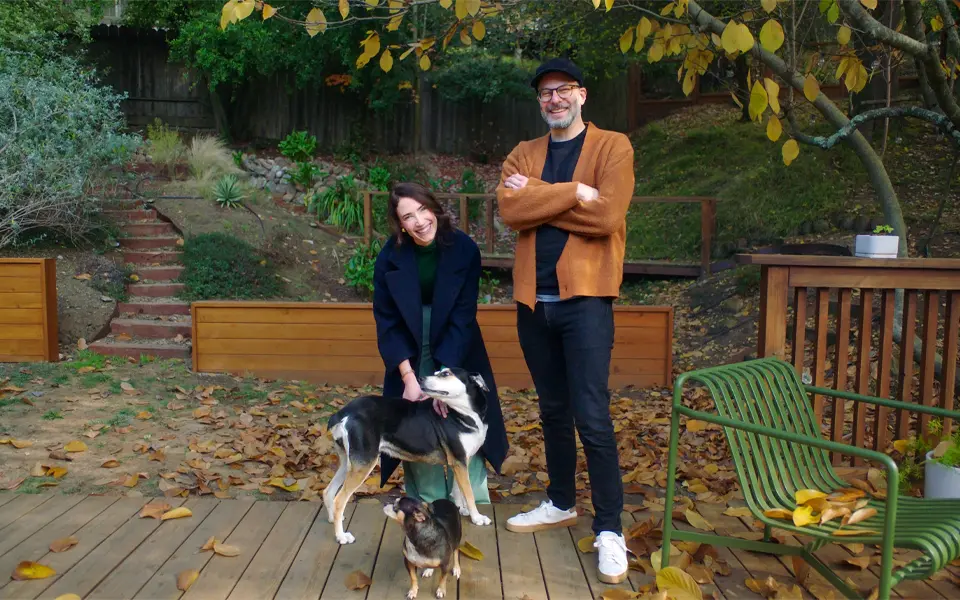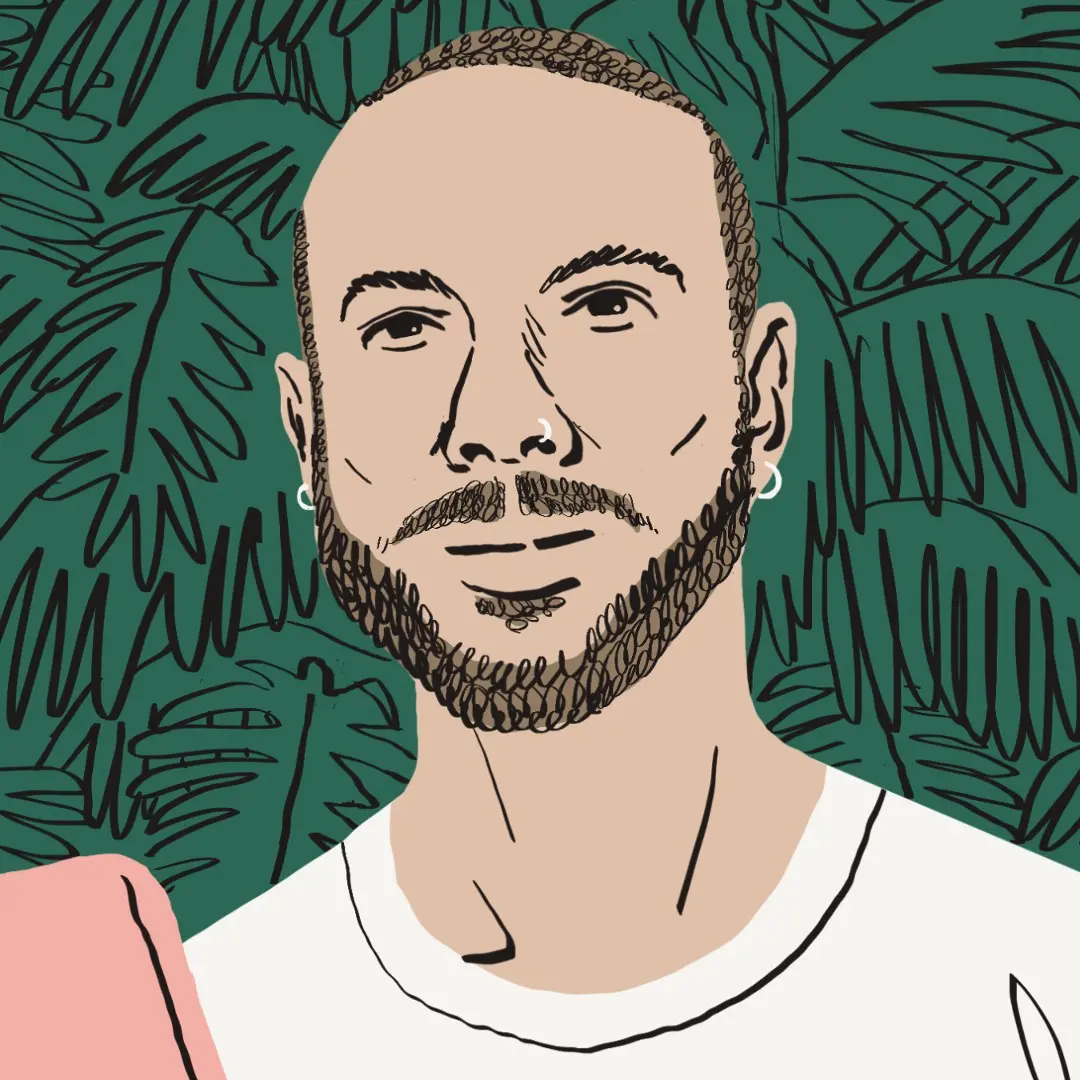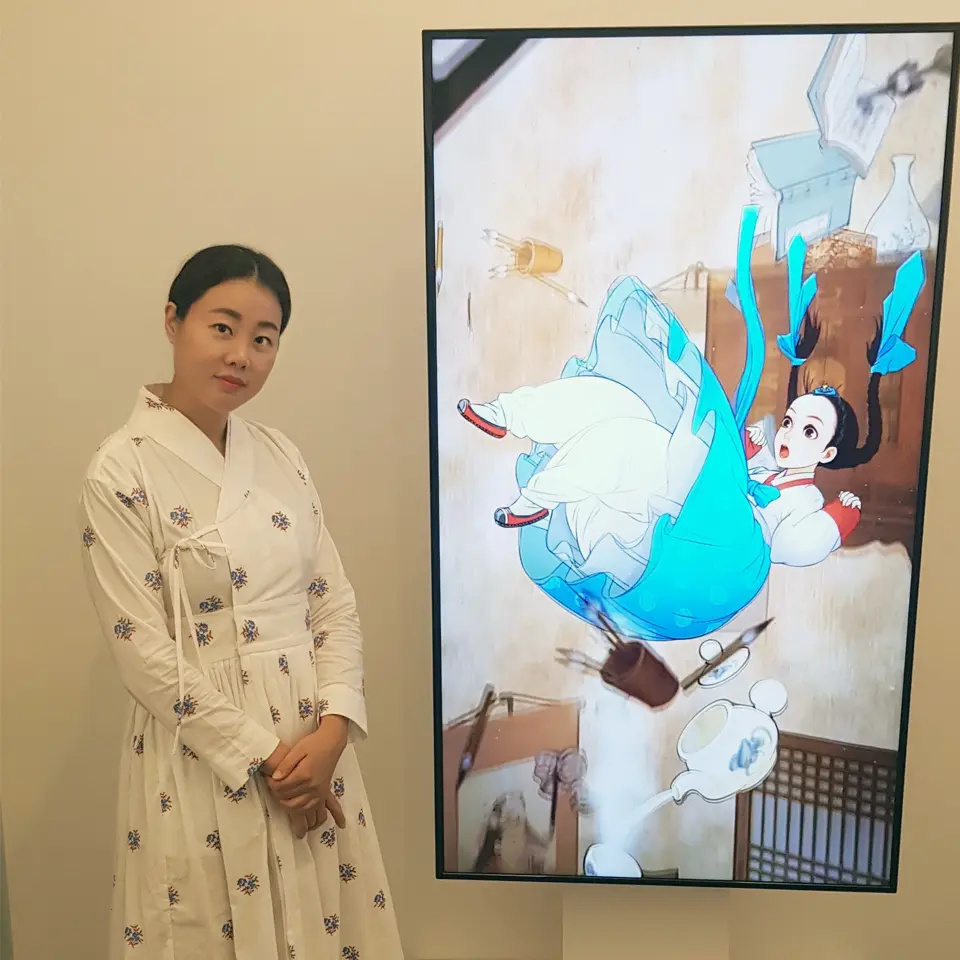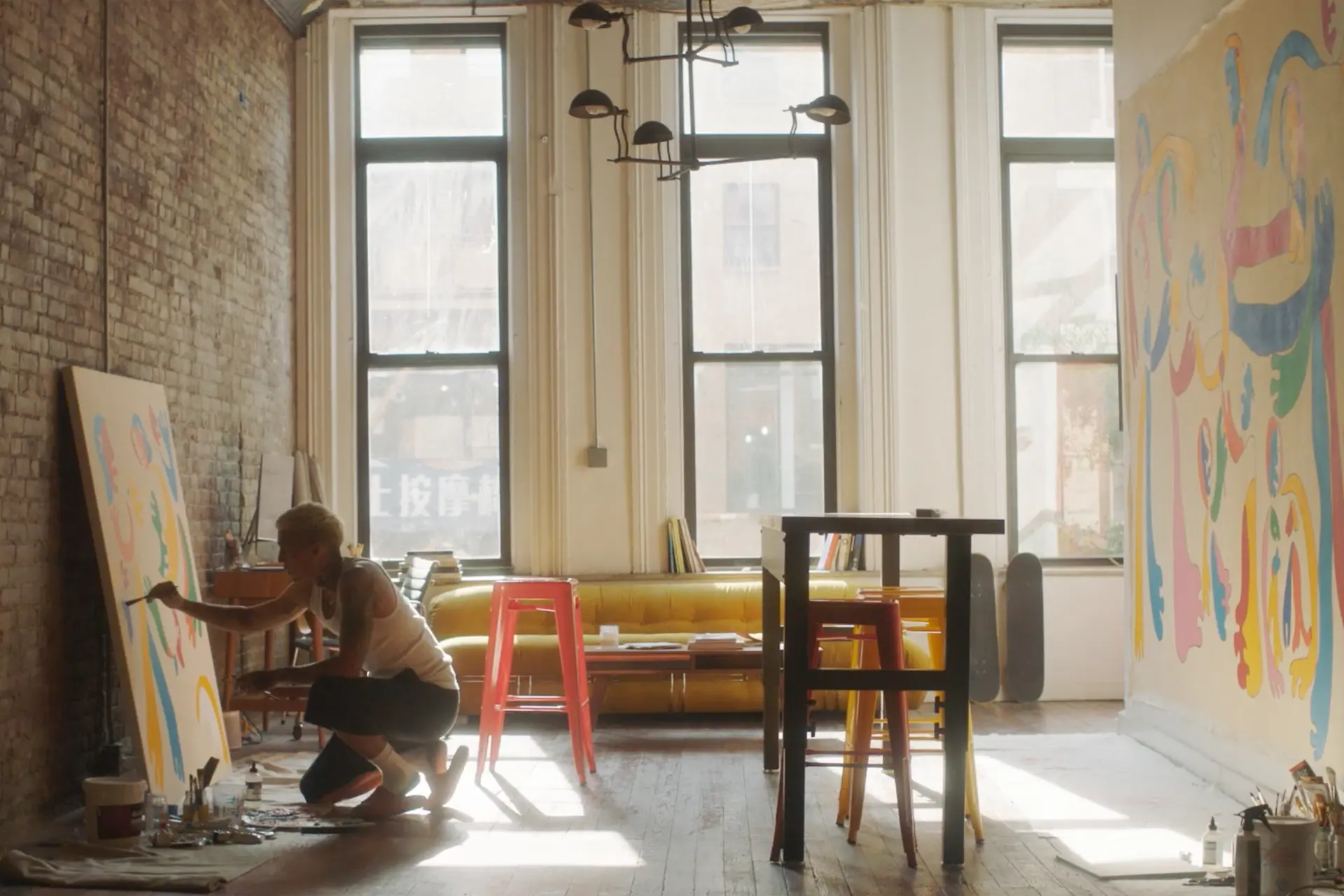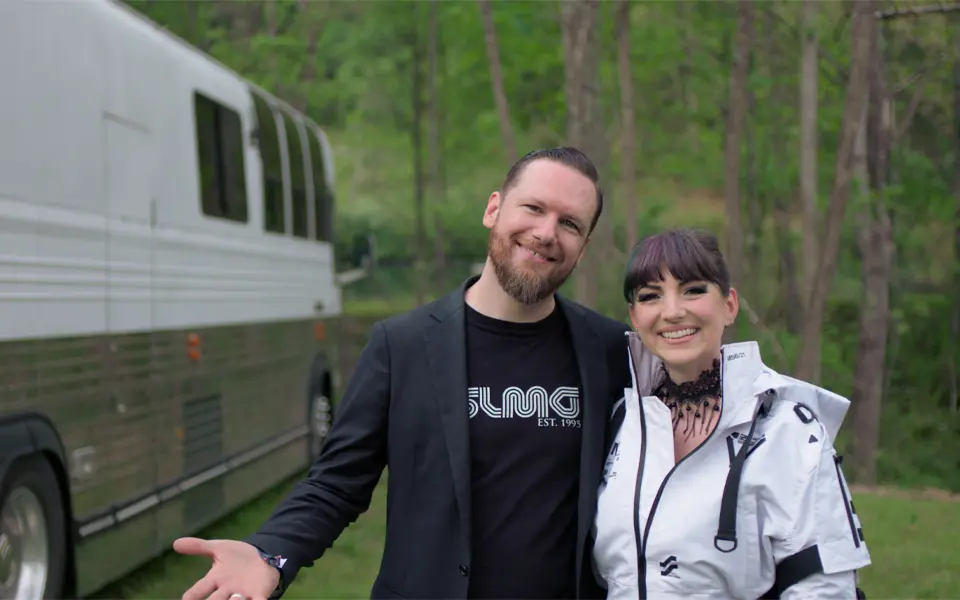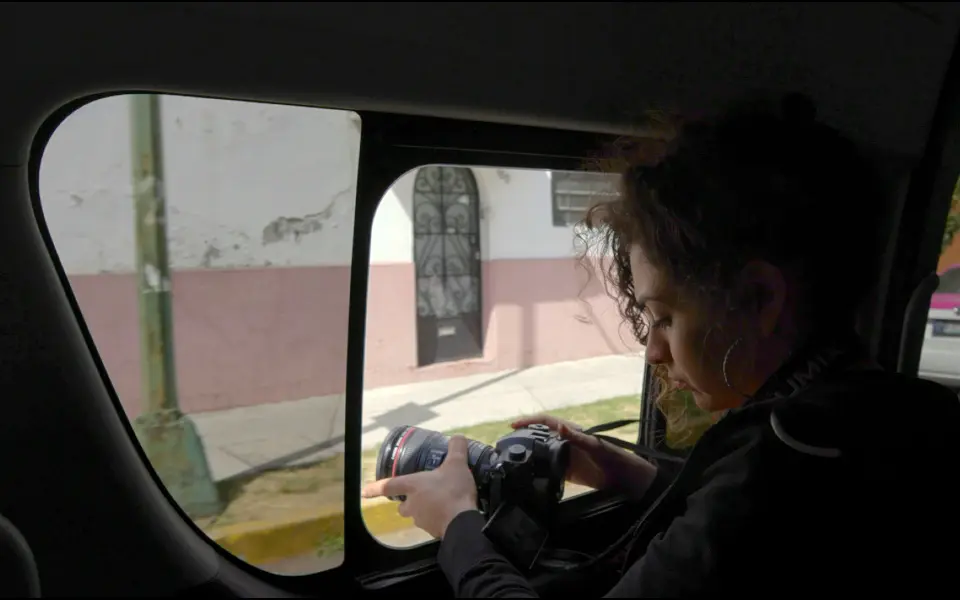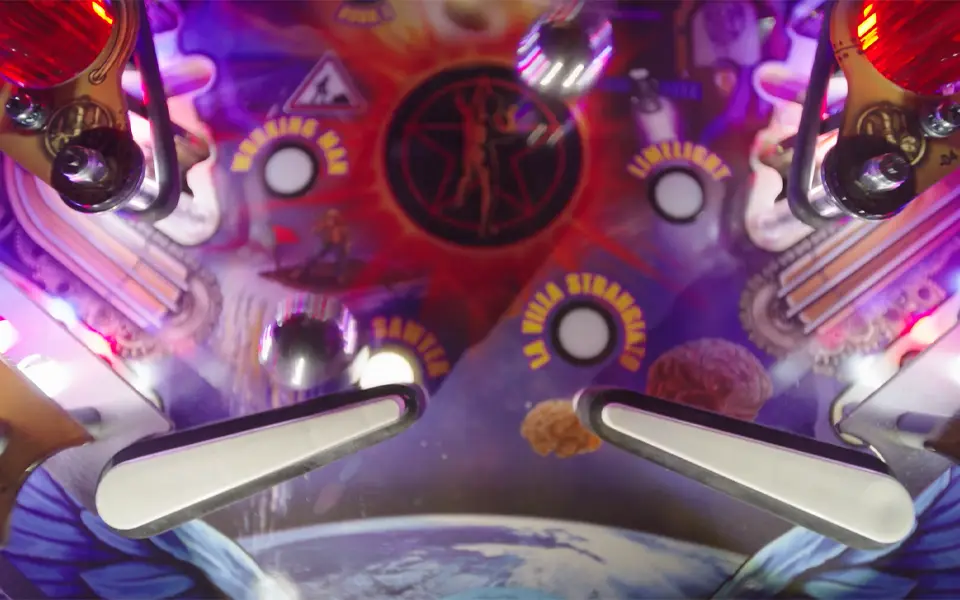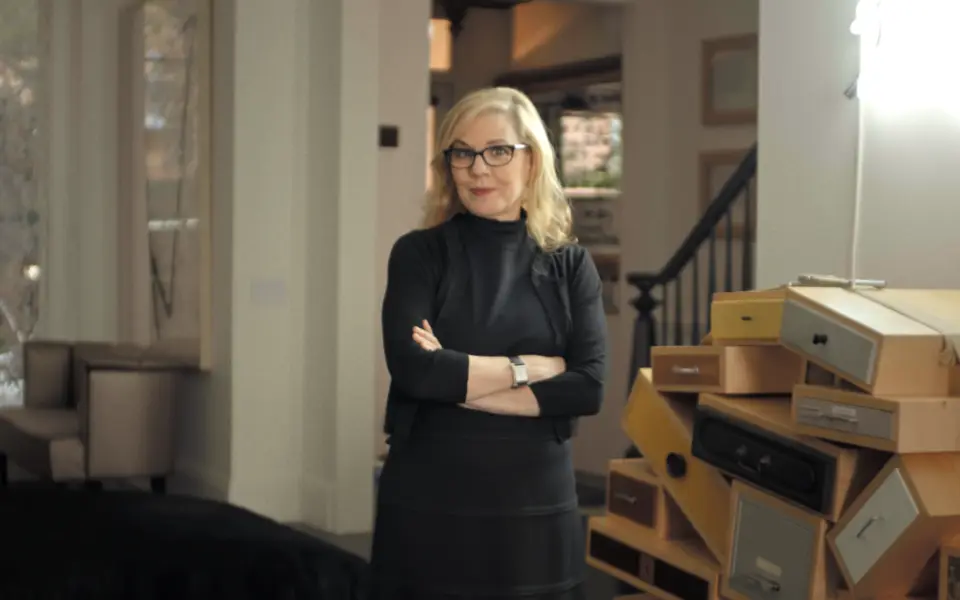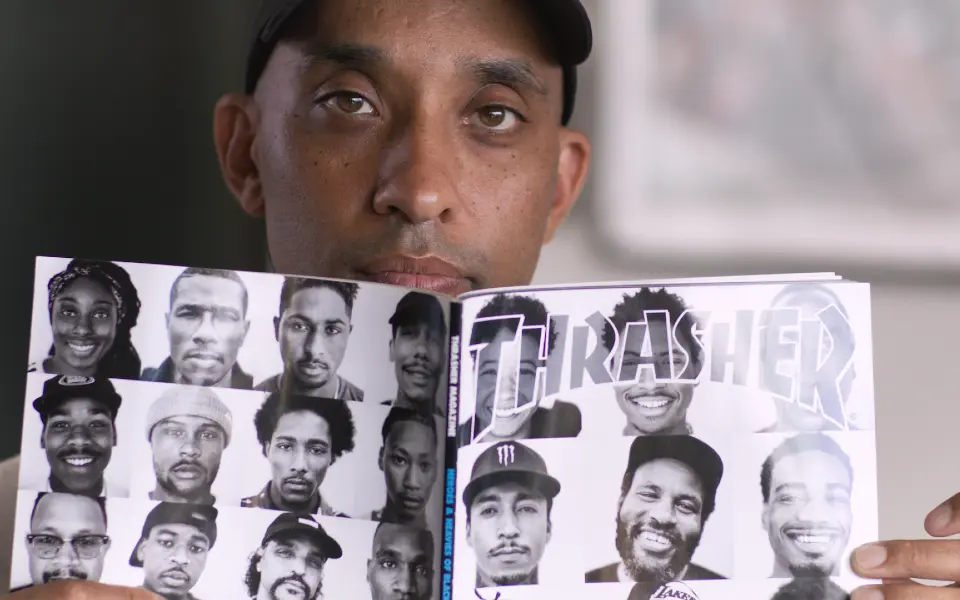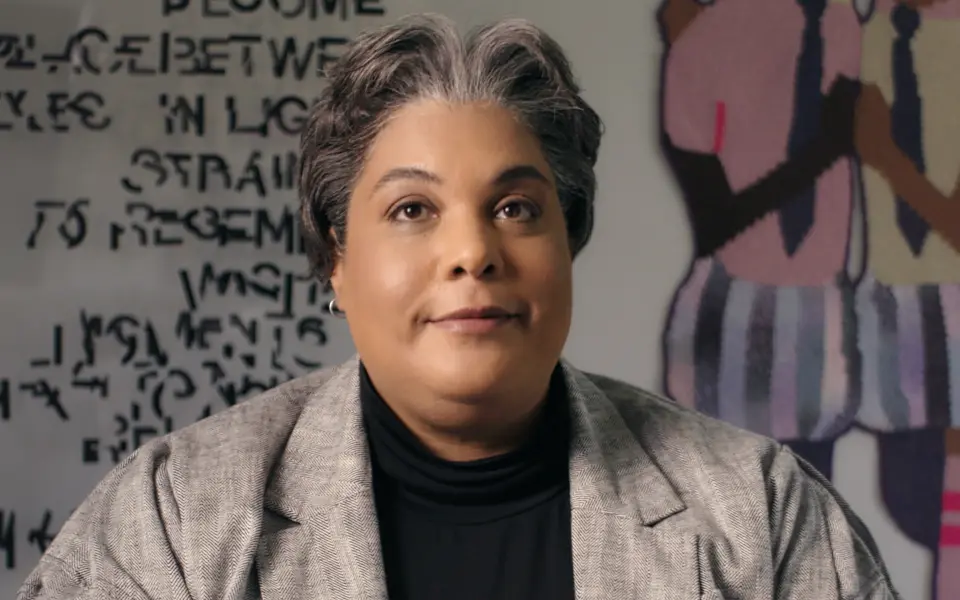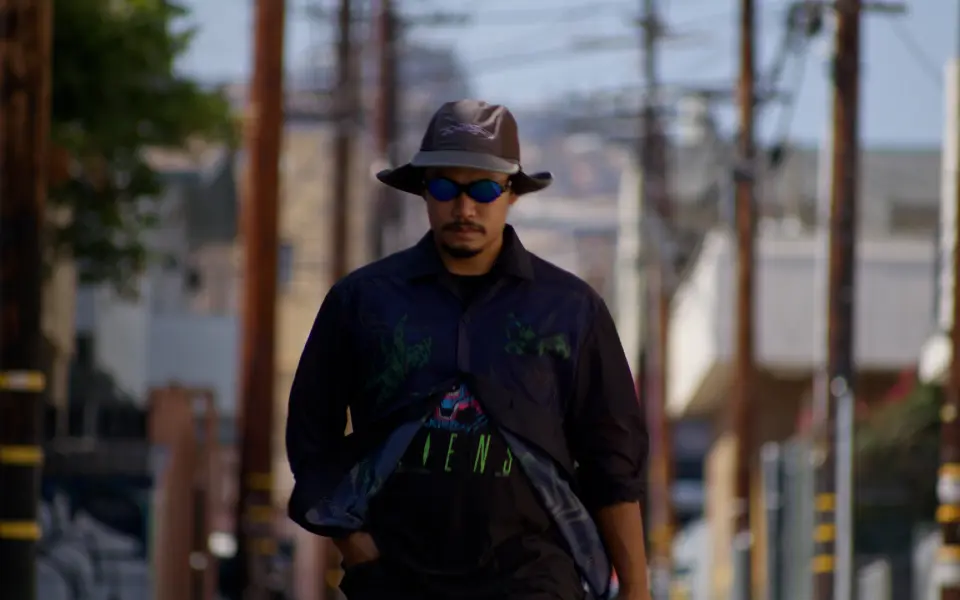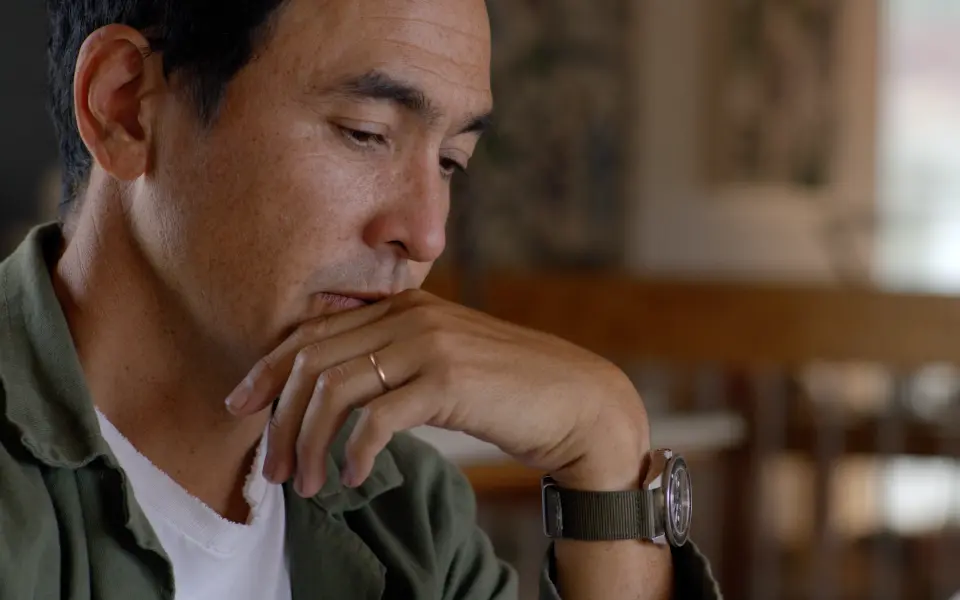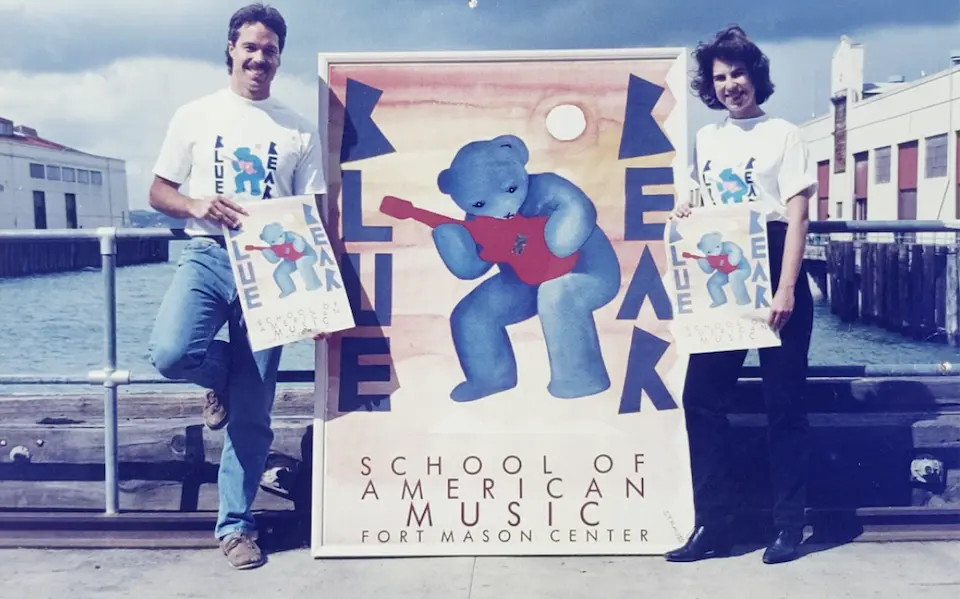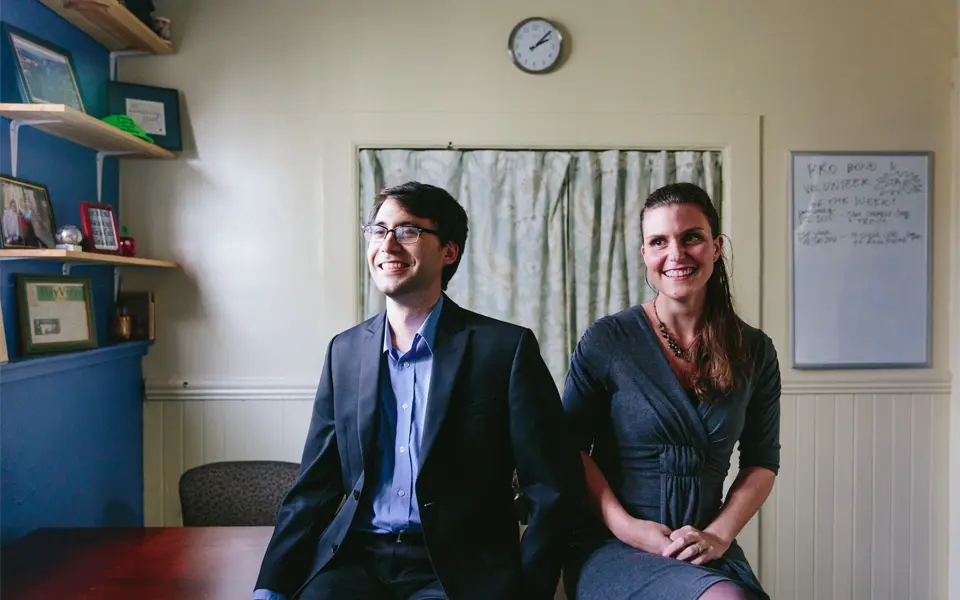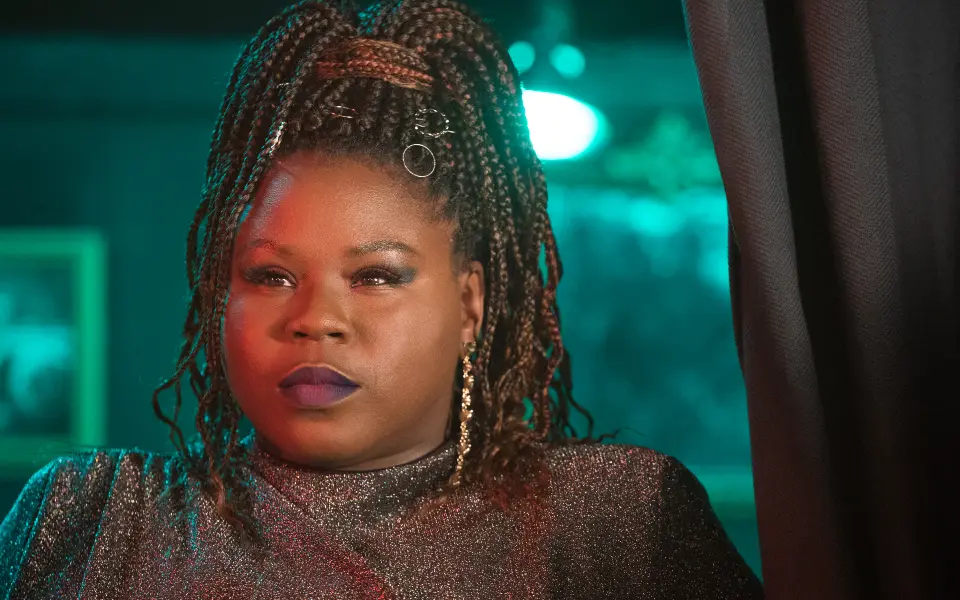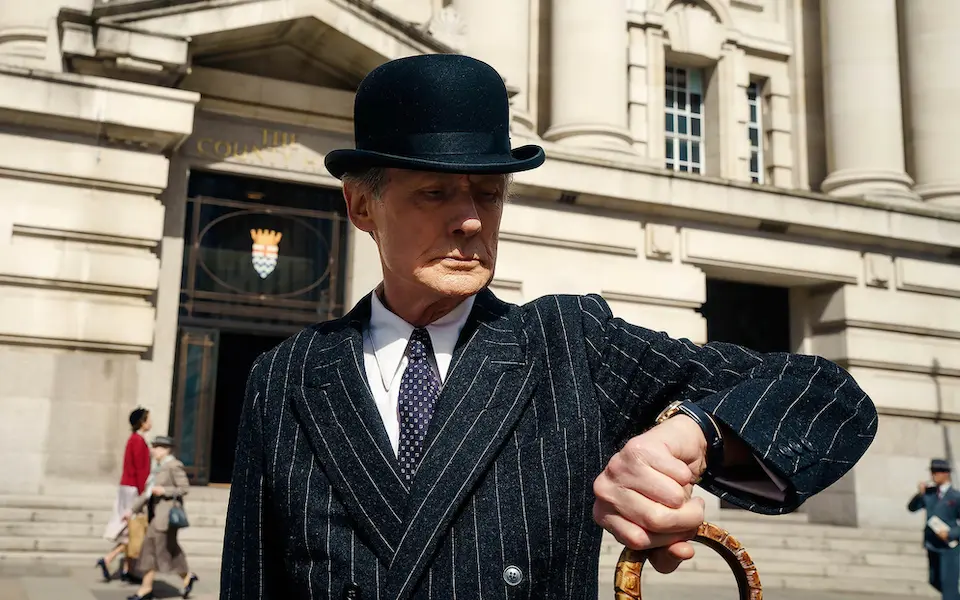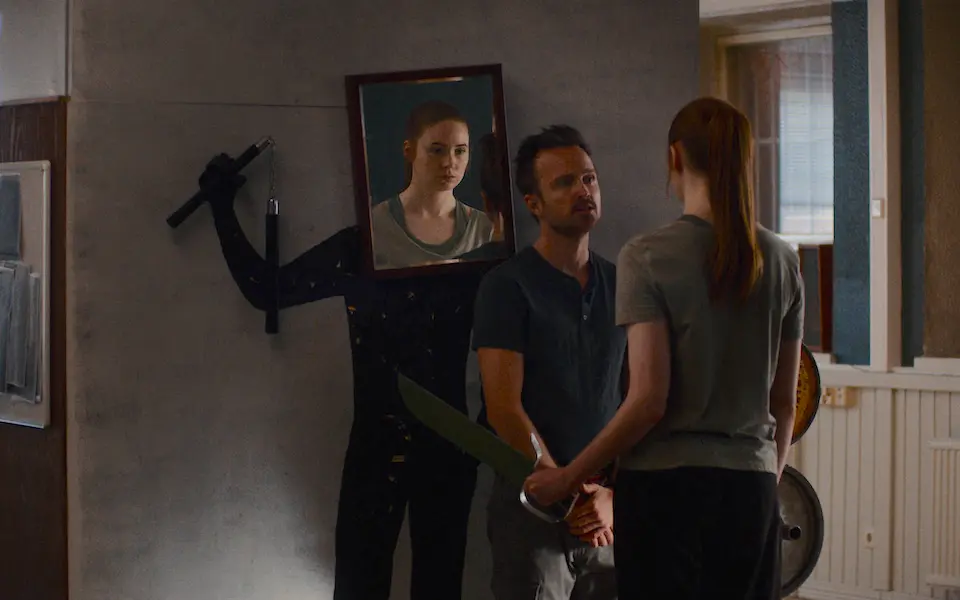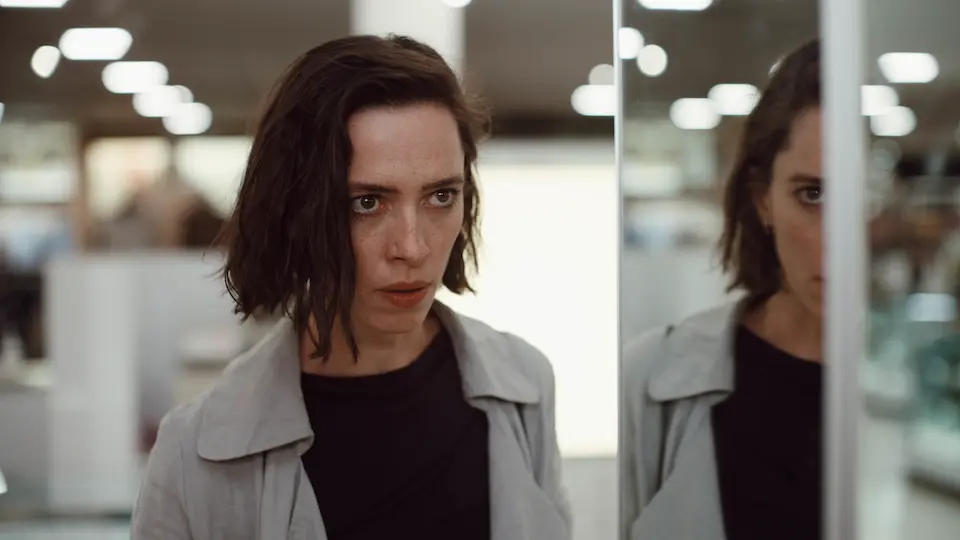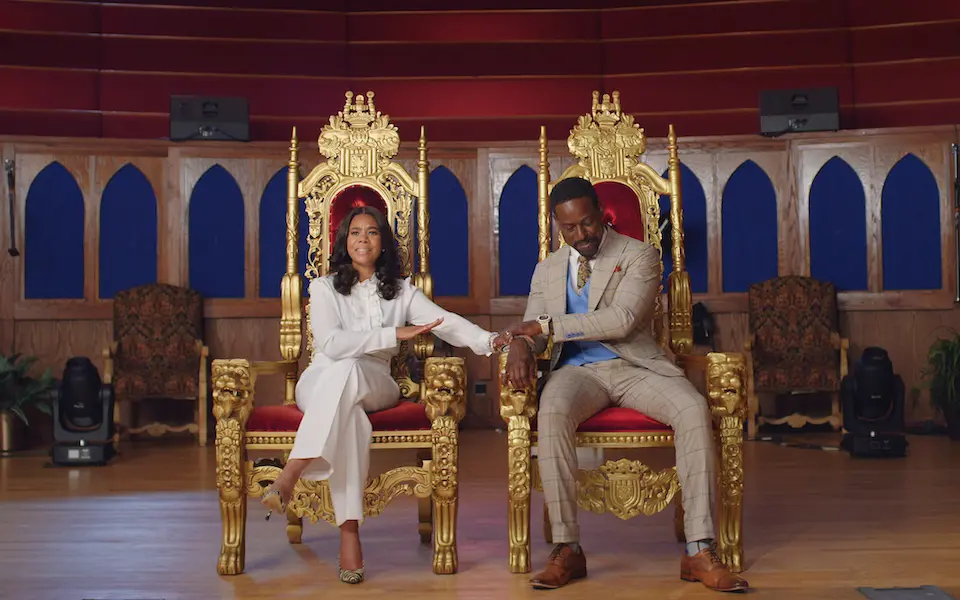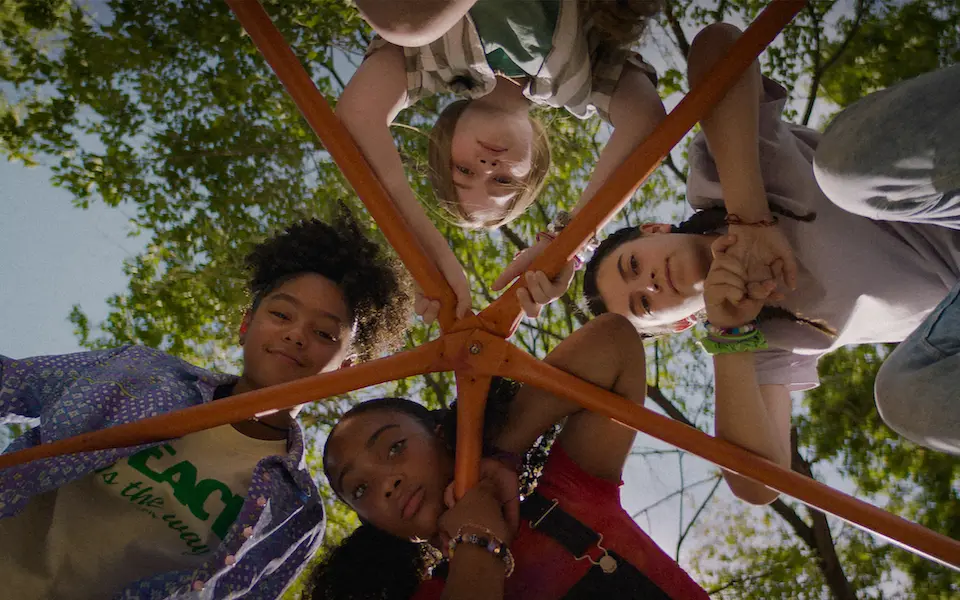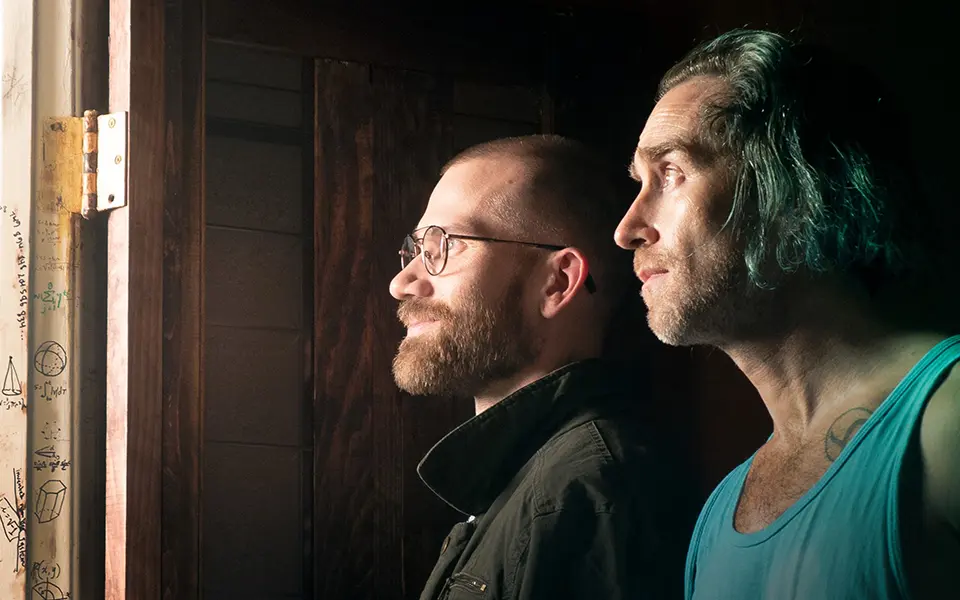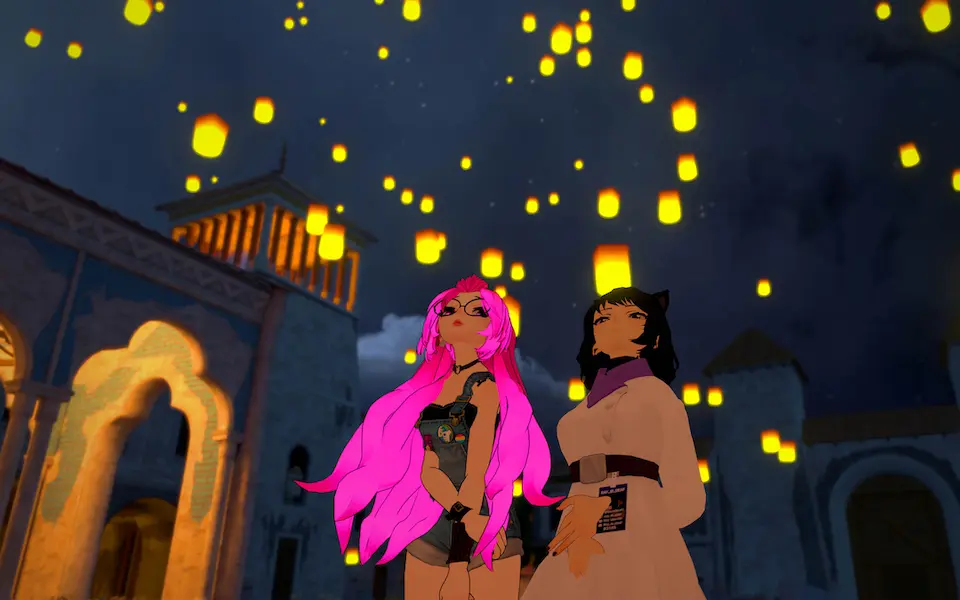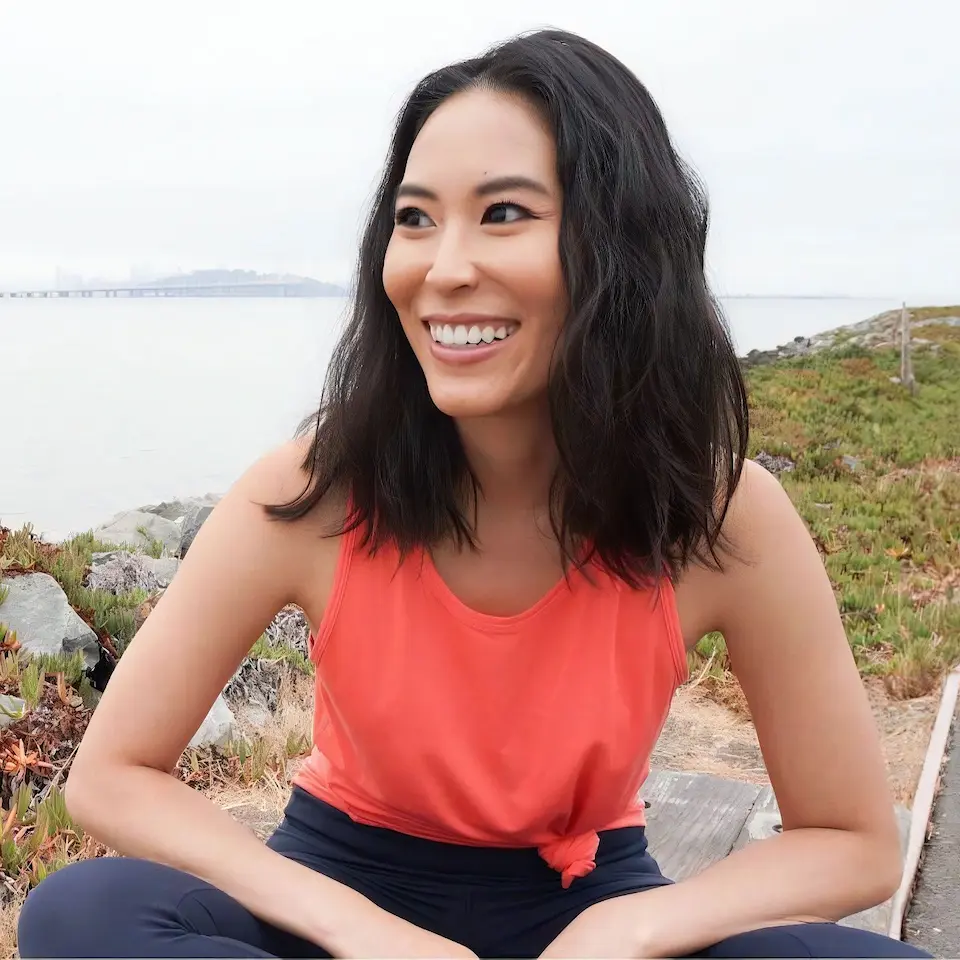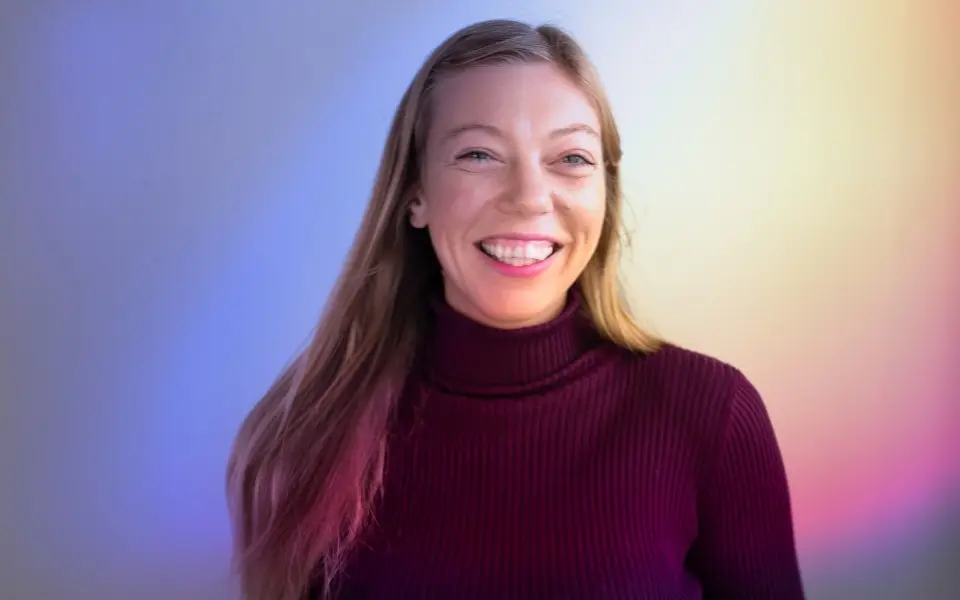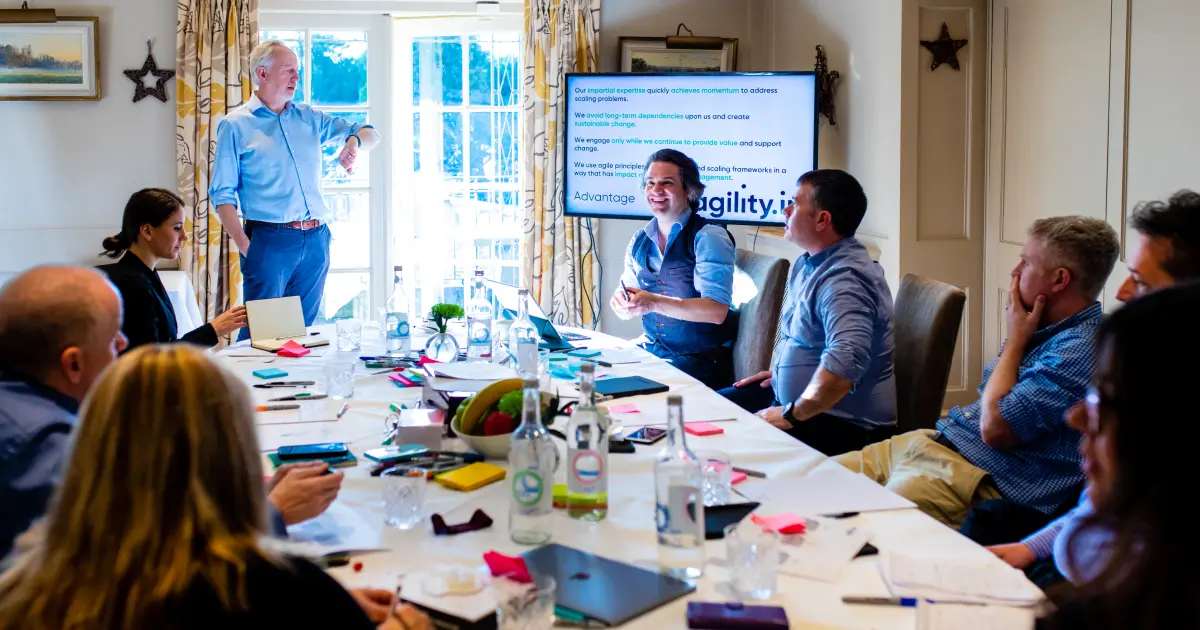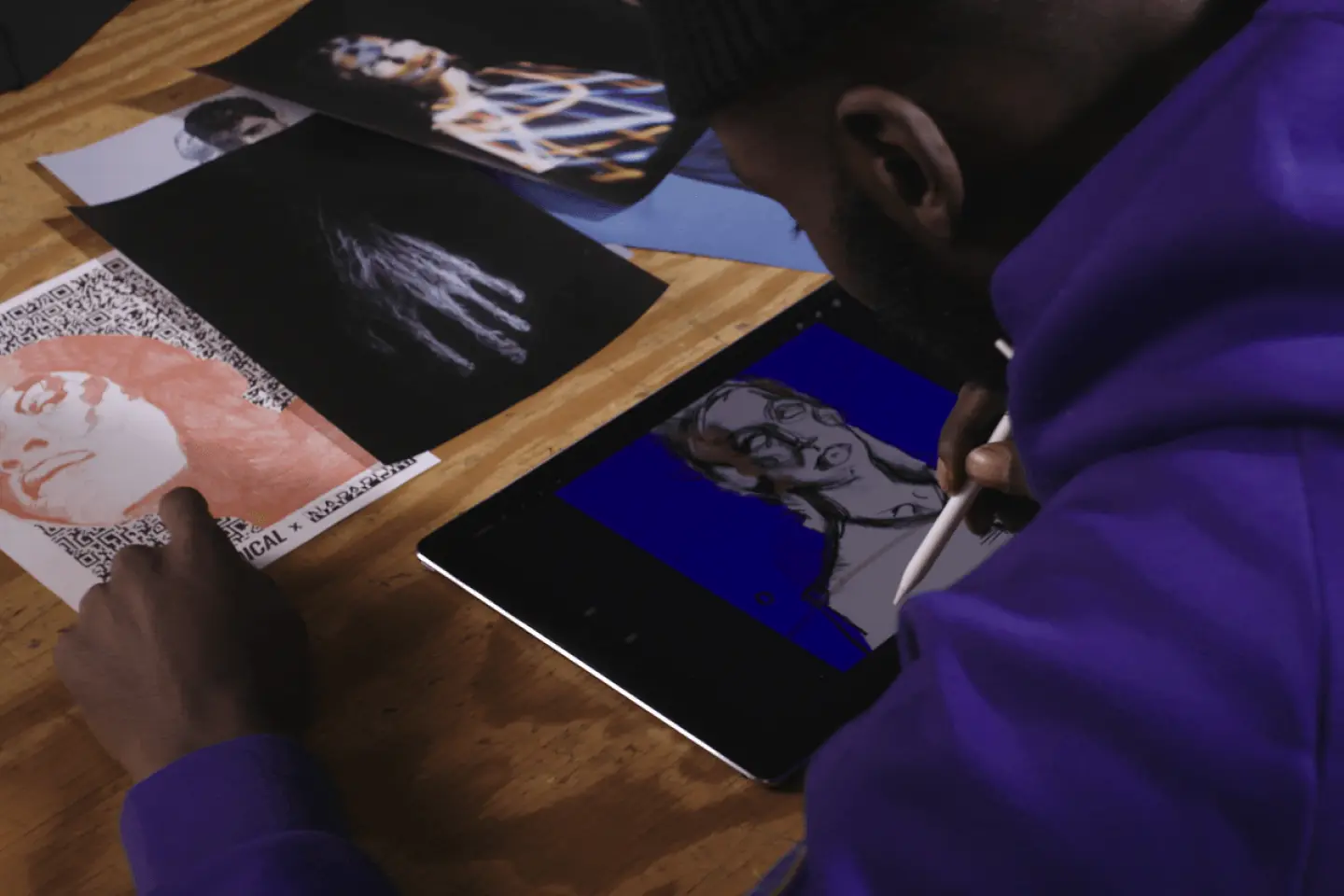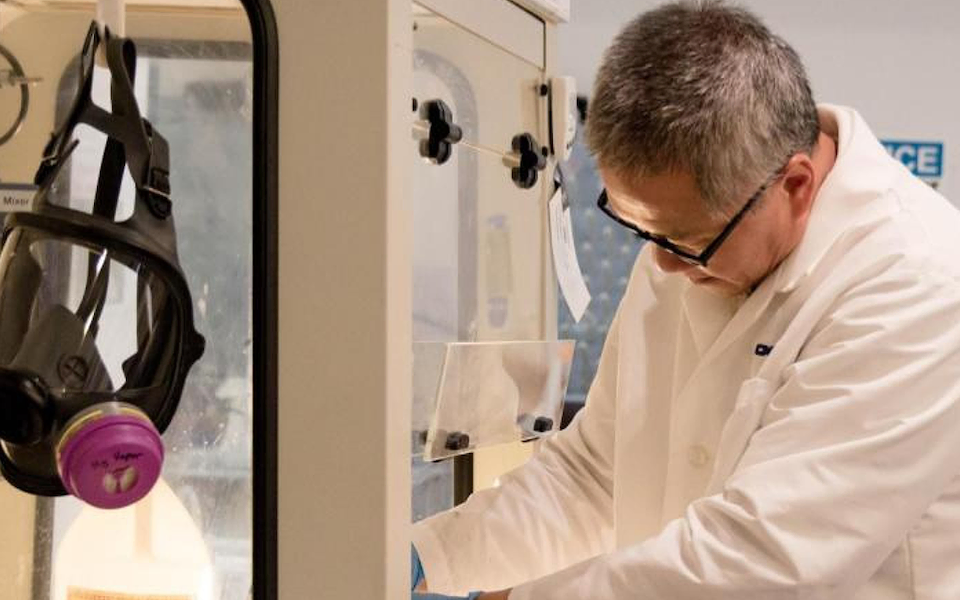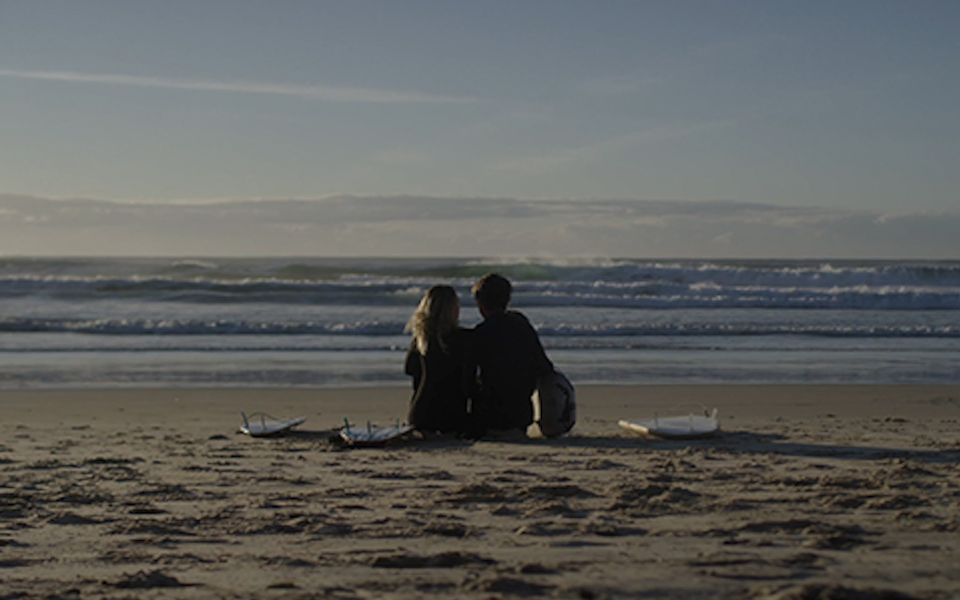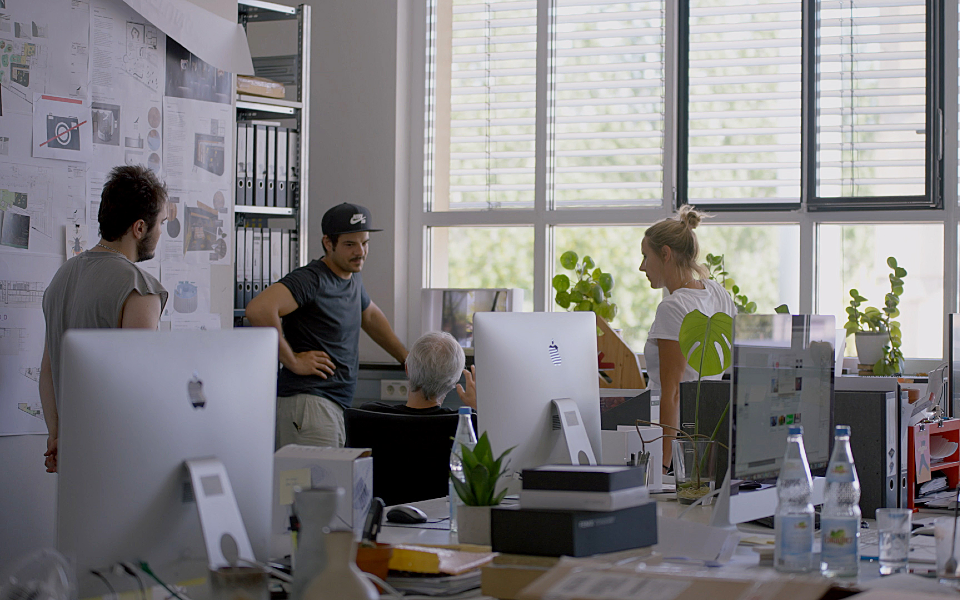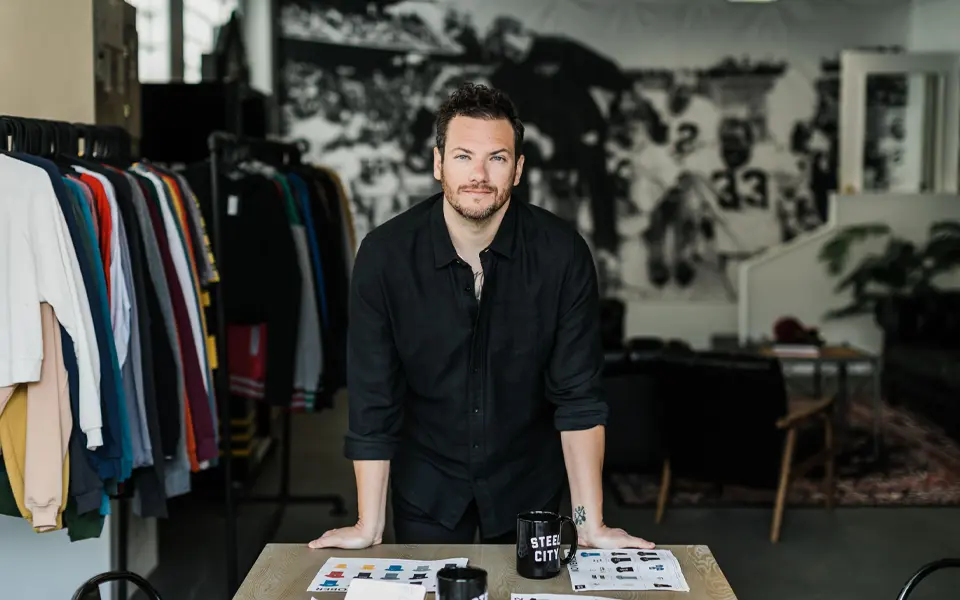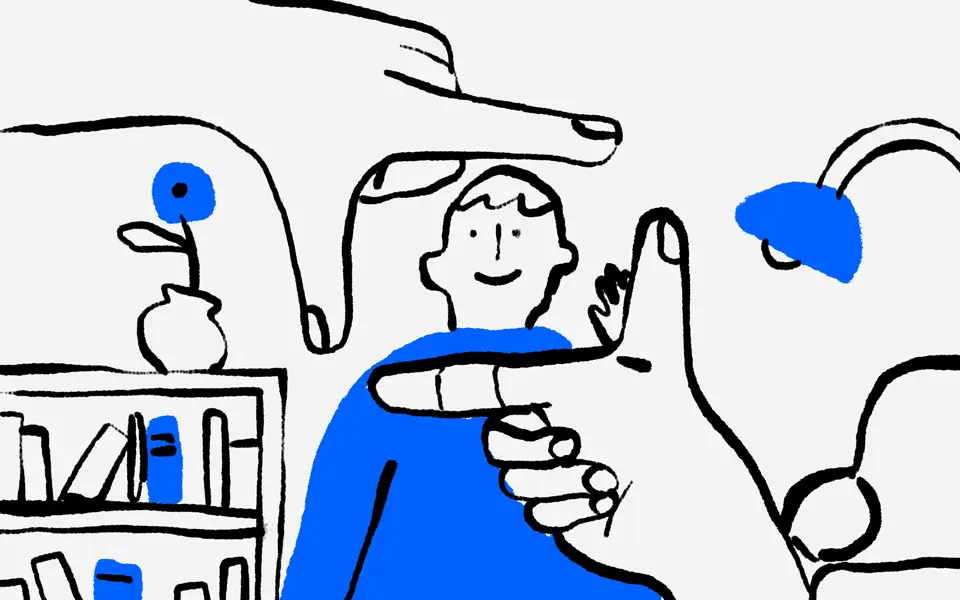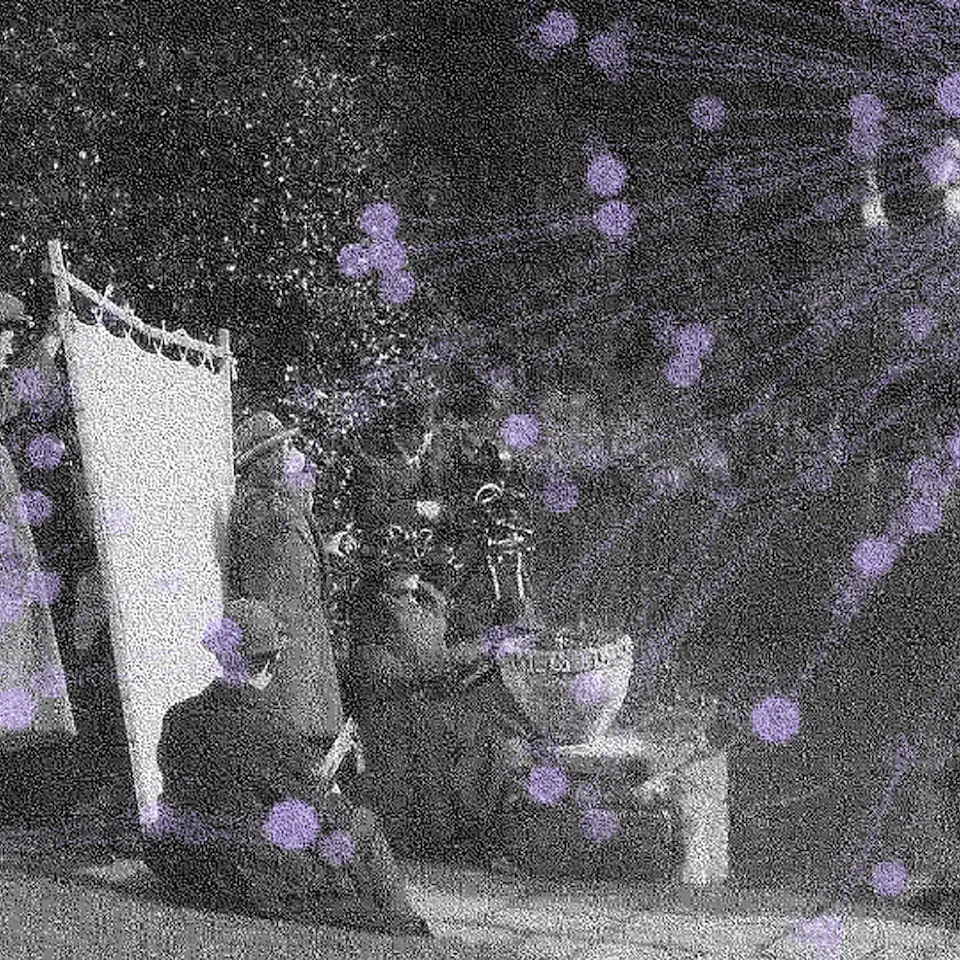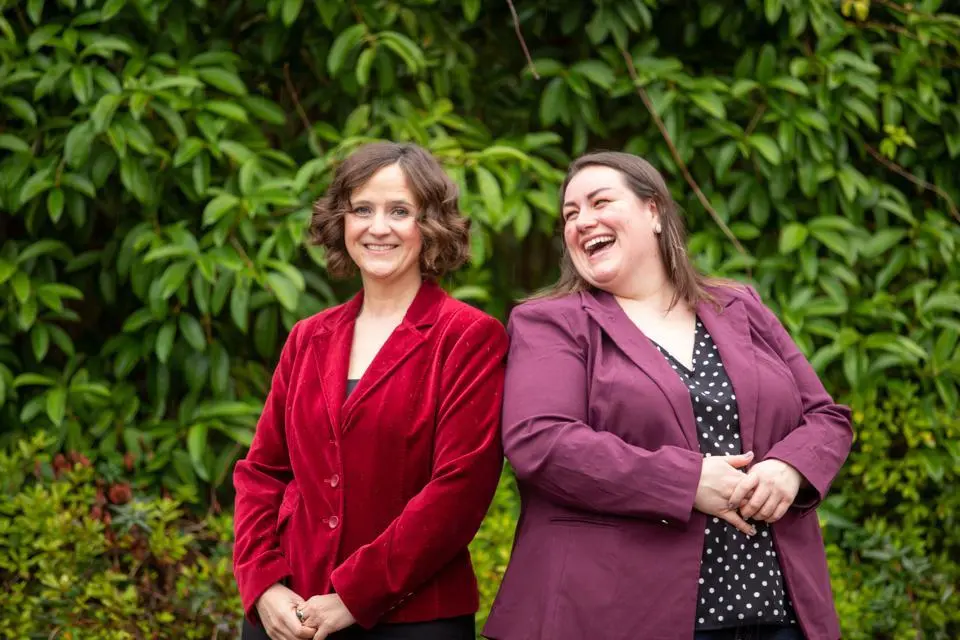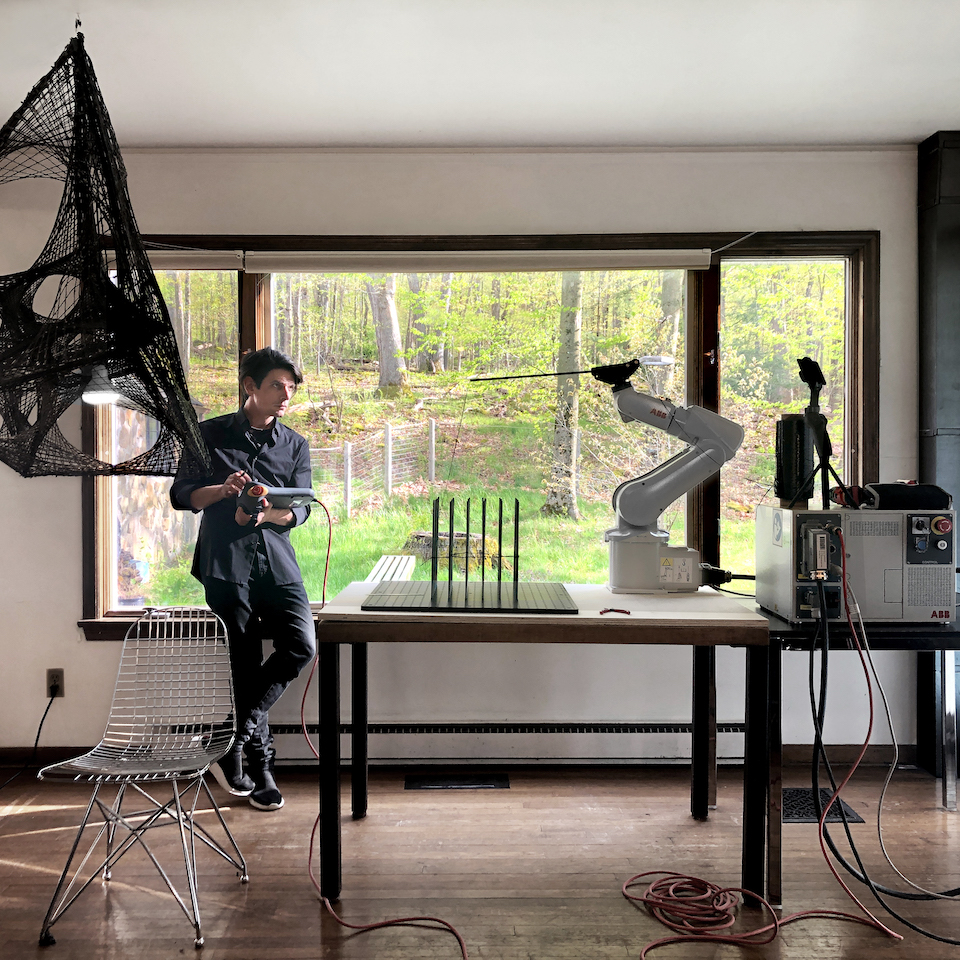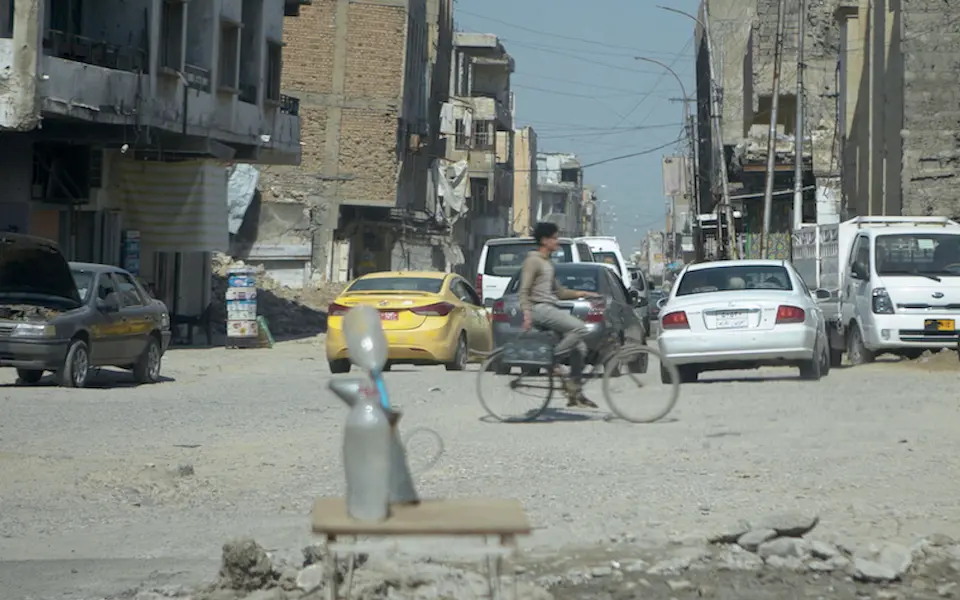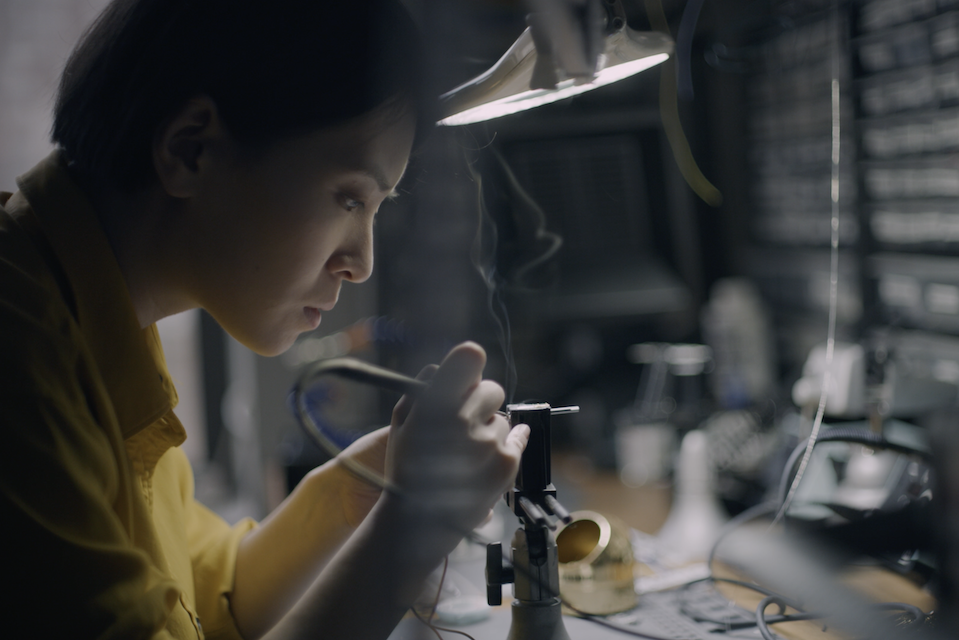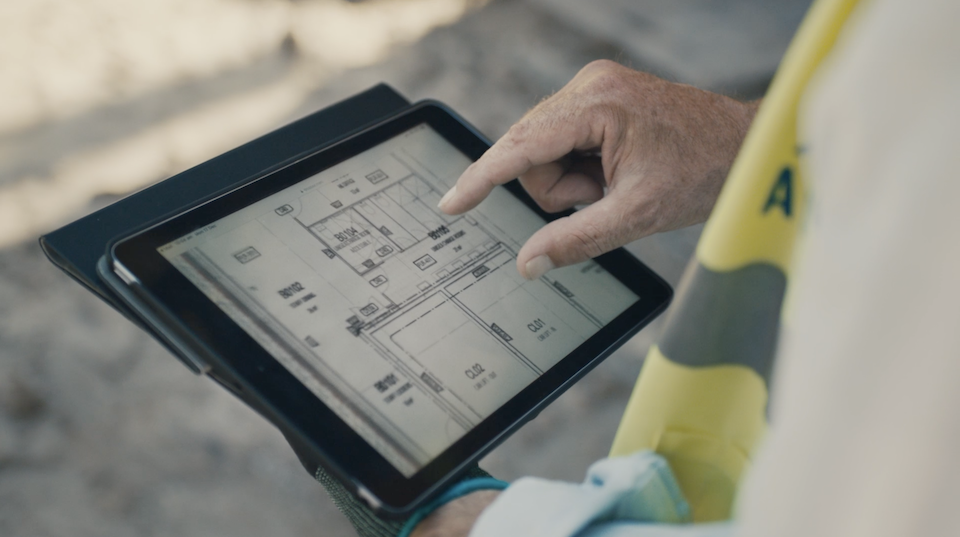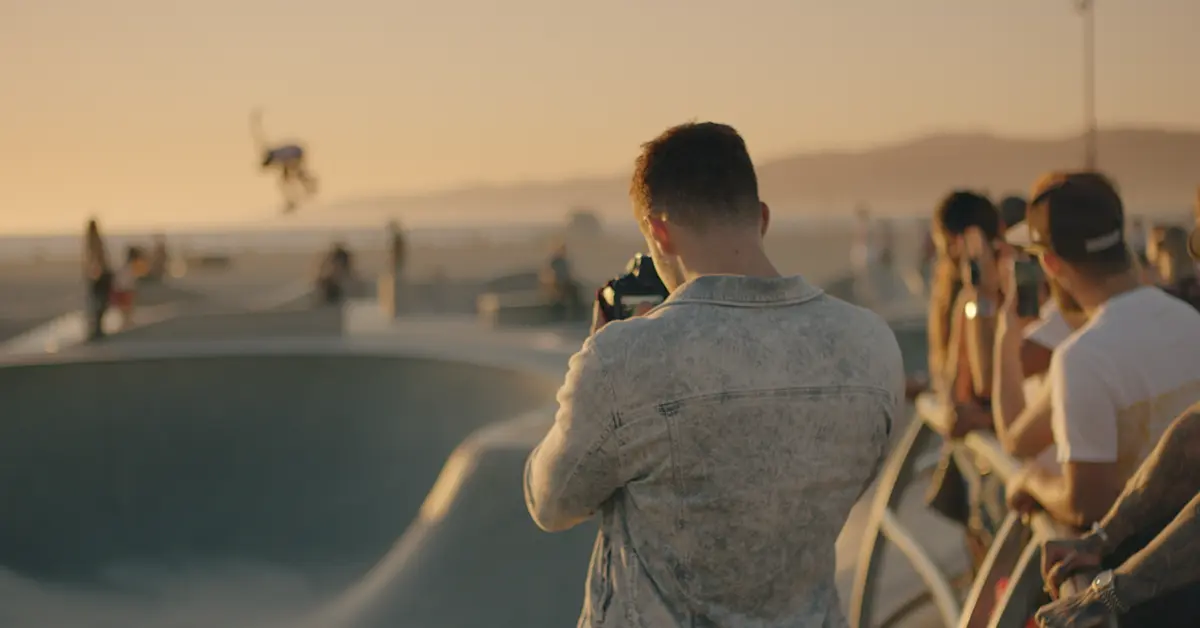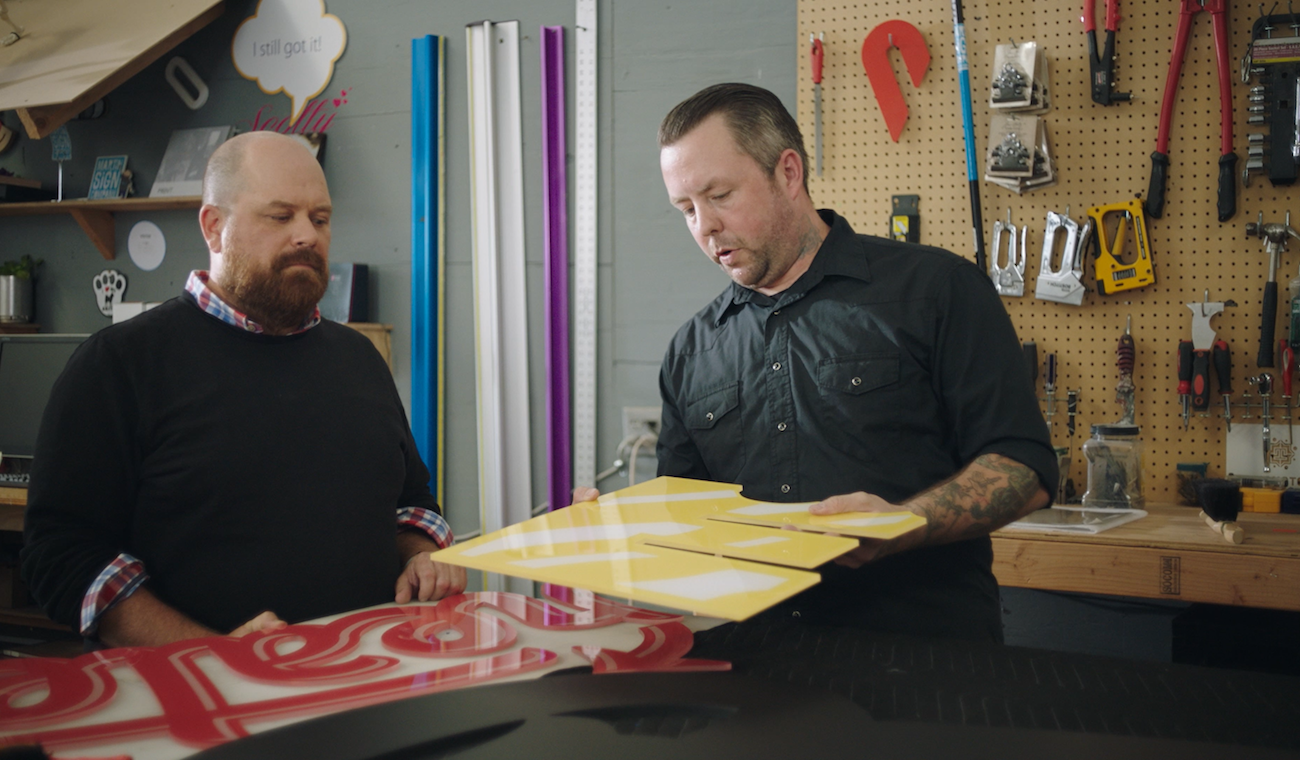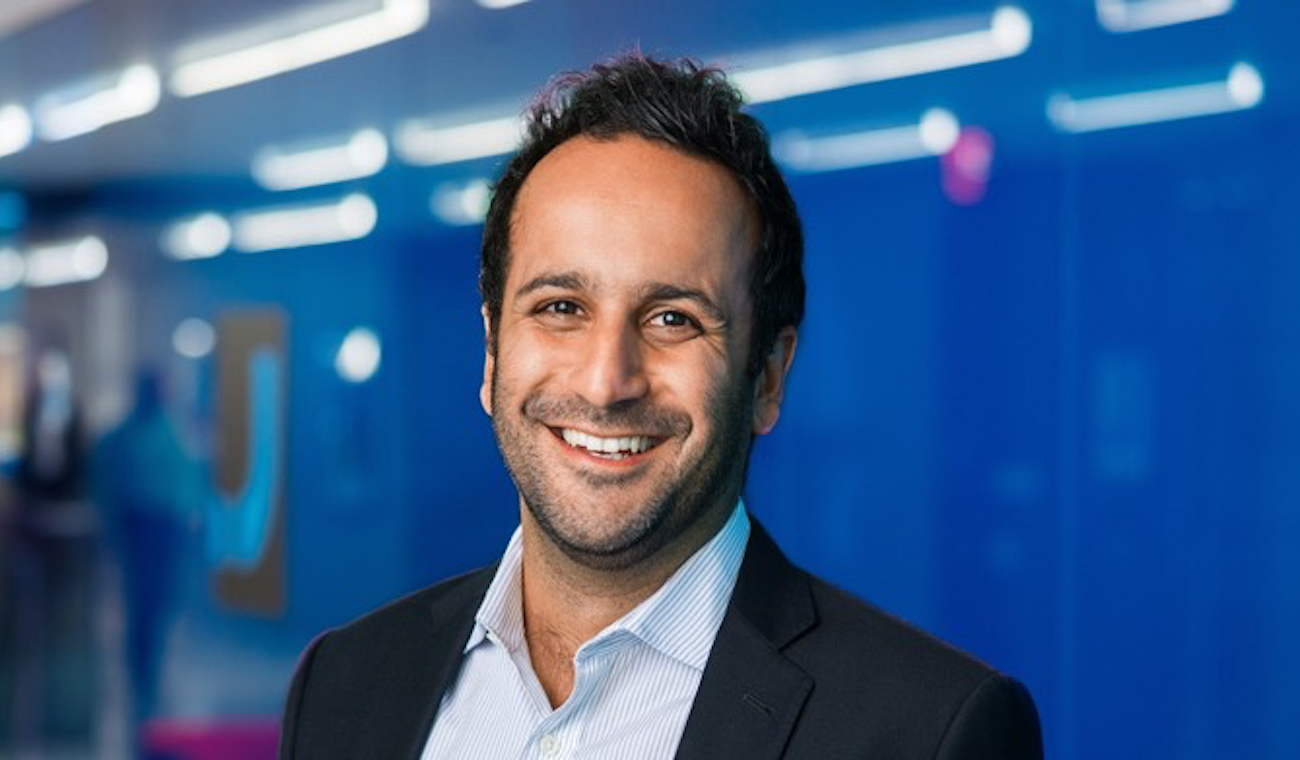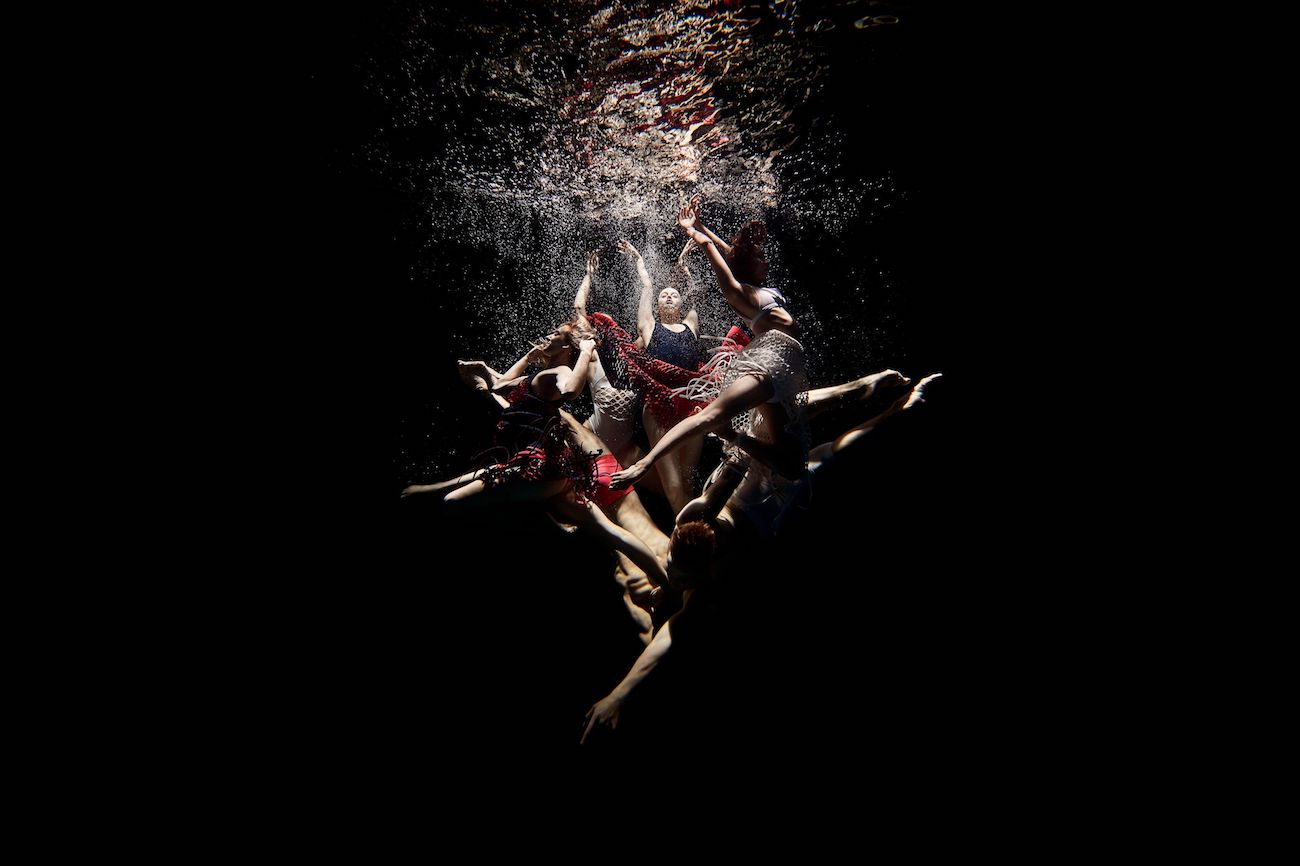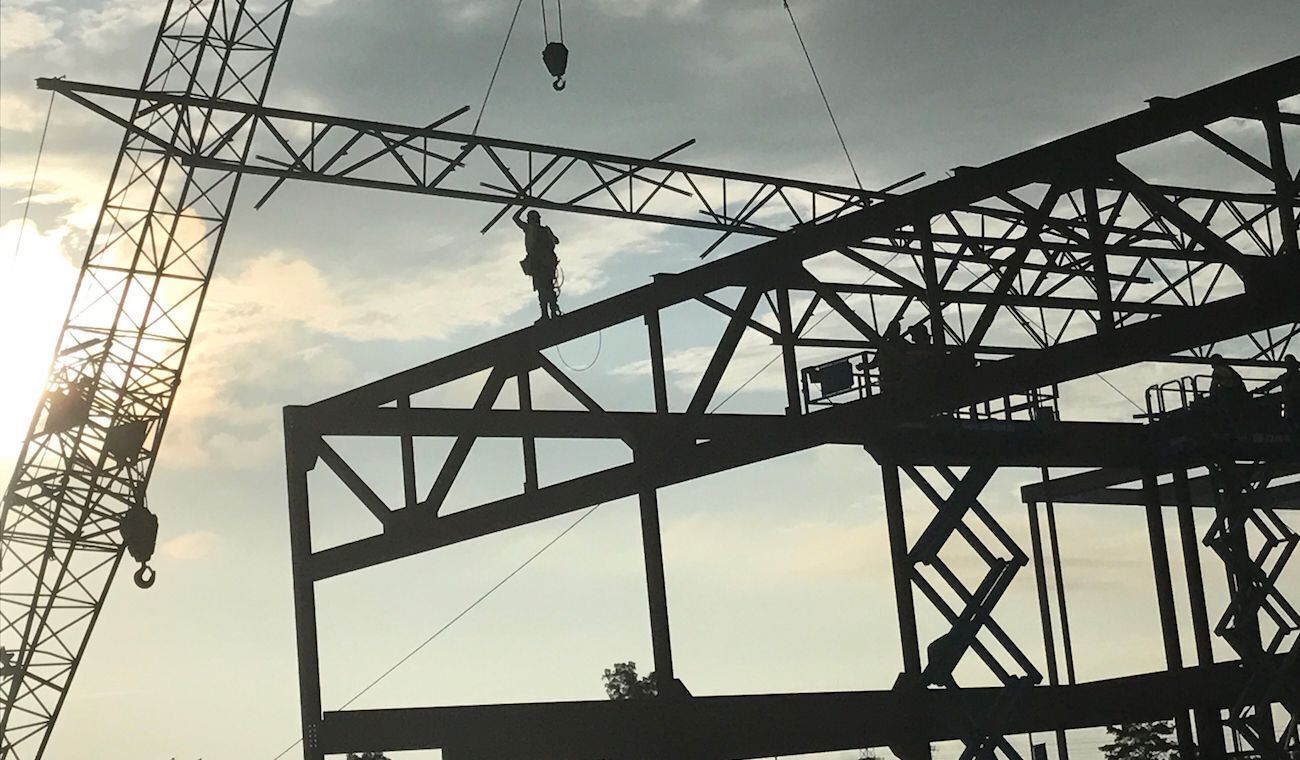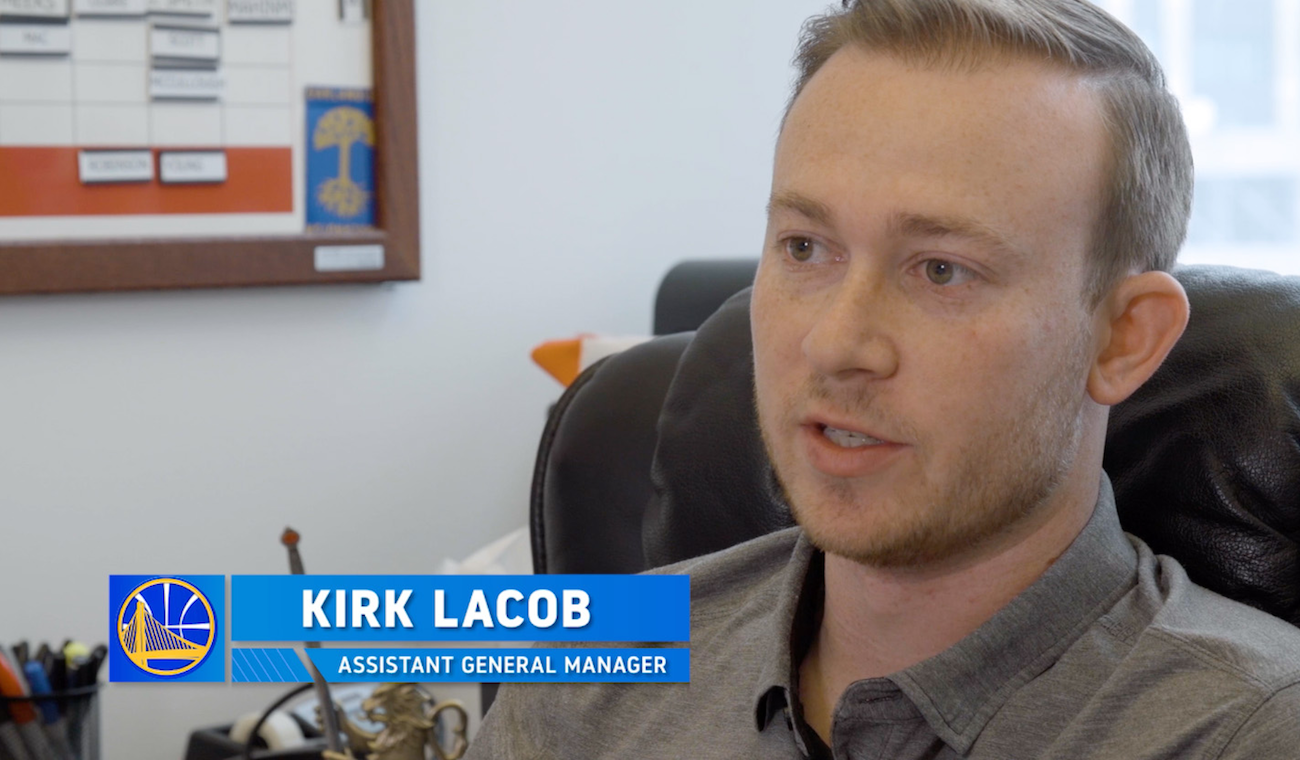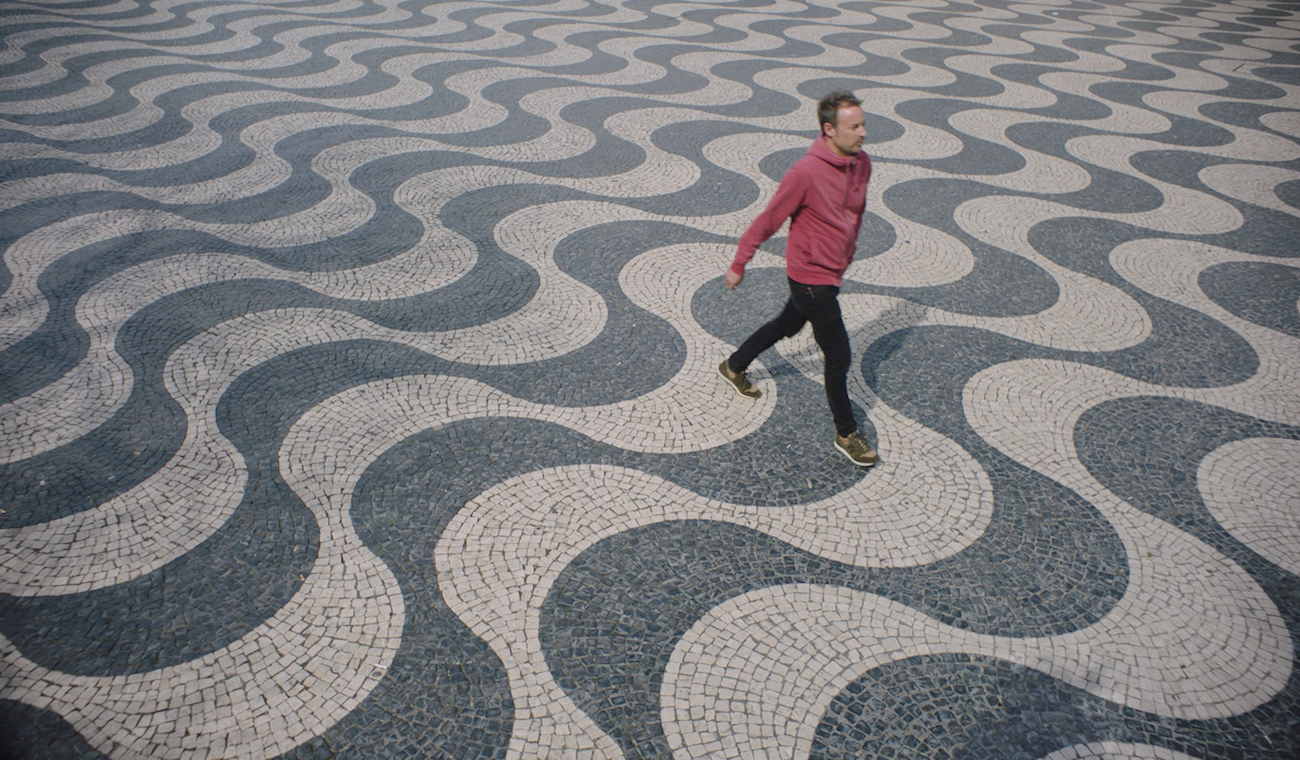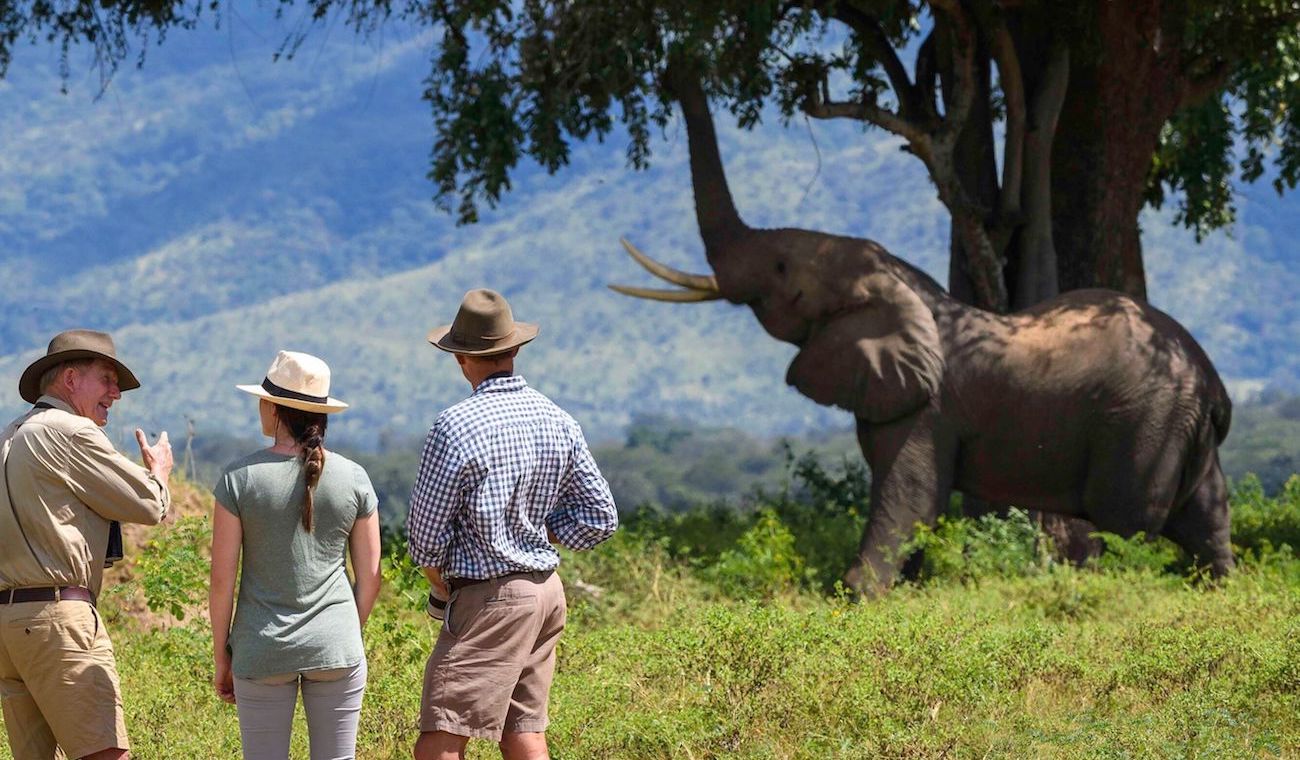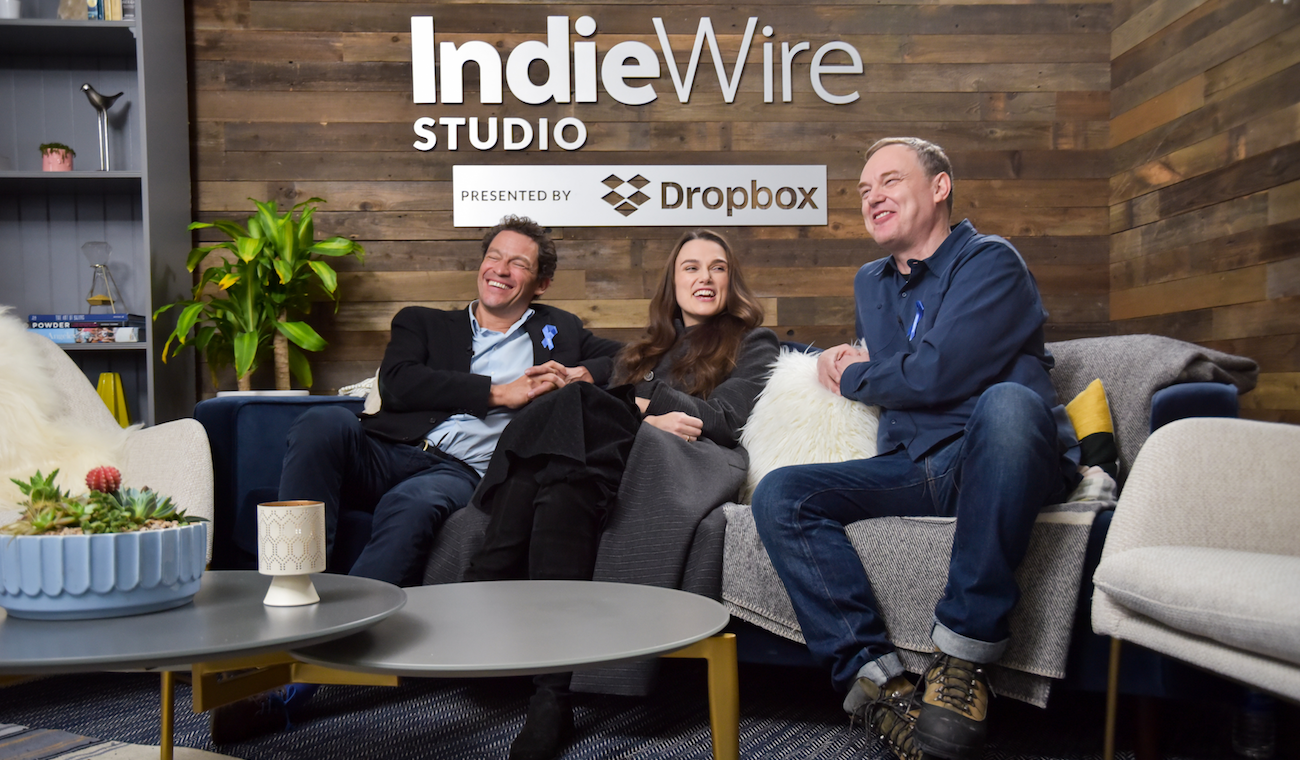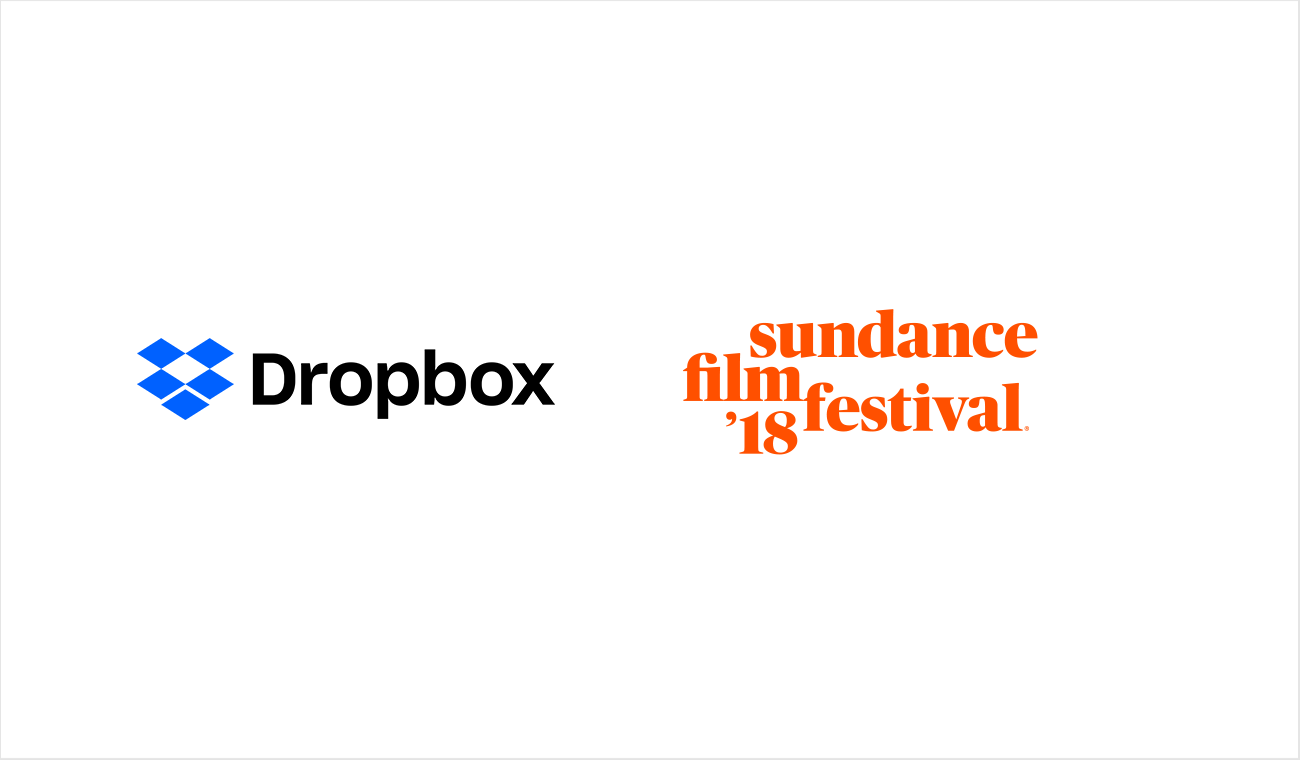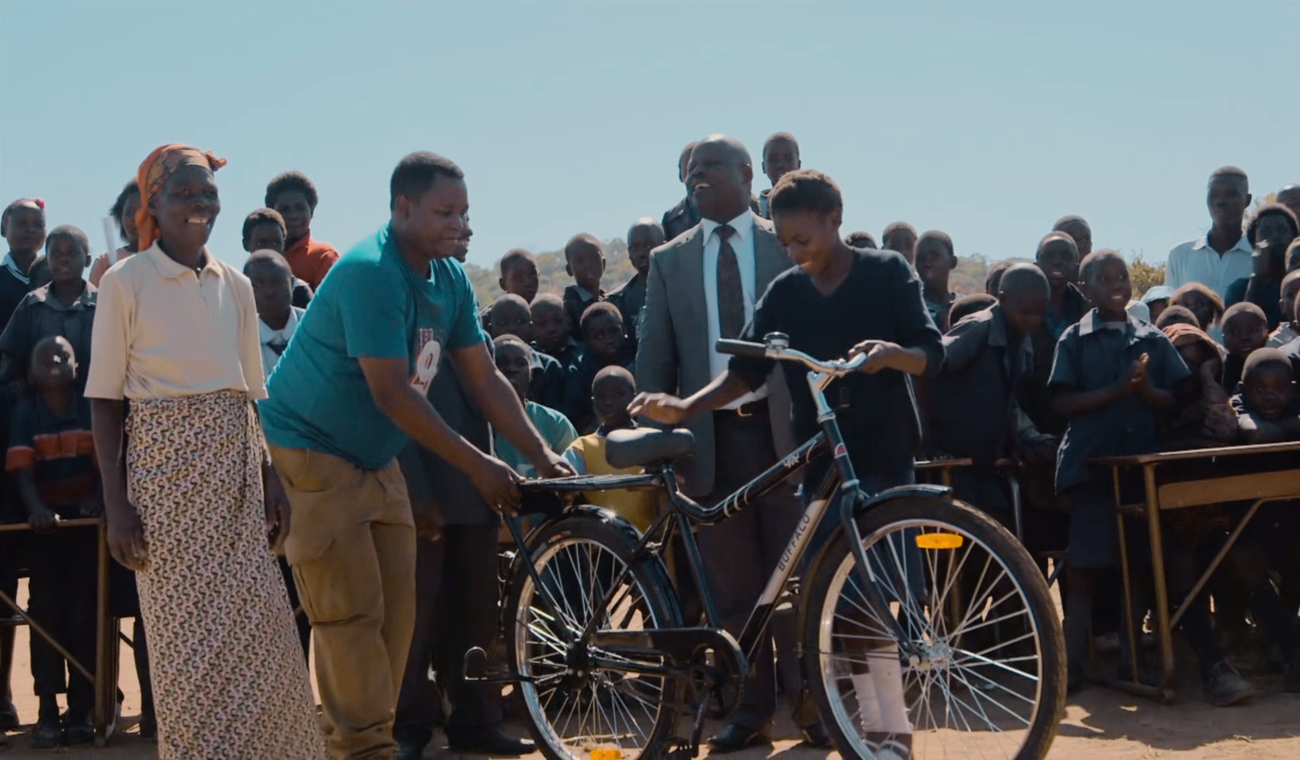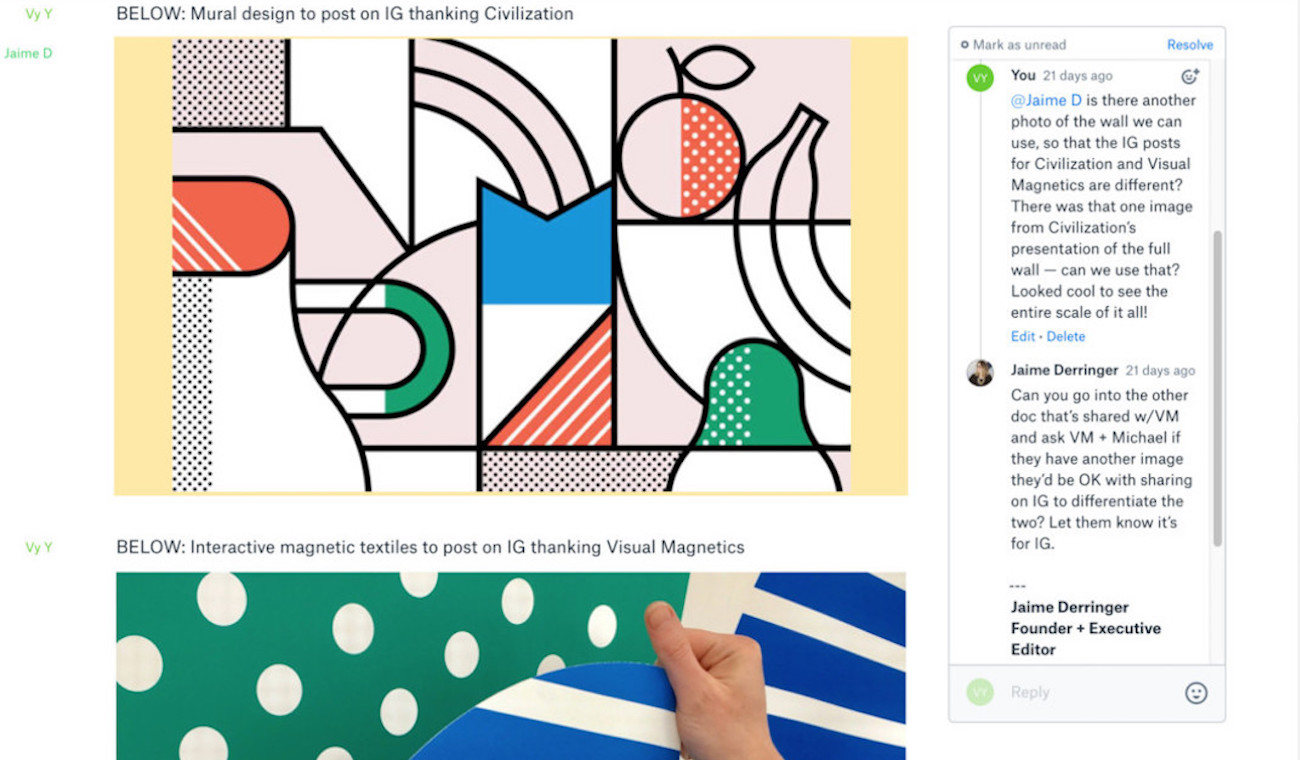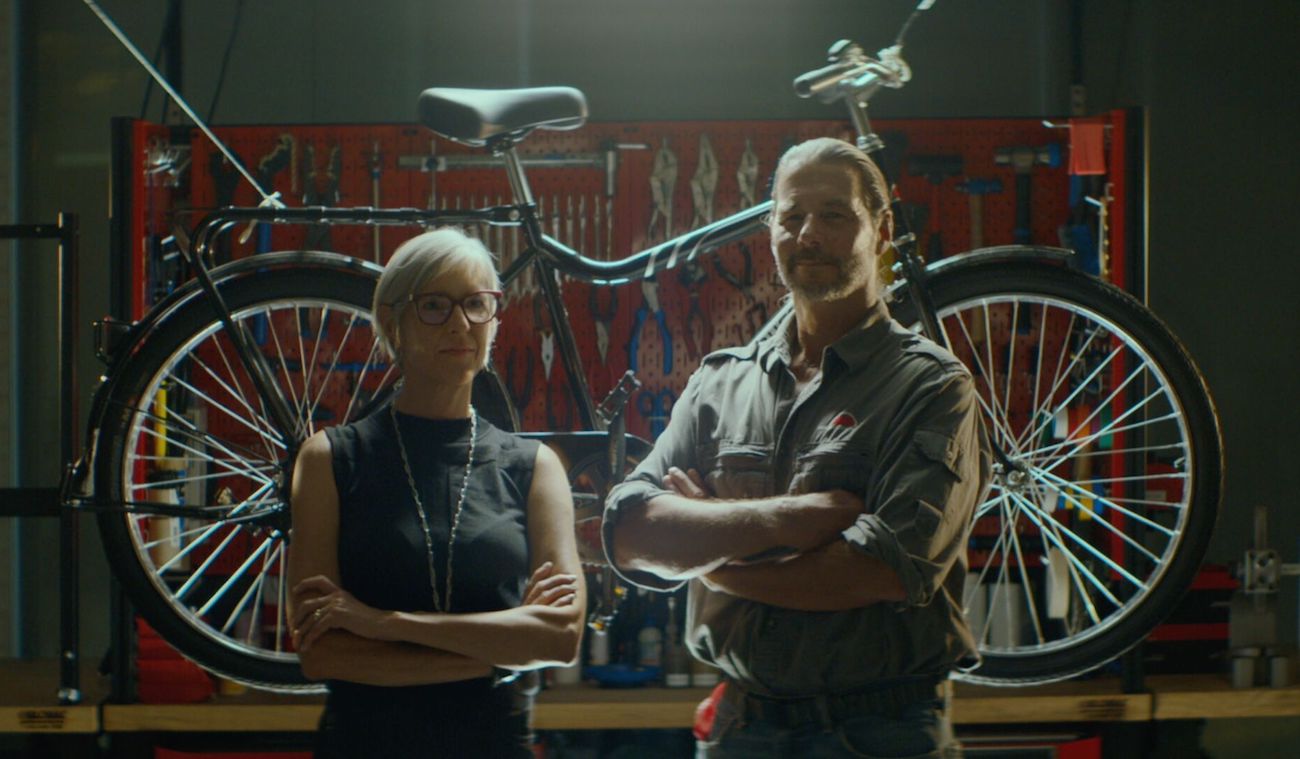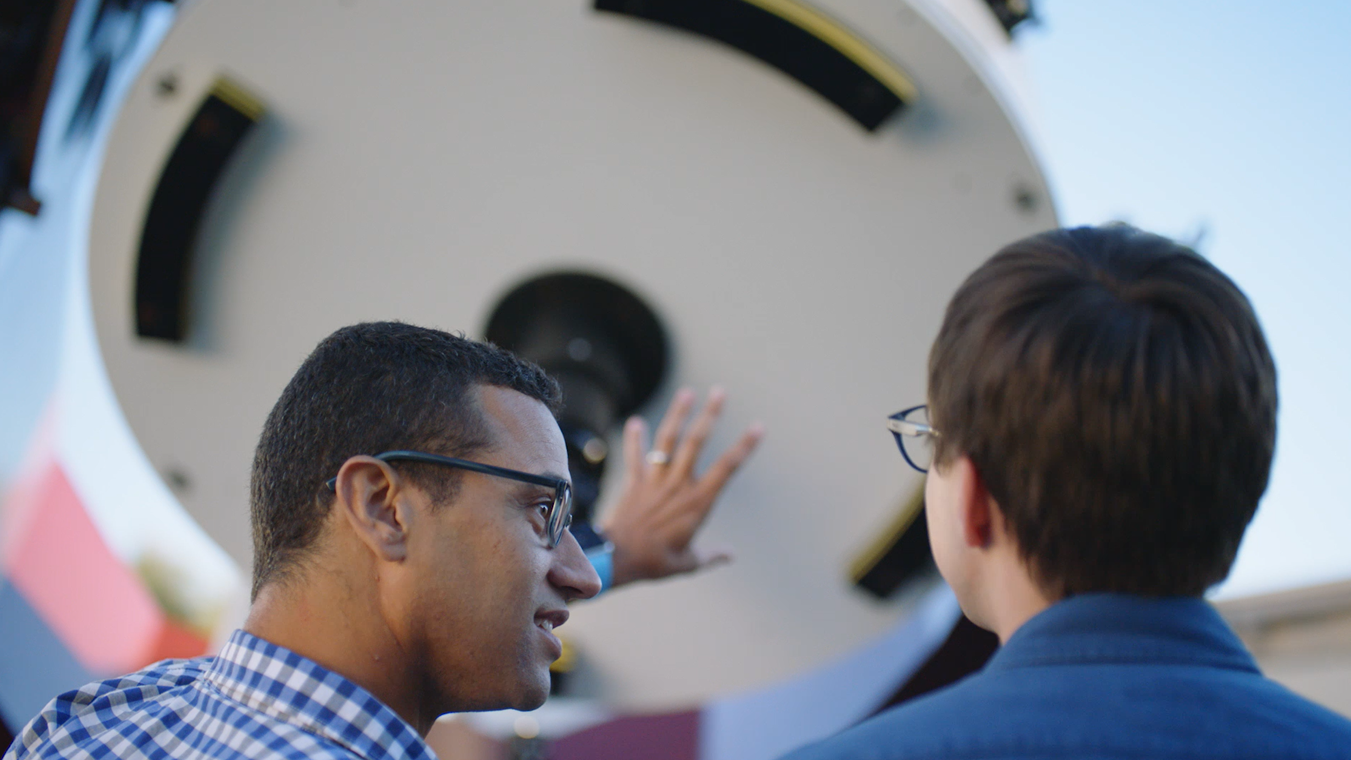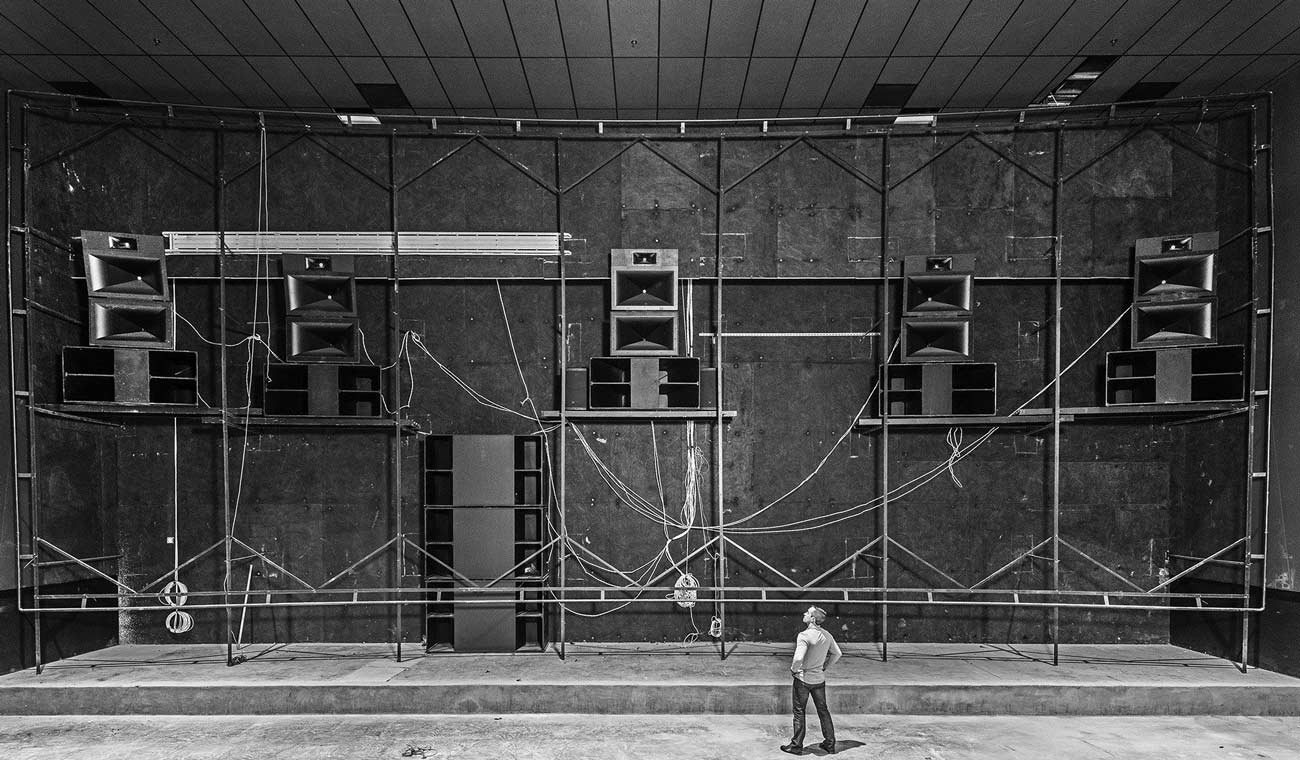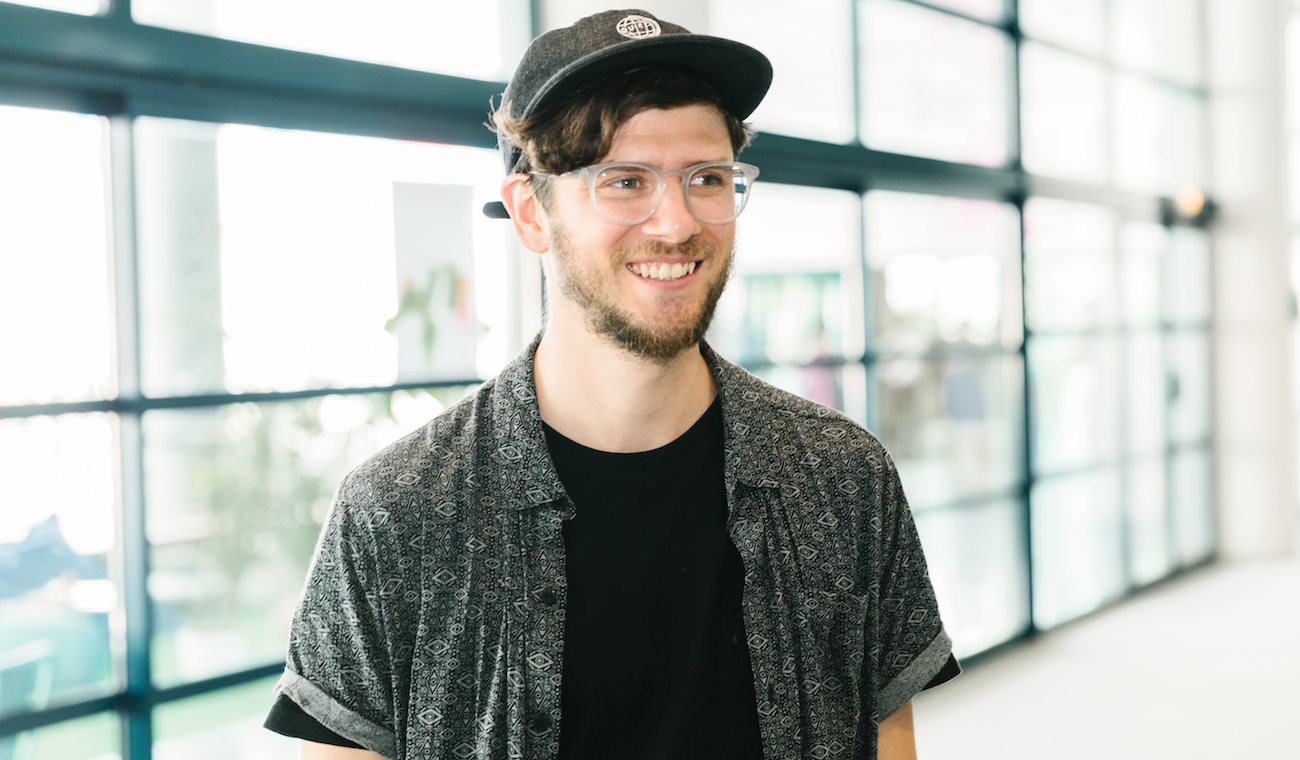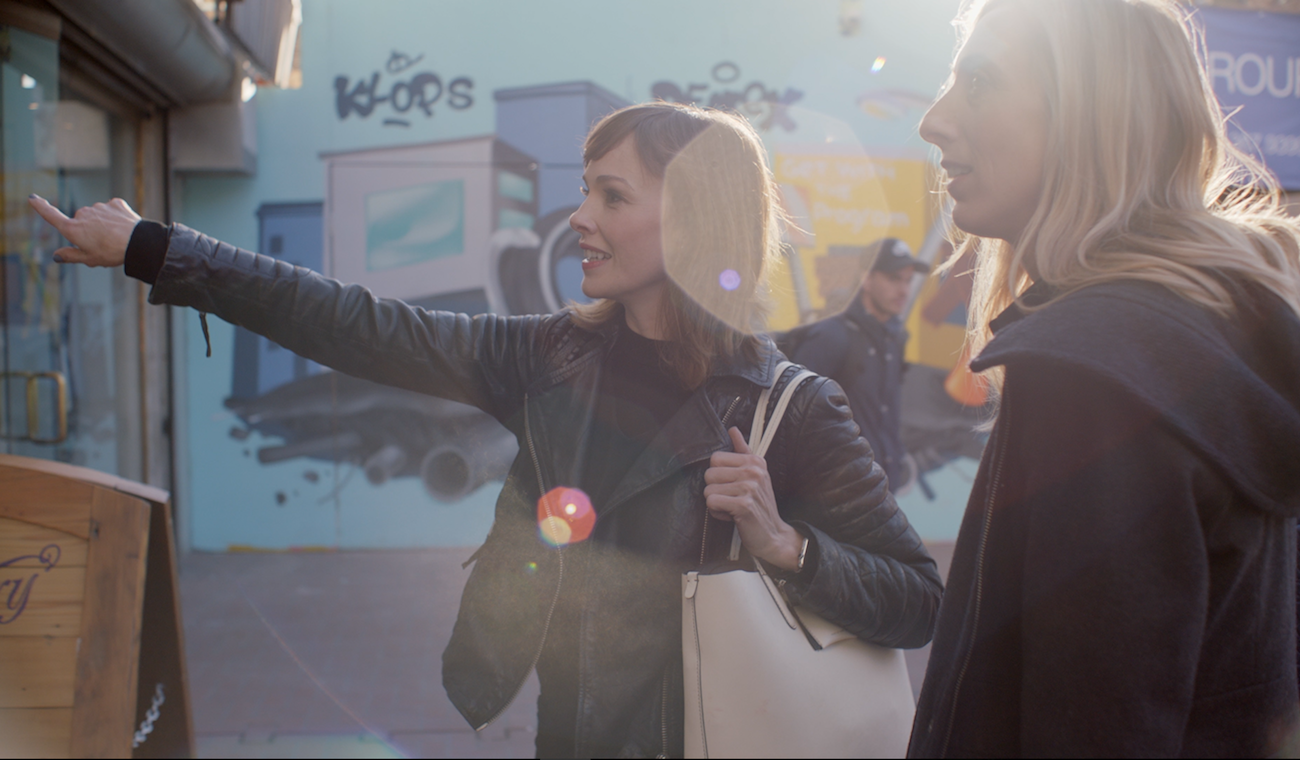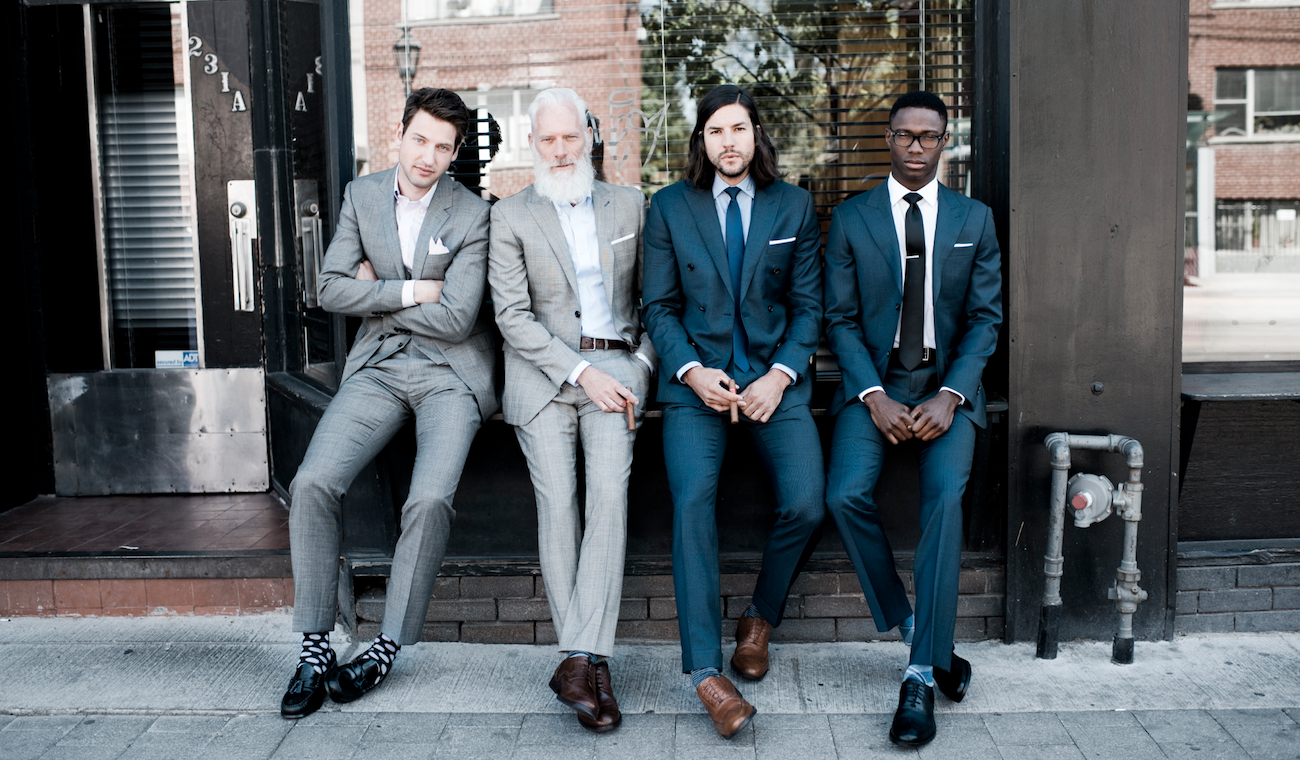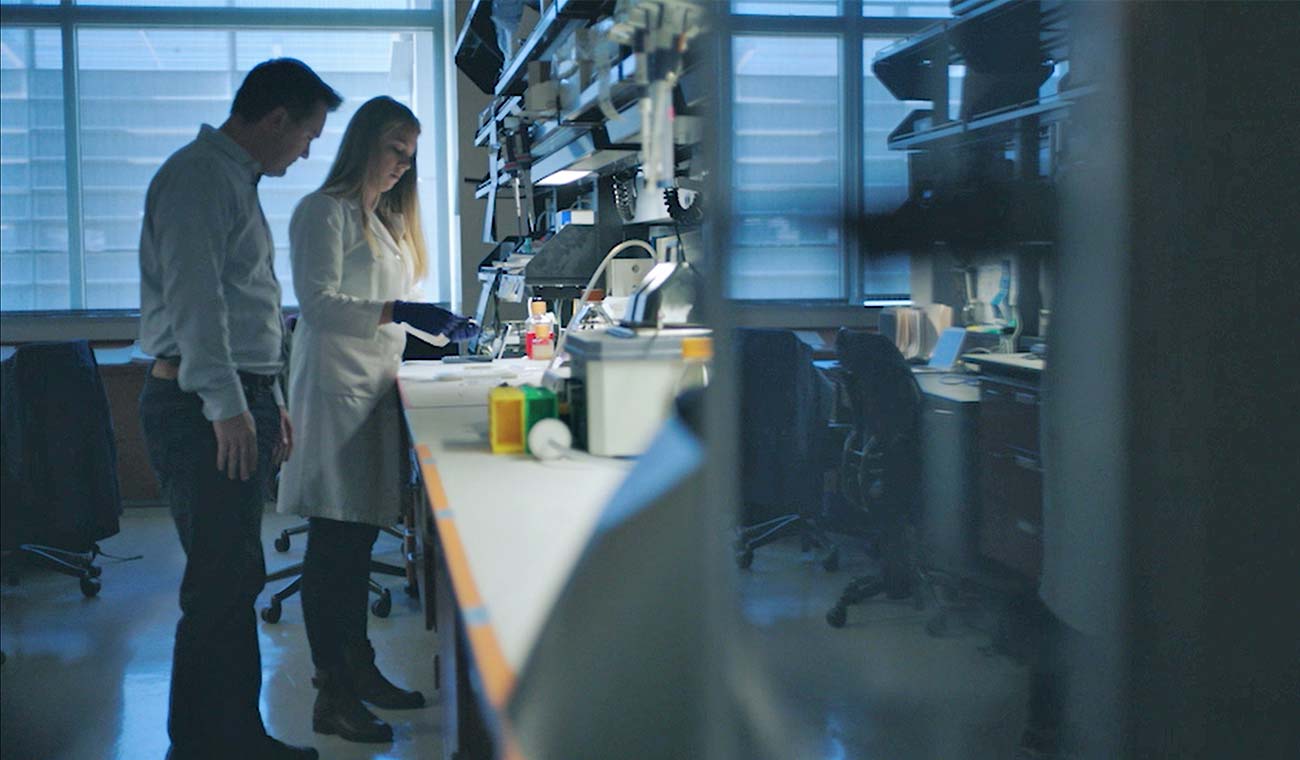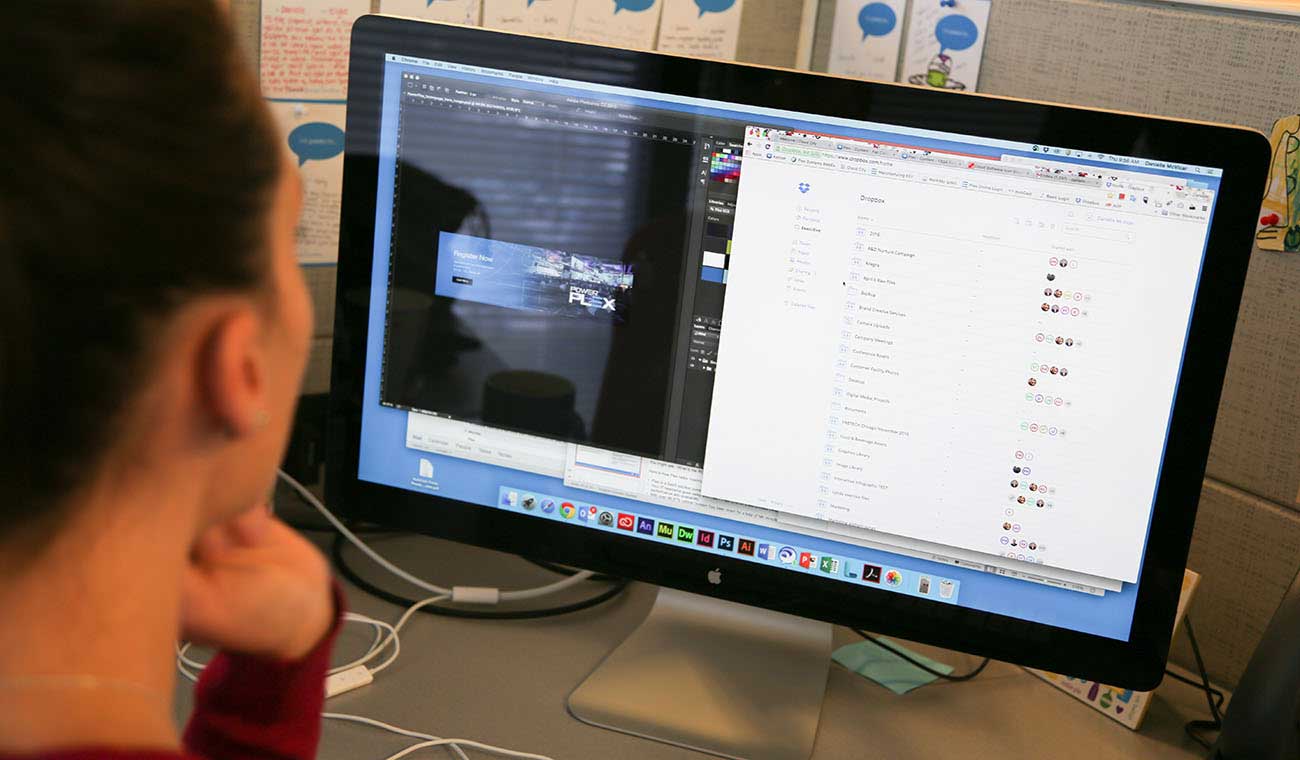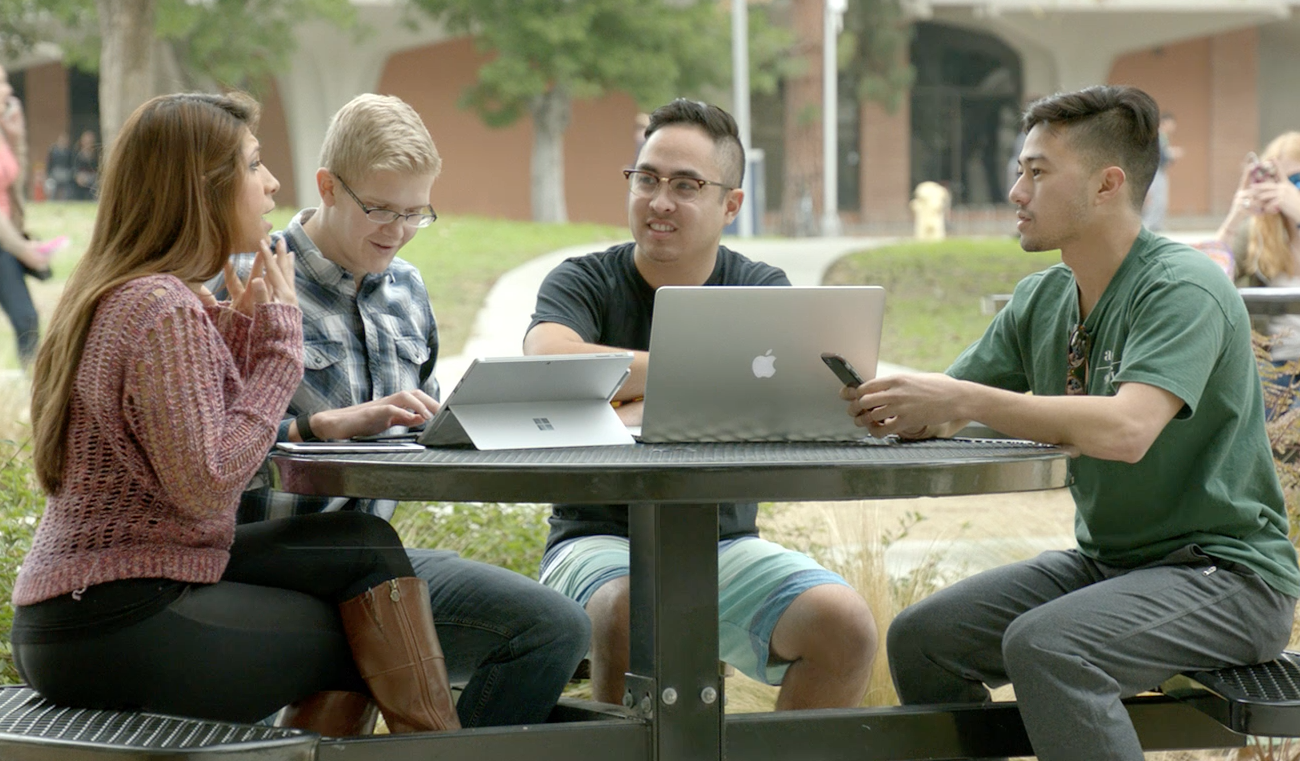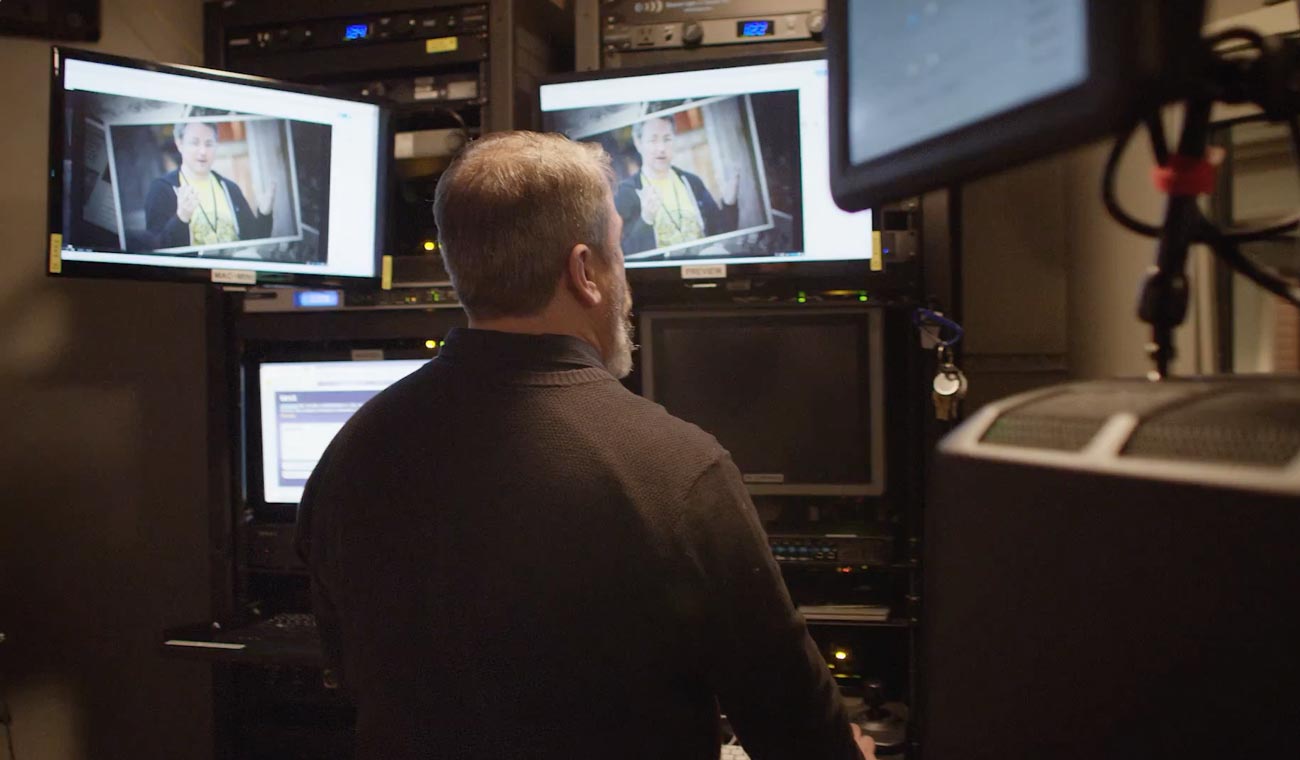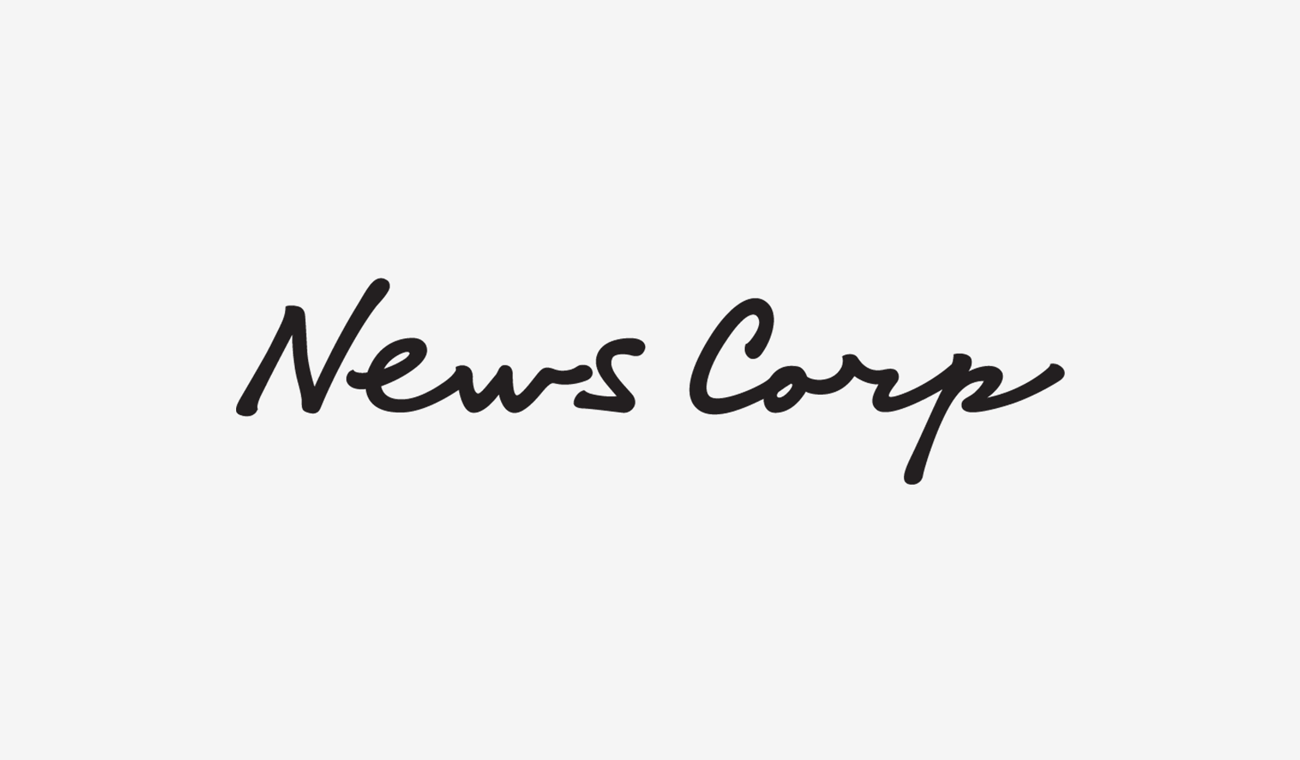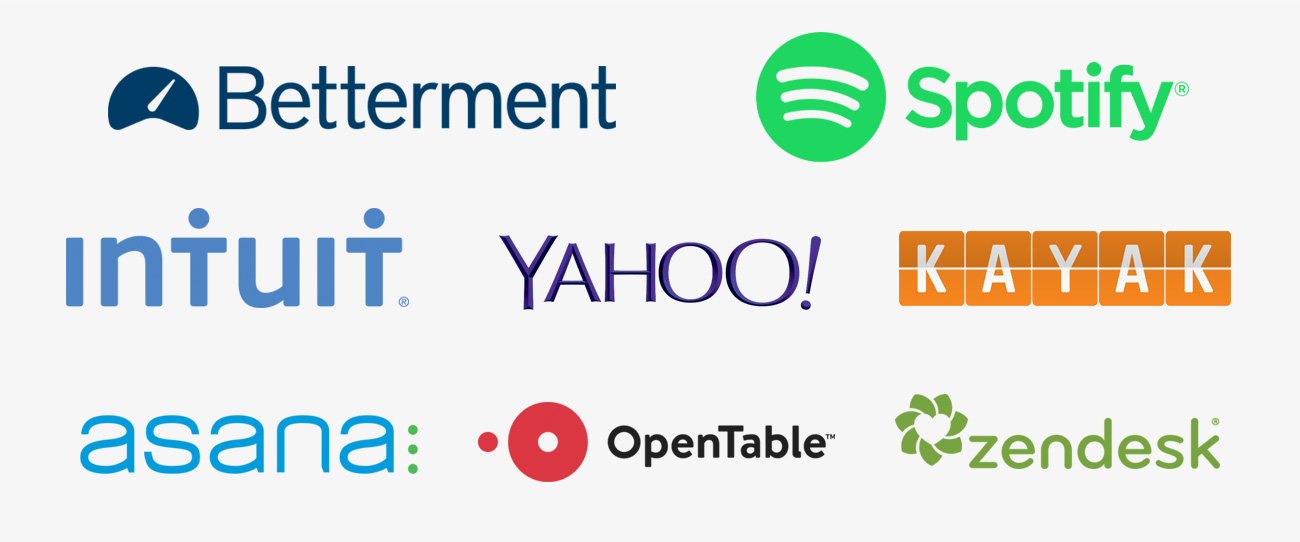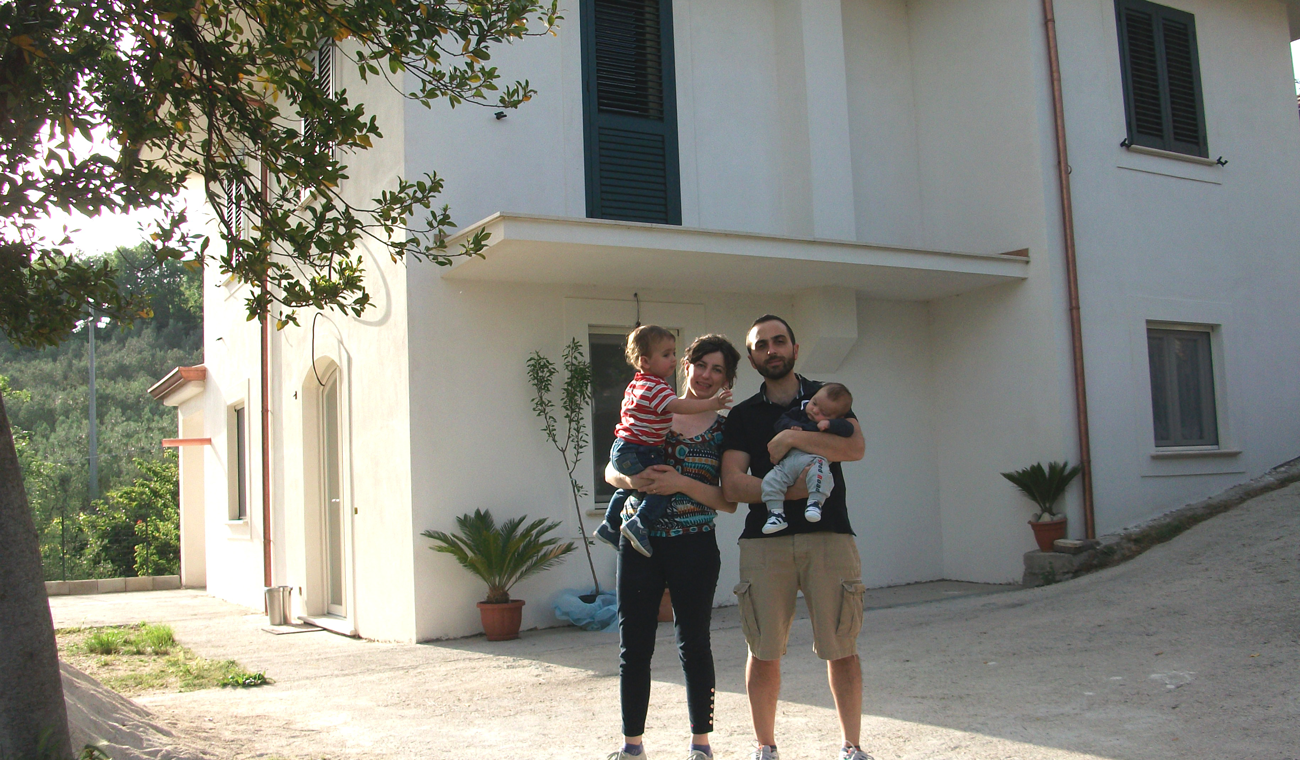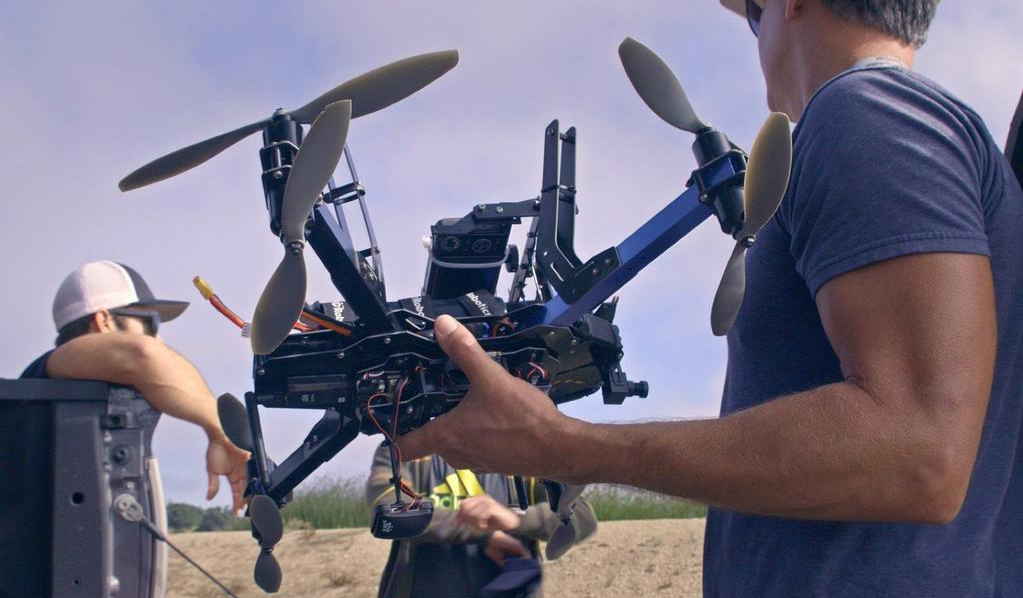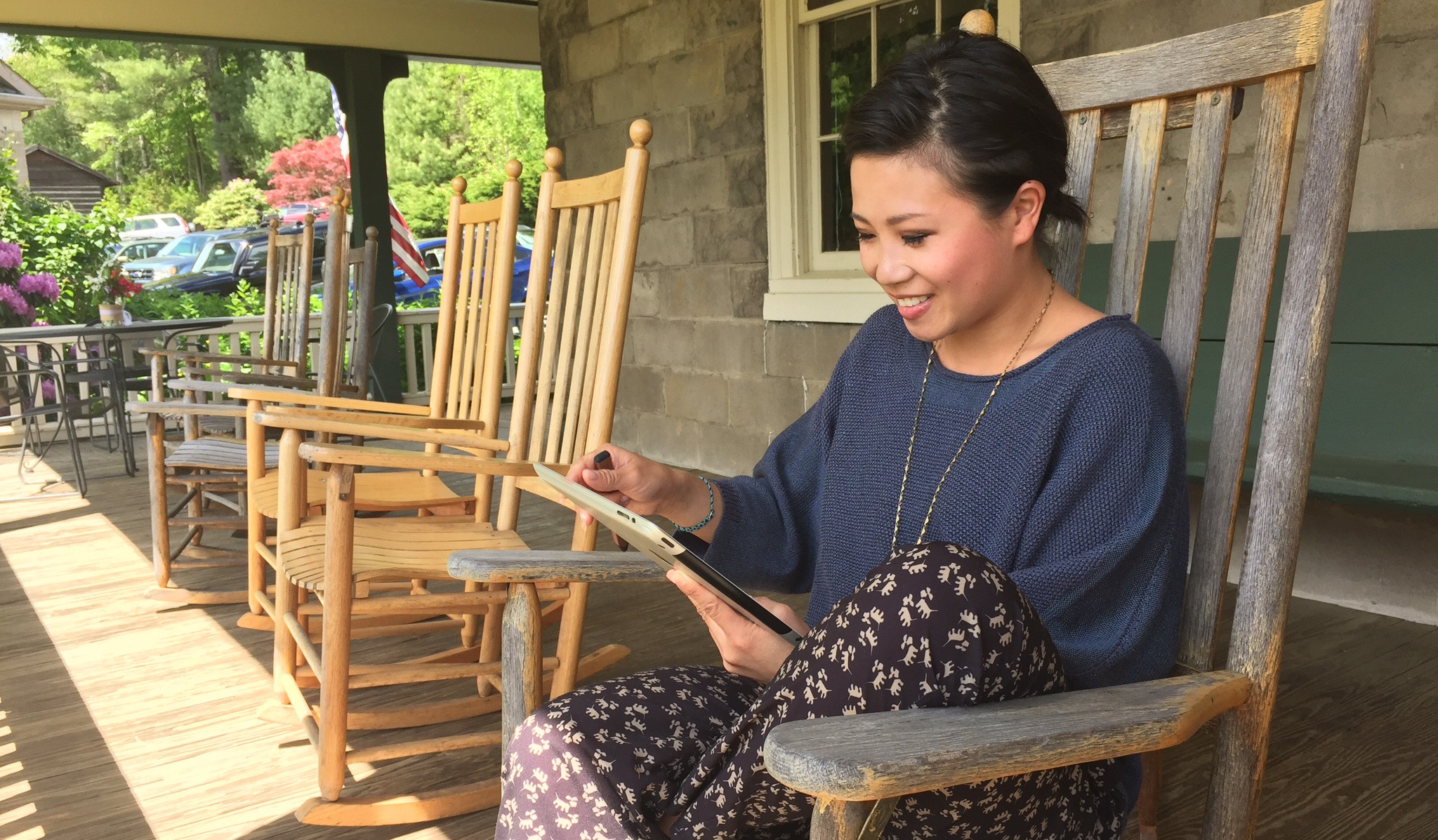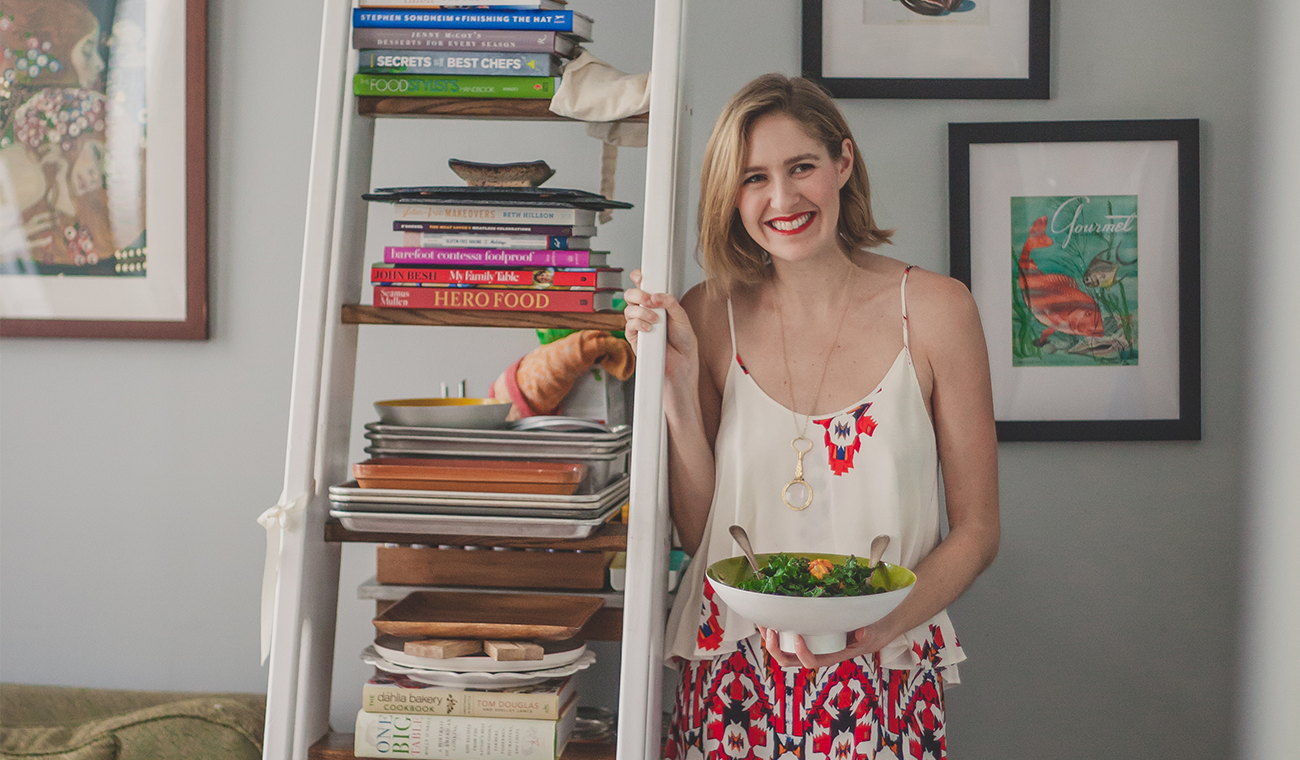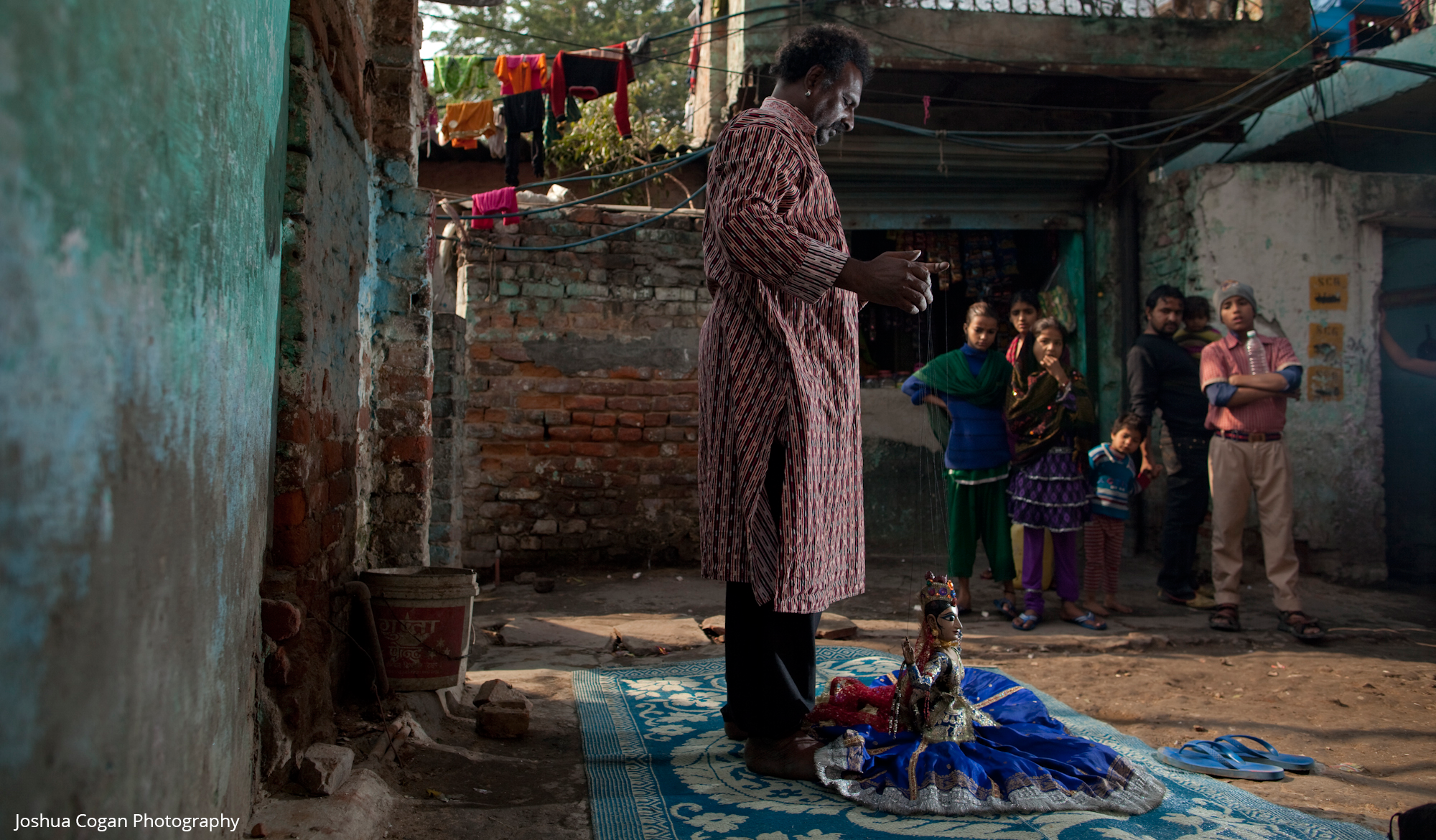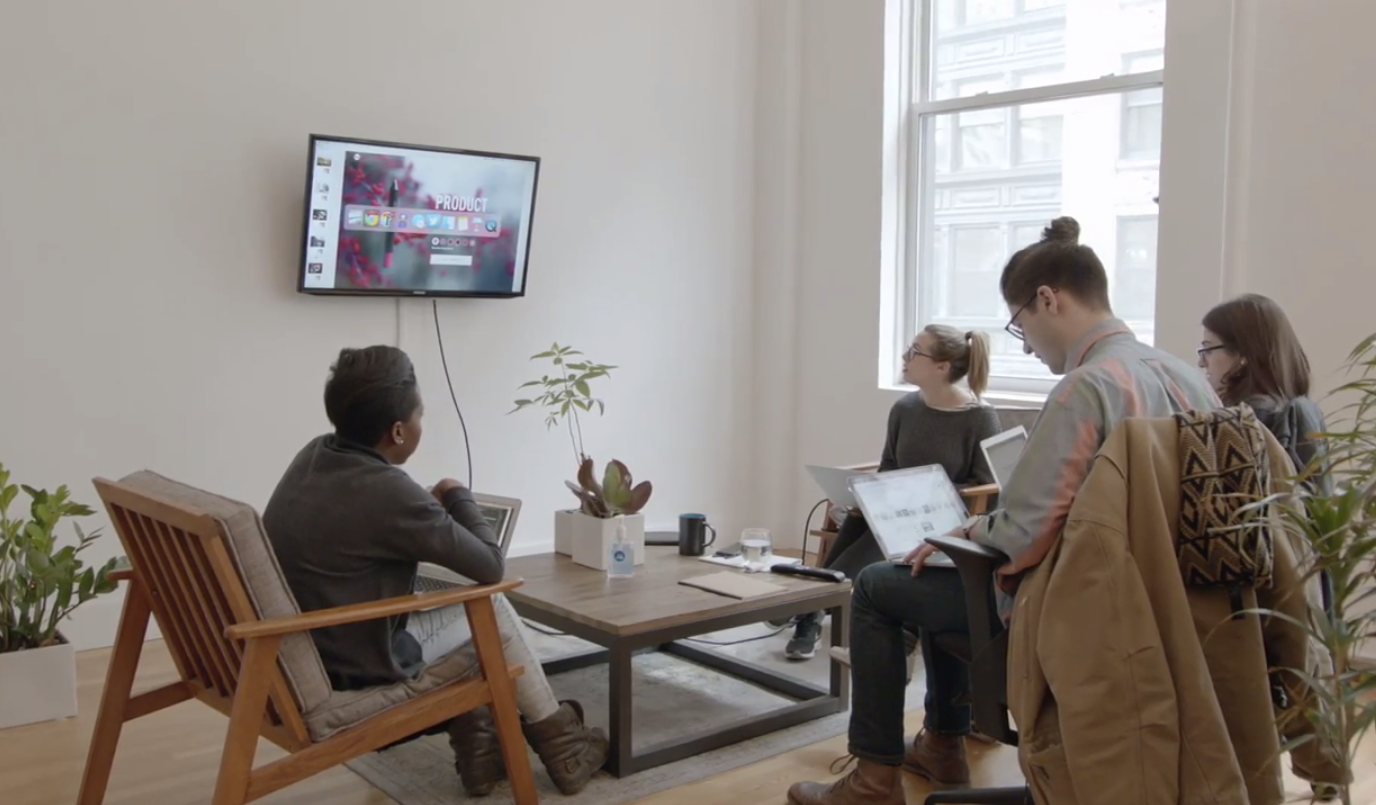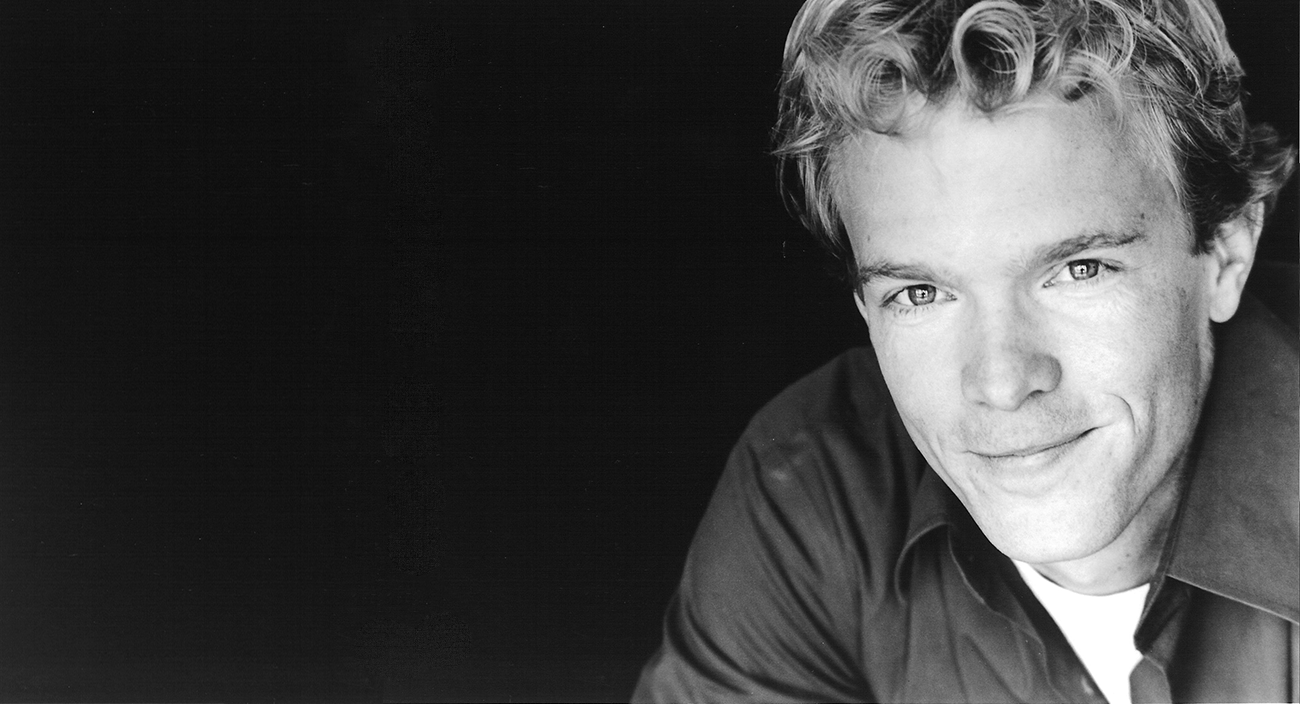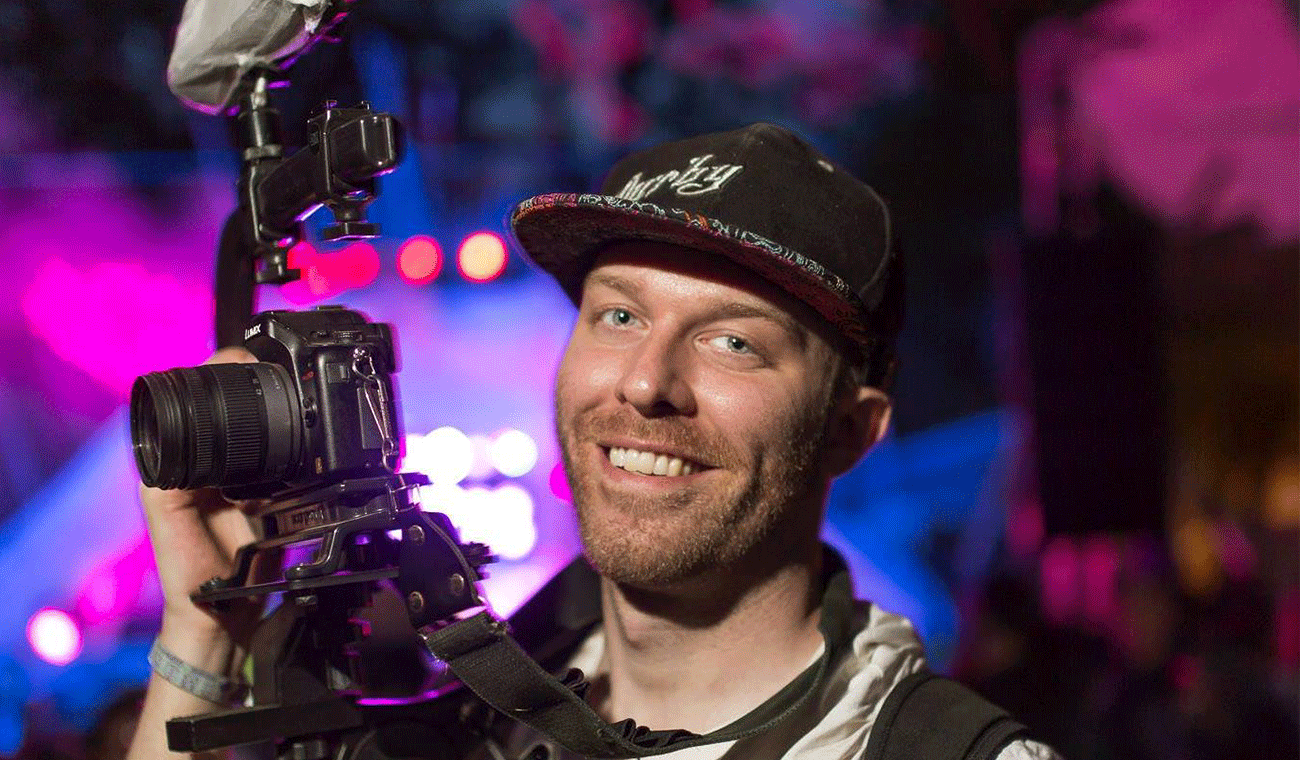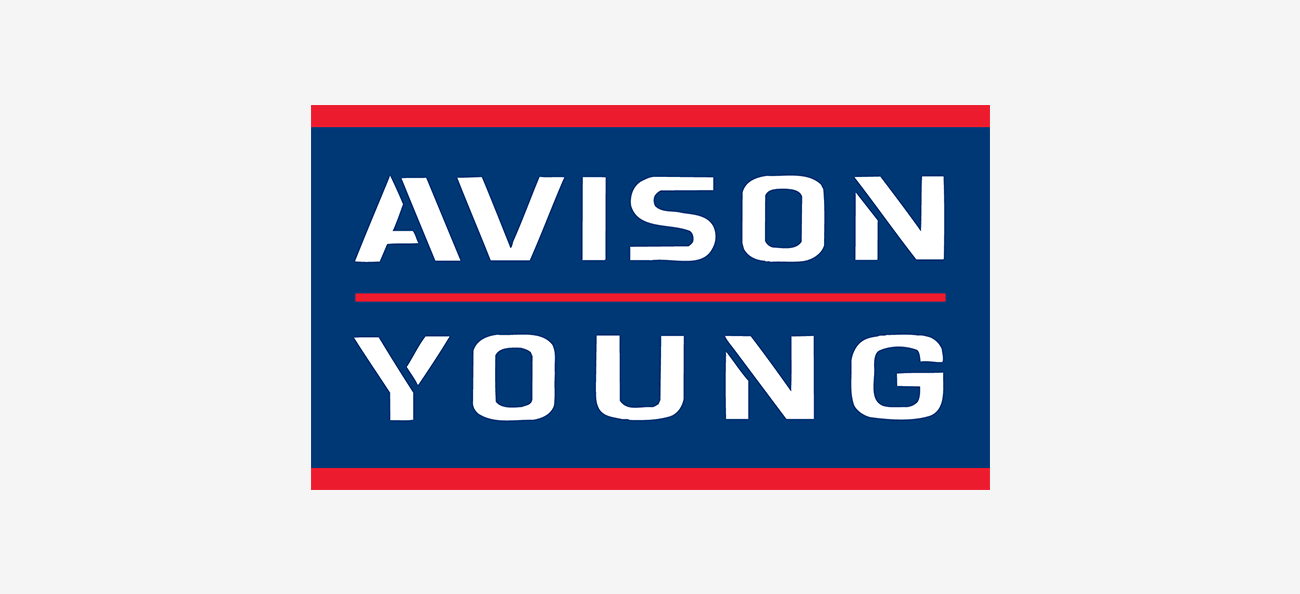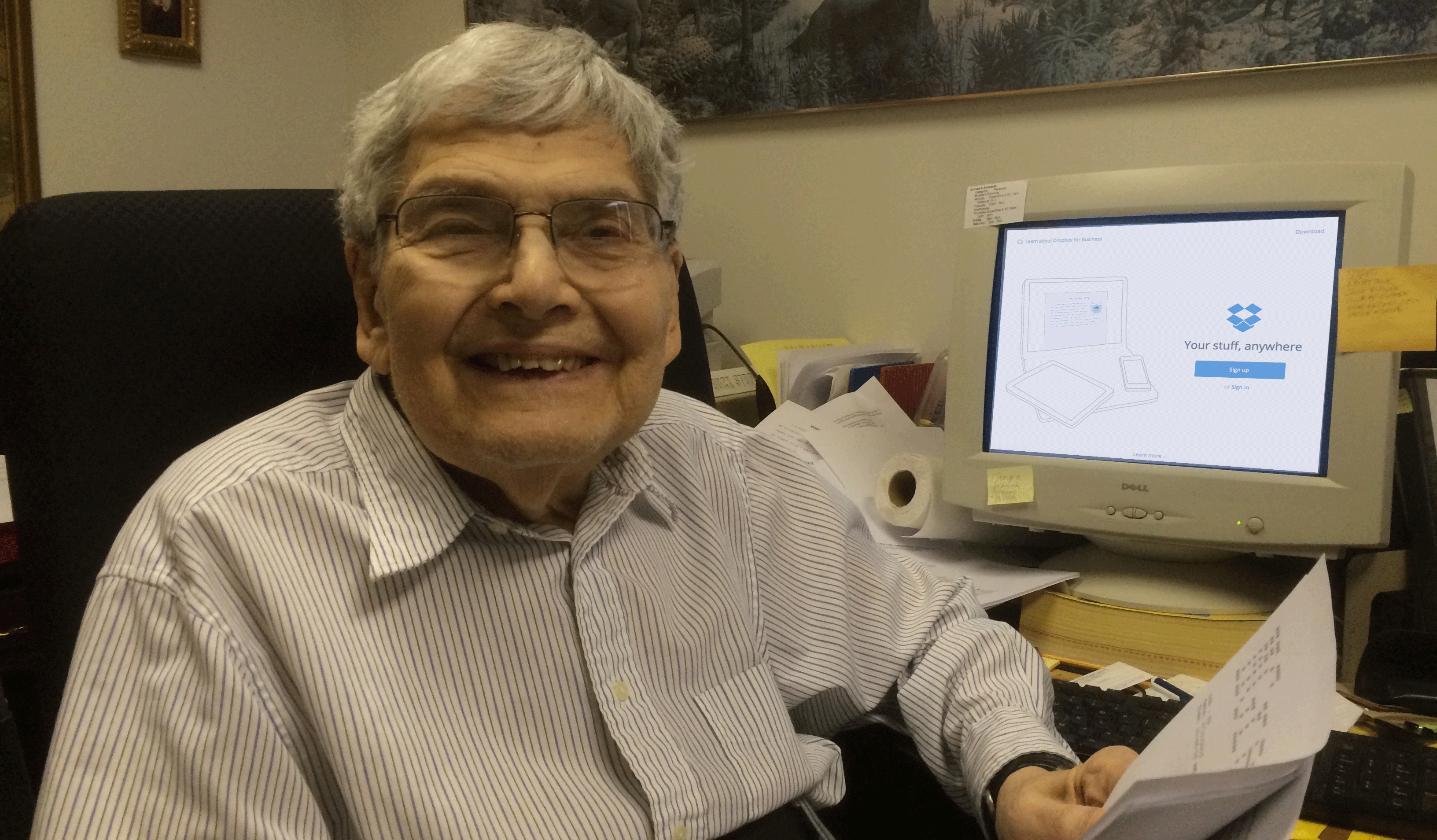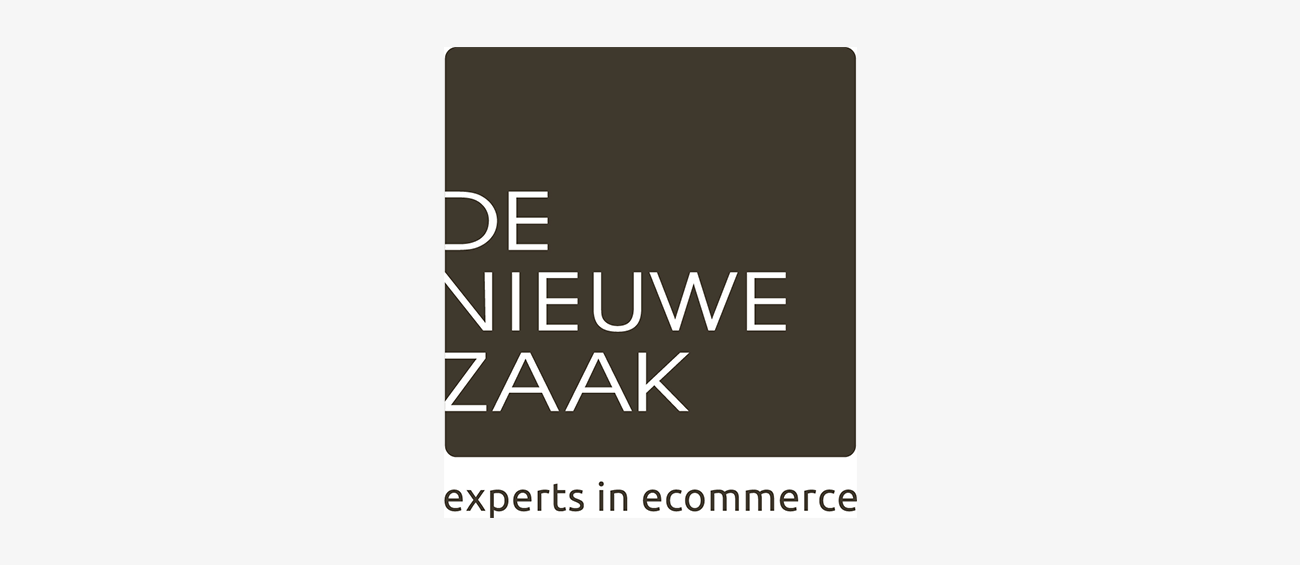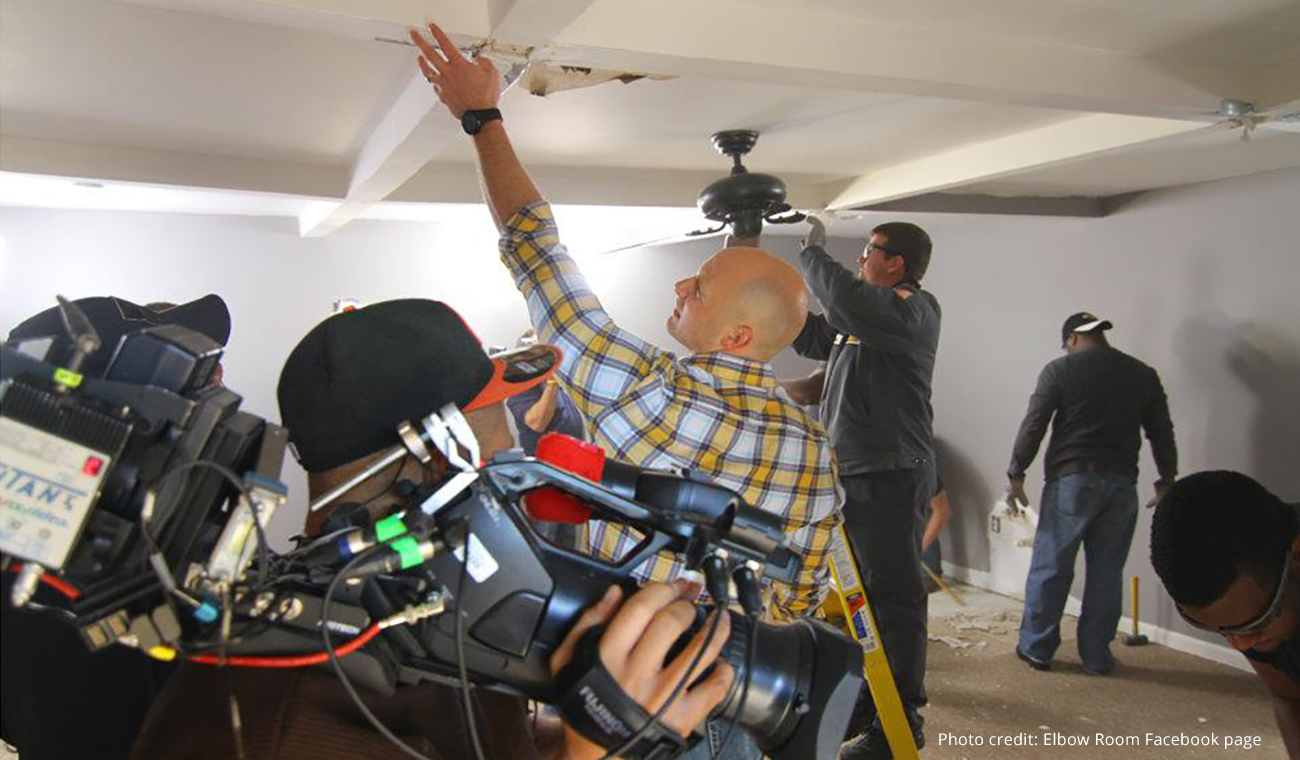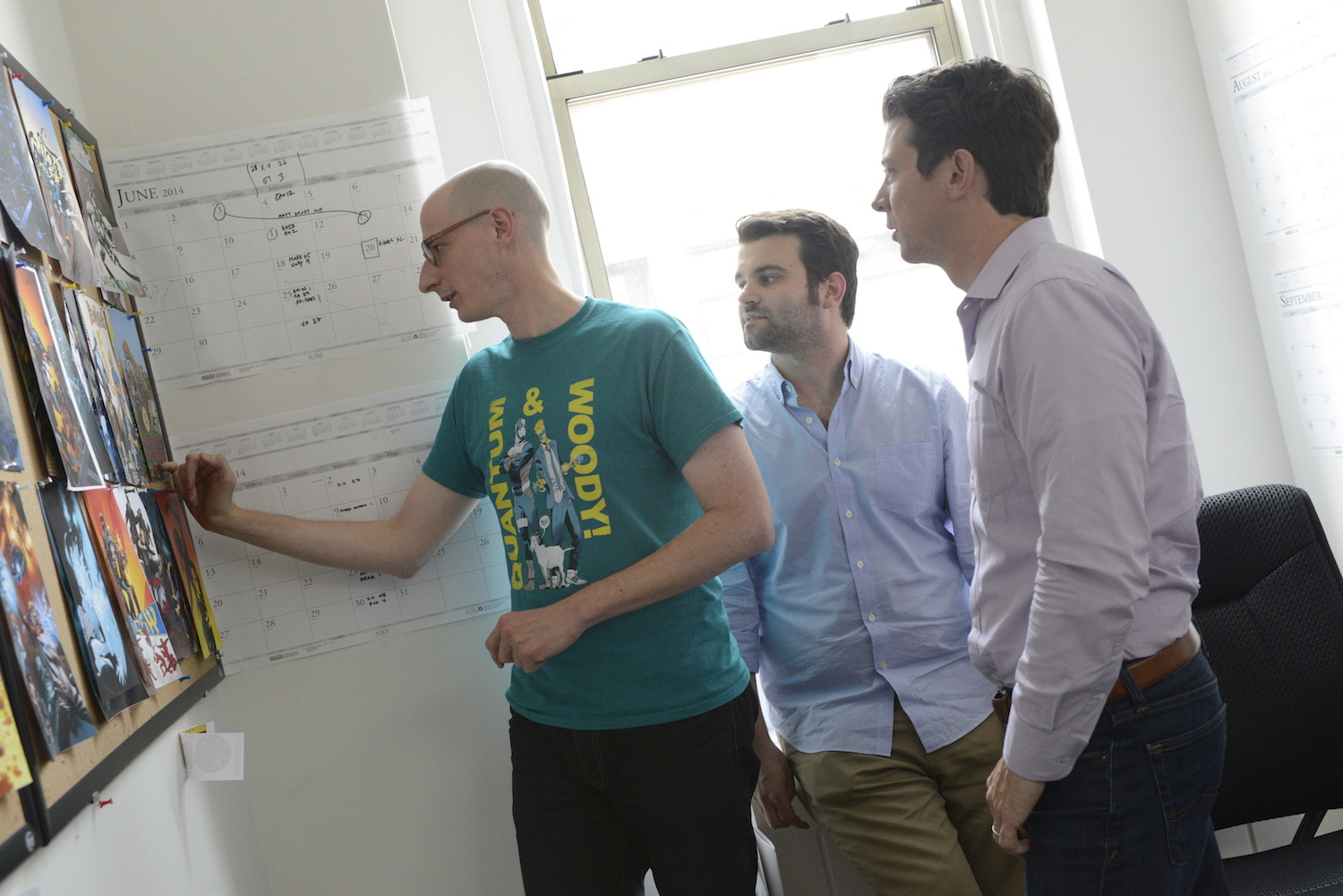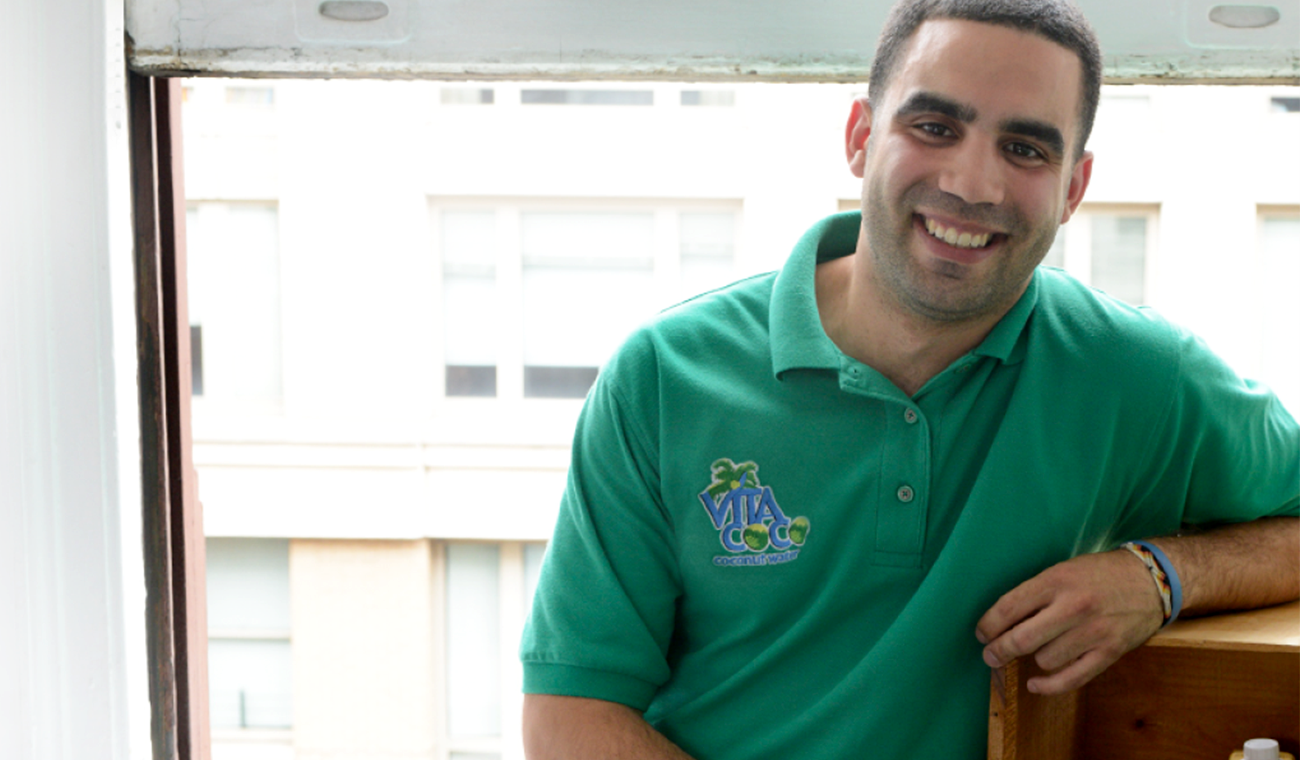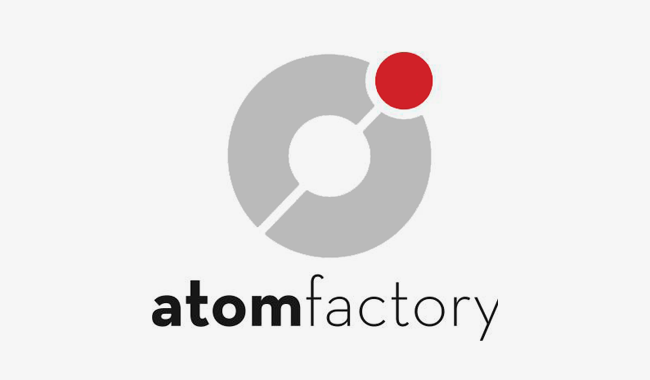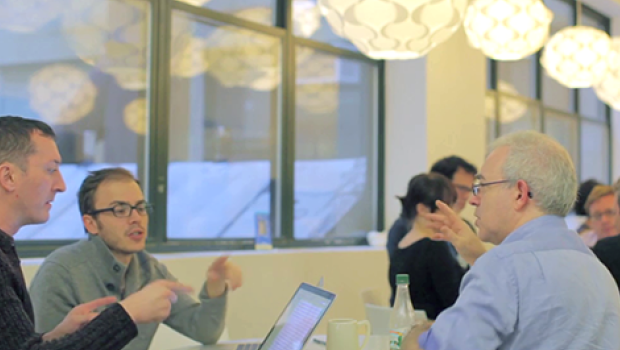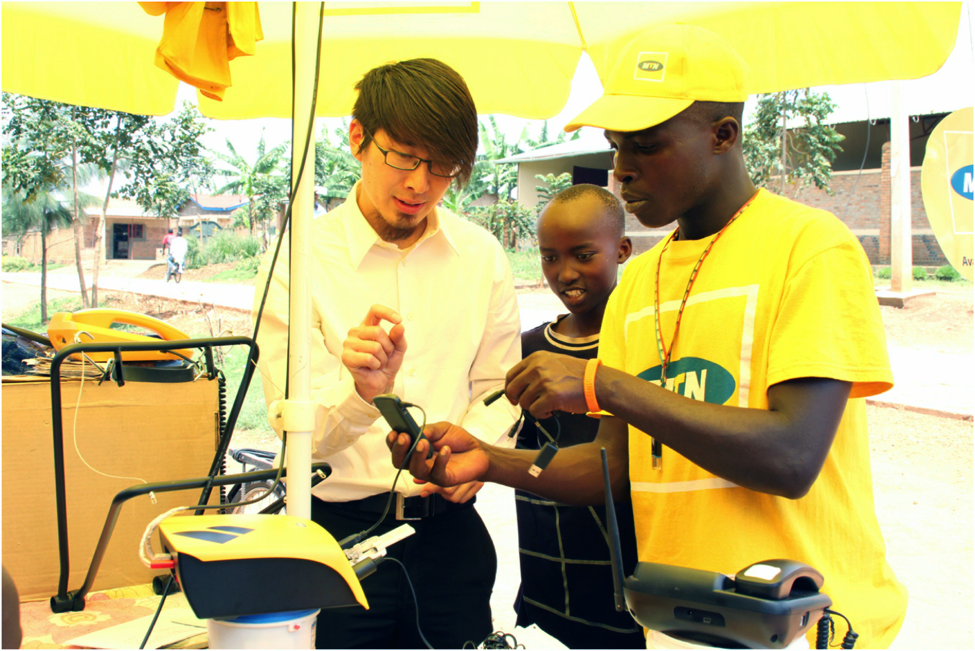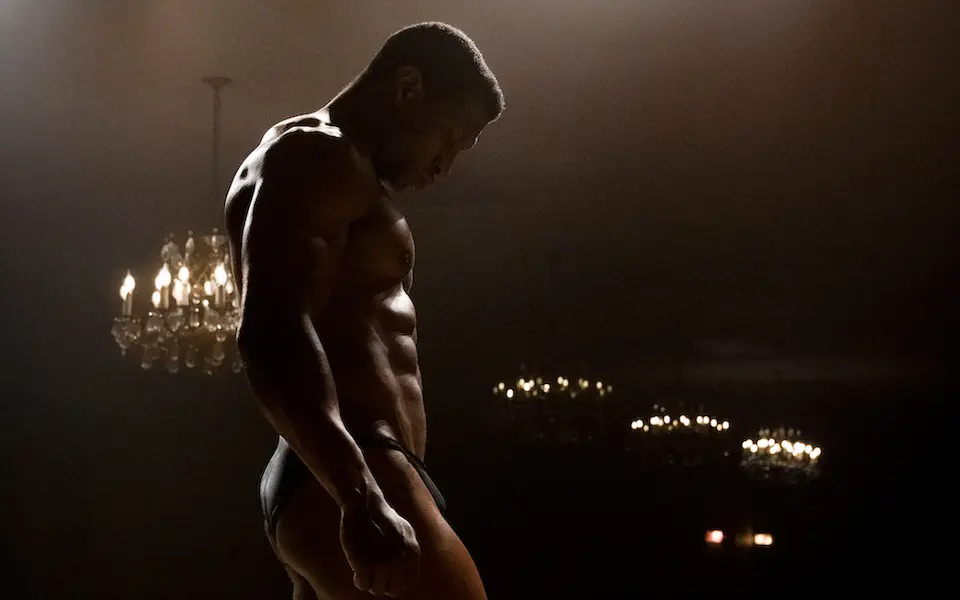
The director of Magazine Dreams on why organization is the unsung hero of filmmaking
Published on January 25, 2023
Is there such a thing as a happy perfectionist? Or does aiming for the unattainable inevitably amplify frustration and intensify the fear of failure?
In the new Sundance film, Magazine Dreams, Jonathan Majors (Ant-Man and the Wasp: Quantumania, Lovecraft County) stars as Killian Maddox, a bodybuilder obsessively striving for stardom but struggling to live up to his own expectations.
Though his days are divided between physically punishing workouts and an emotionally taxing life caring for an ailing grandfather, Killian finds connection—and a chance at redemption—with a woman he meets while working at a grocery store.
In a dark character study that’s being compared to Taxi Driver and Joker, writer-director Elijah Bynum explores the complexity and vulnerability under the armor of a man trying to transcend his circumstances and himself. We spoke with Bynum about Killian’s real-life origin story, the teamwork it took to bring the film to life, and the emerging technology he uses to streamline his filmmaking process.
What inspired you to create the character of Killian?
I had a character in mind for a long time. He wasn't a bodybuilder yet, but he was a very complicated individual who had a certain passion or a dream he was chasing after that he thought would bring him some sort of validation, love, or human connection. And it was rather unattainable. So it was a character I had that was in search of a story.
Then, at some point in at my local gym, I saw this man who would come in every single day. He was clearly a bodybuilder. He had this extreme sort of dark energy about him that was impossible not to notice. It's a small gym and he was a gigantic guy. The rest of us in the gym could feel this sort of darkness radiating around him, the sense of emotional and spiritual pain, and an obsessive drive to be great.
Because he made us uncomfortable, I think we all looked the other way and pretended that he wasn't there. I thought there was something really interesting about a human being who is both feared and ignored—or feared and visible. That dichotomy was really interesting to me. He didn't seem to be having a joyful time with this sort of religious devotion to body building. I wondered if someone who felt that lost or was in that much pain [is] redeemable.
Does the pursuit of perfection resonate with you? Do you have those tendencies?
I don't know that I would call it perfectionism, but when I set out to do something, it feels that there's an idea in my mind of what something can look like and feel like. Perhaps I'm setting a standard that's unattainable, whether I realize it or not, just so I can never quite get there. I should probably see a therapist about that. [laughs]
I know how that feels to be striving for something. Even if everyone around you tells you what a great job you're doing, you still feel like you've maybe come up a little short or there's more to do or it's not quite right yet.
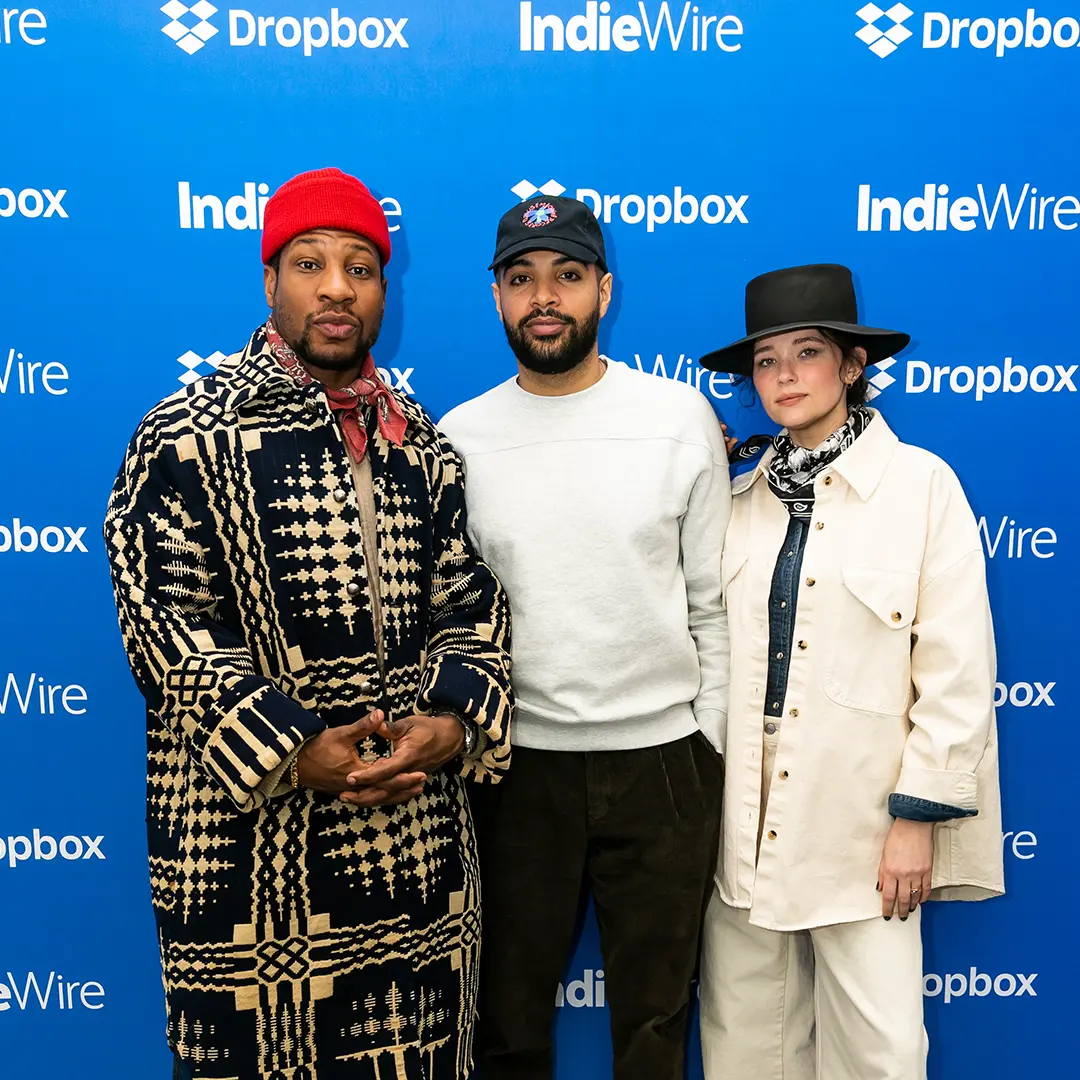
How did you and your crew collaborate to take the script to screen?
I had a wonderful crew of cinematographers, production designers, and costume designers. To paint an image of what was going on inside my mind and what we were trying to accomplish, we shared a ton of images—everything from bodybuilding competitions to photography from Nan Golden to paintings from Caravaggio.
Without a ton of conversation, it’s easy for us to all to be making a separate movie, so it was important for us to always be in lockstep. We made sure…to talk about what each of us was doing in their department and tried to create a unified vision to support the incredible performance that Jonathan gave us.
Do you have a first reader you trust to give honest feedback on drafts?
I have a couple of friends. Two are writers, and one has nothing to do with the movie business at all. I generally send them stuff right away and like to not tell them what it's about. There's no, “Heads up, this is what you're about to read.” It's just “Here's a script that I wrote. Tell me what you think.”
To get that first visceral reaction from people—it’s invaluable, because it’s really easy as a writer to get lost in your own head. So to have someone else look at something and say, “This is working, and that's not. I need some clarification here. Wouldn't it be great if you tried that?”—it's super important. I can't imagine writers who somehow do it all alone. Writing is a lonely enough endeavor, so to not have some sort of sounding board seems really challenging.
Were there any particular scenes that changed significantly as a result of collaboration?
There's a scene in the movie where Jonathan's character gets a phone call from his crush. We had mapped out all these different ways we were gonna cover the phone call. We would have all these different angles, and Jonathan was gonna walk down the hallway. We were going to shoot him from all the way down the hallway with this very long phone cord kind of tethering him in place. and it was perfect on the page.
It was perfect on the page, but by the time we got there, we just didn't have enough time for all of those shots. The sun was coming through the window at an angle where it would kind of be blowing up the lens and backlighting Jonathan in a way that felt melodramatic.
On top of that, Jonathan himself said, “I don't think my character would walk down the hallway. I think I would do this…” What he ended up doing was, with his back to the wall, he slid down to the ground and just sat there like a little kid on the phone. The scene is absolutely beautiful.
From there, he started to improvise and talk about other memories that his character had—why Thursday is his favorite day of the week, and how WWF wrestling used to come on on Thursdays. He just started rambling nervously because he's supposed to be nervous in the scene. He's pouring his heart out uncontrollably to this girl who he’s asking on a date.
It turned into one of my favorite moments in the movie, and it seemed to happen more or less by accident. I think that's the magic of making something—being able to go in with a plan, but plan for that plan not to work and be open to it becoming something fresh before your eyes.
How did you use Dropbox in the making of Magazine Dreams?
Oh, boy, just about everything we did was on Dropbox. All the information, all of the files, all of the photographs and references we shared was through Dropbox—especially in post production, when you get into the effects files and all the scores [the composers] are writing. The [files] can be quite large.
To be able to just upload things to Dropbox and [have] it work so seamlessly, it was invaluable. I don't know how people did it before. I really don't. It's wonderful.
We’re always curious about how filmmakers use emerging technology in their work. Have you experimented with OpenAI’s ChatGPT to prompt new ideas?
I'm not someone who's terribly tech savvy. I know my way around Dropbox, but that's about the extent of it. But there's a scene later in the movie [where] Jonathan's character Googles something, pulls up a website. It's one of these websites that has like 10 ways to—I don't want to give it away, but each one has a headline and an entire paragraph of these generic platitudes.
We all know what those websites look like, but to create them would take a really long time. So we actually used a bot to write it up for us. It has that sort of generic, vaguely lifeless voice that only a chatbot could do. And it did it in 25 seconds rather than days of us scratching our heads trying to figure out what these platitudes were. It was amazing. We should probably give them co-writer credit.
As far as coming up with original ideas, I don't know. Maybe we're headed towards a place where computers run the world, but as of now, I'd like to like to try to keep the original ideas for myself.
“To be able to just upload things to Dropbox and [have] it work so seamlessly, it was invaluable.”
What advice would you give creators struggling to stay organized when the world feels so chaotic?
I think there's this romantic idea that creative people are just wildly unorganized. We all have this image in our mind of some brilliant painter who's living amongst the rubble, discarded drafts everywhere, paint splattered across the wall—and somehow genius comes out of that.
Maybe that works for some people, but to be a filmmaker, you have to be incredibly organized because it is such a a massive endeavor. You have so many talented people who are sitting there waiting for you to tell them what to do. And if you can’t be organized about delegating tasks to people, or keeping people up to speed with what you're doing, things are going to spiral out really quickly.
“To be a filmmaker, you have to be incredibly organized because it is such a a massive endeavor.”
That was certainly part of my learning curve, figuring out a way to keep my files in order, especially when some of your files have really good ideas that you wrote down once. It's a bummer when you can't find it again. It's saved somewhere. You know it's out there, and you can't quite remember what you said. But, boy, it's really nice when you're able to track that down.
I think organization is an unsung hero that's really often not talked about with filmmakers. A big part of the leap I made from my first film to my second film was just getting my shit together so everyone's on the same page. Because without everyone on the same page, movies often do not work. It's hard enough to make a good movie, but it becomes even harder if the director is disorganized.
What do you want people to feel after watching your film?
The movie wasn't created to have easy answers. We aren’t aiming to frustrate audiences by any means, but we are trying to paint a very honest portrait of a very complicated human being dealing with some very complicated issues.
We want people to feel challenged and intoxicated by what they saw. Also, the sense of redemption—the sense that a human being can be battered down to a point where there's just one ember still burning. But if there's still one ember there, it's enough for the fire to grow again. Hopefully, it's life affirming and gives people a reason to power through their own struggle, or look to people around them who are struggling, and realize what a long way a bit of kindness can go in someone's life.
Magazine Dreams premiered January 20 at the 2023 Sundance Film Festival. This interview has been lightly edited and condensed.
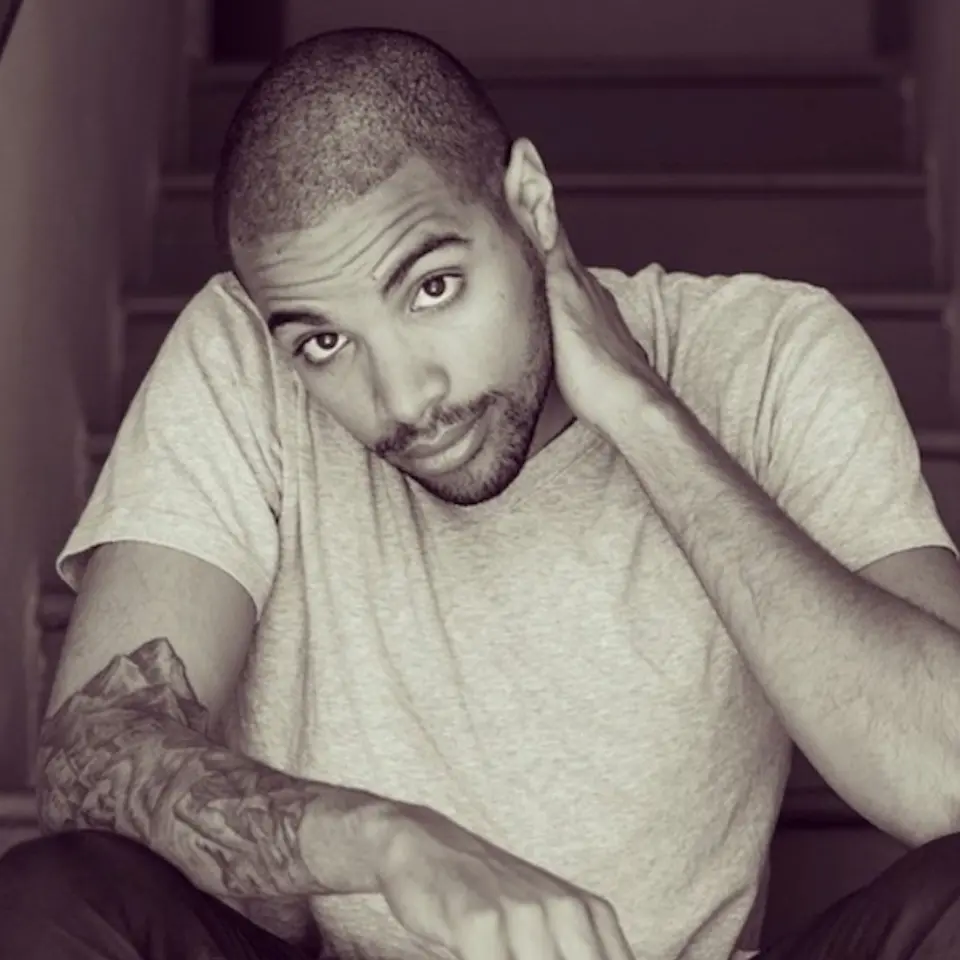

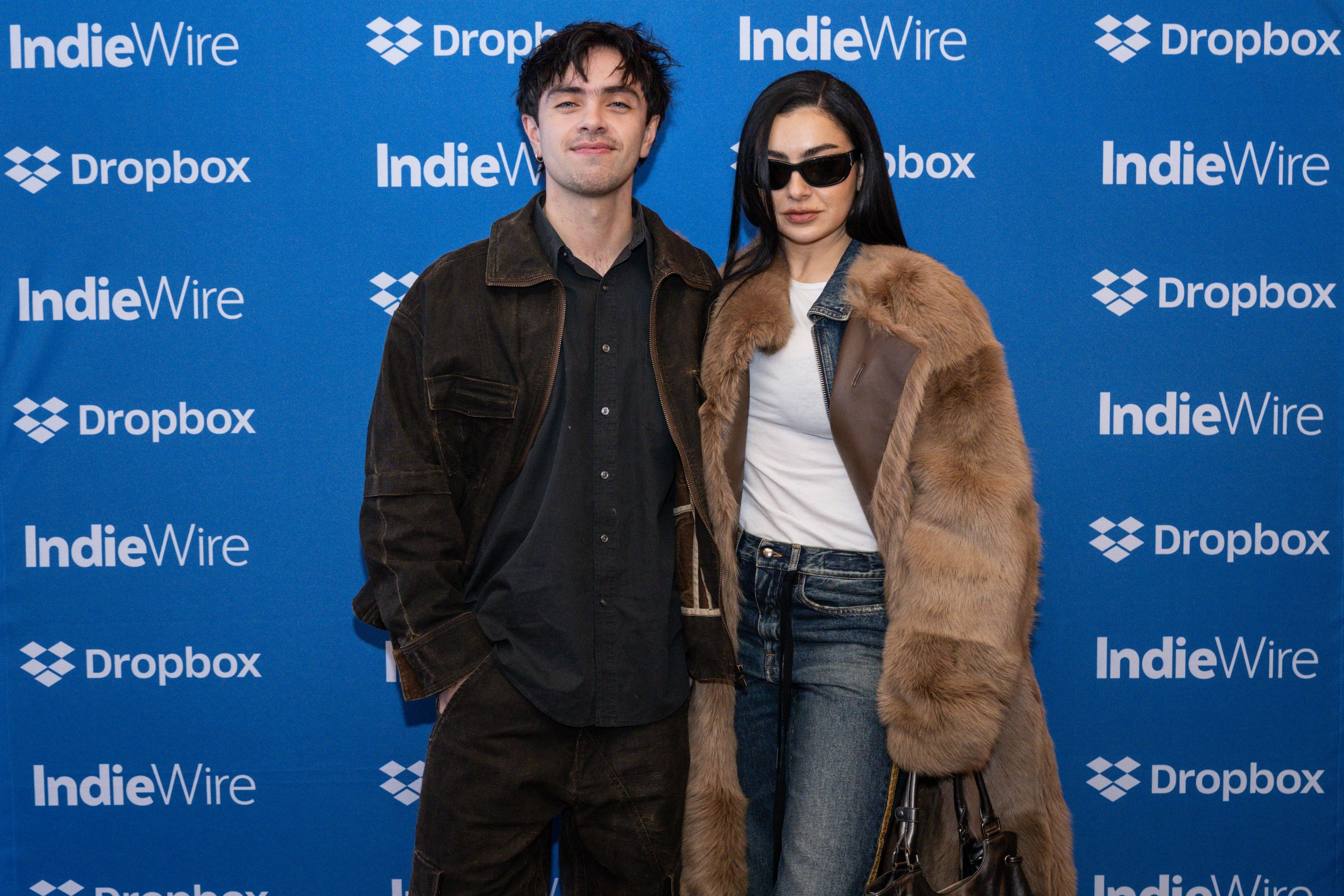

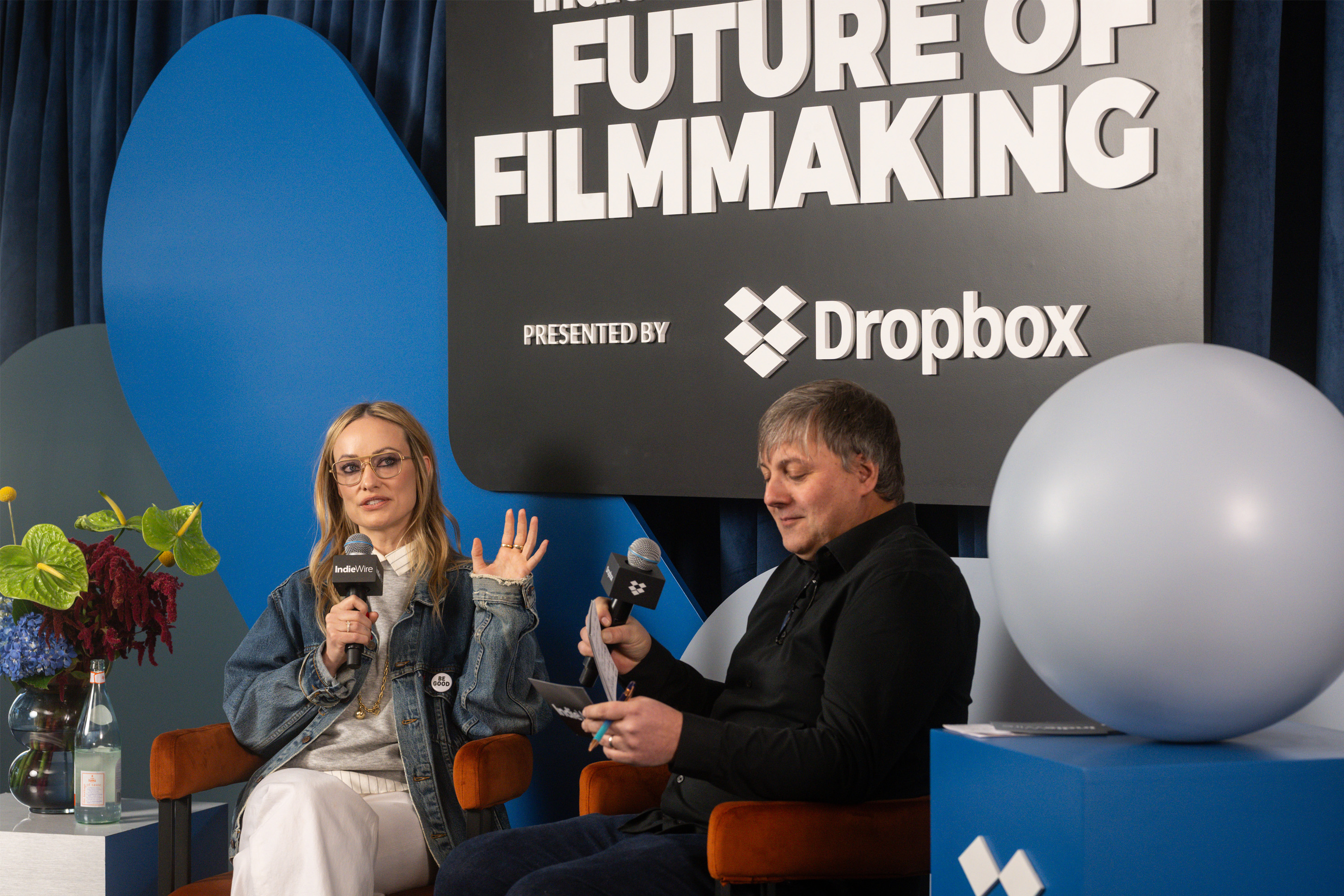
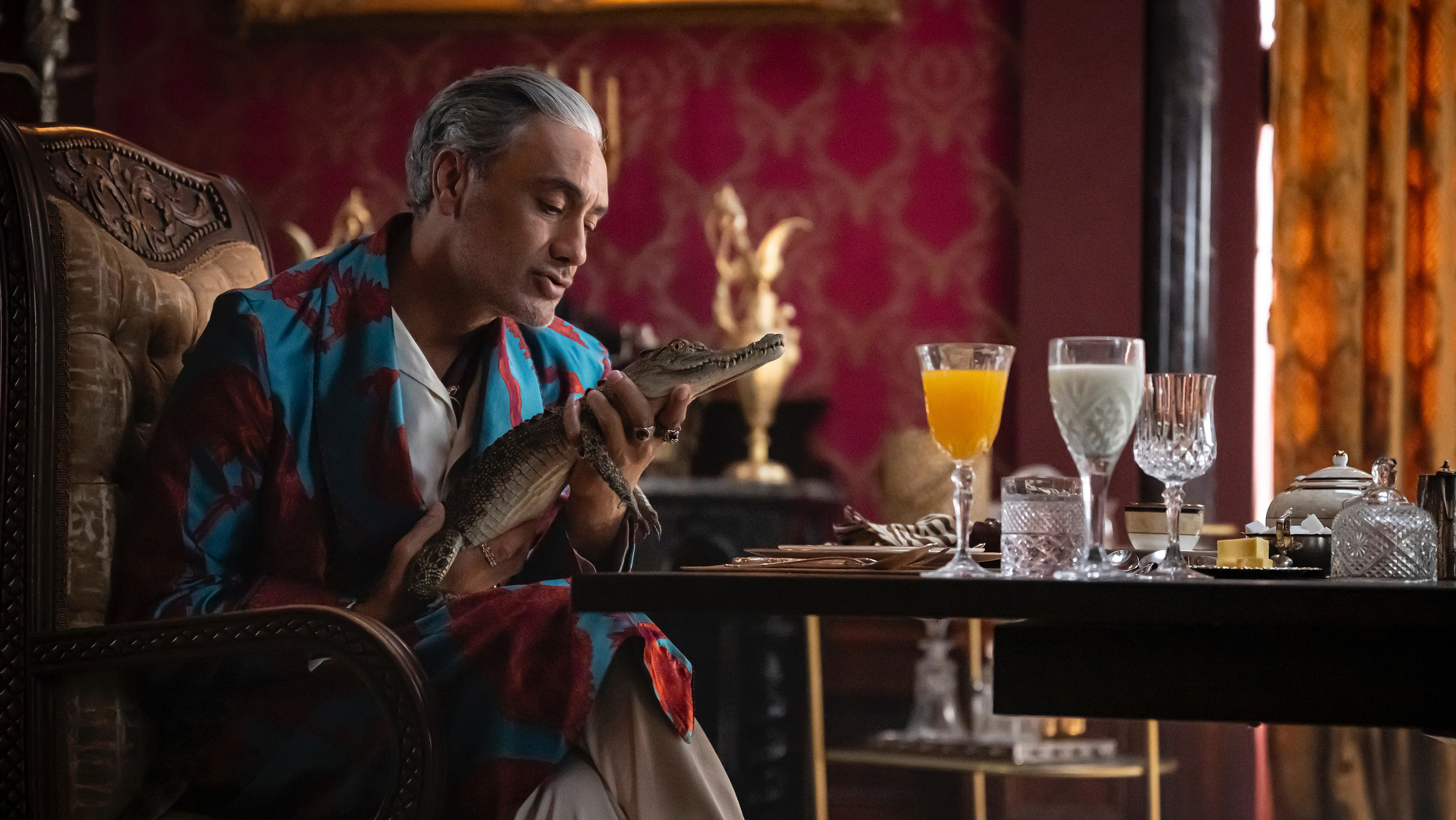

.png/_jcr_content/renditions/hero_square%20(2).webp)
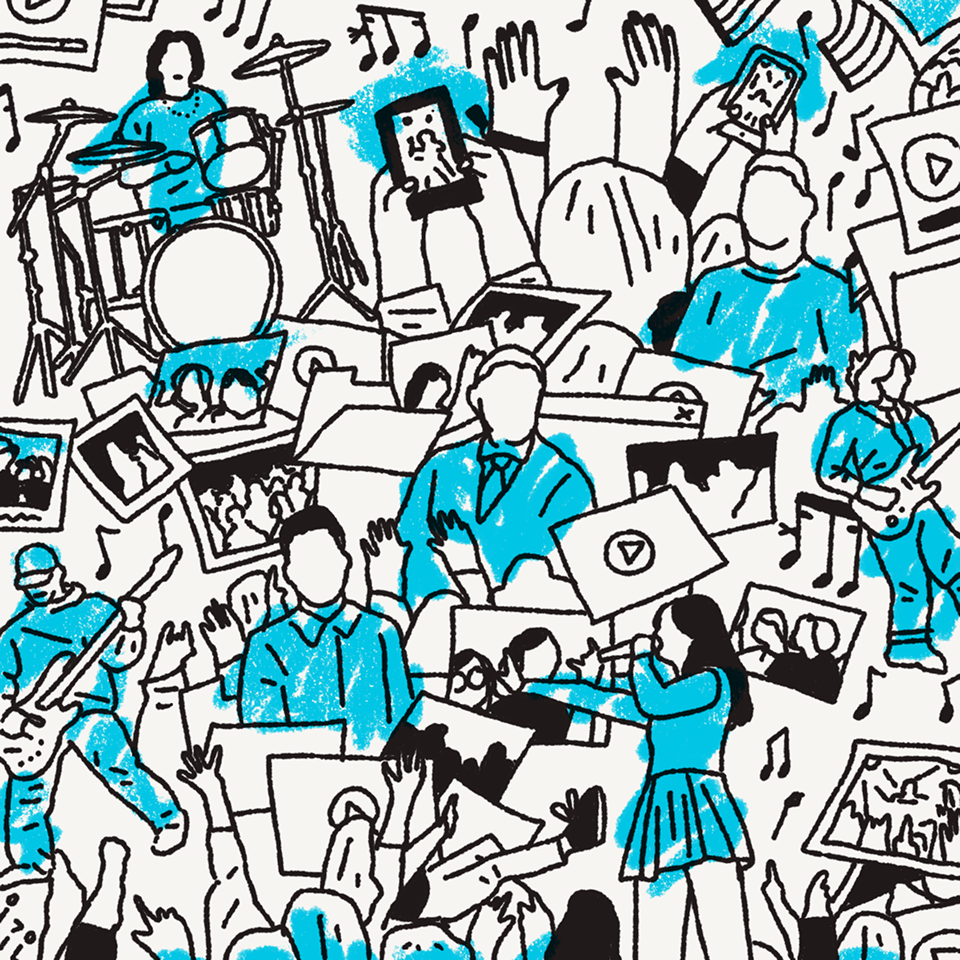
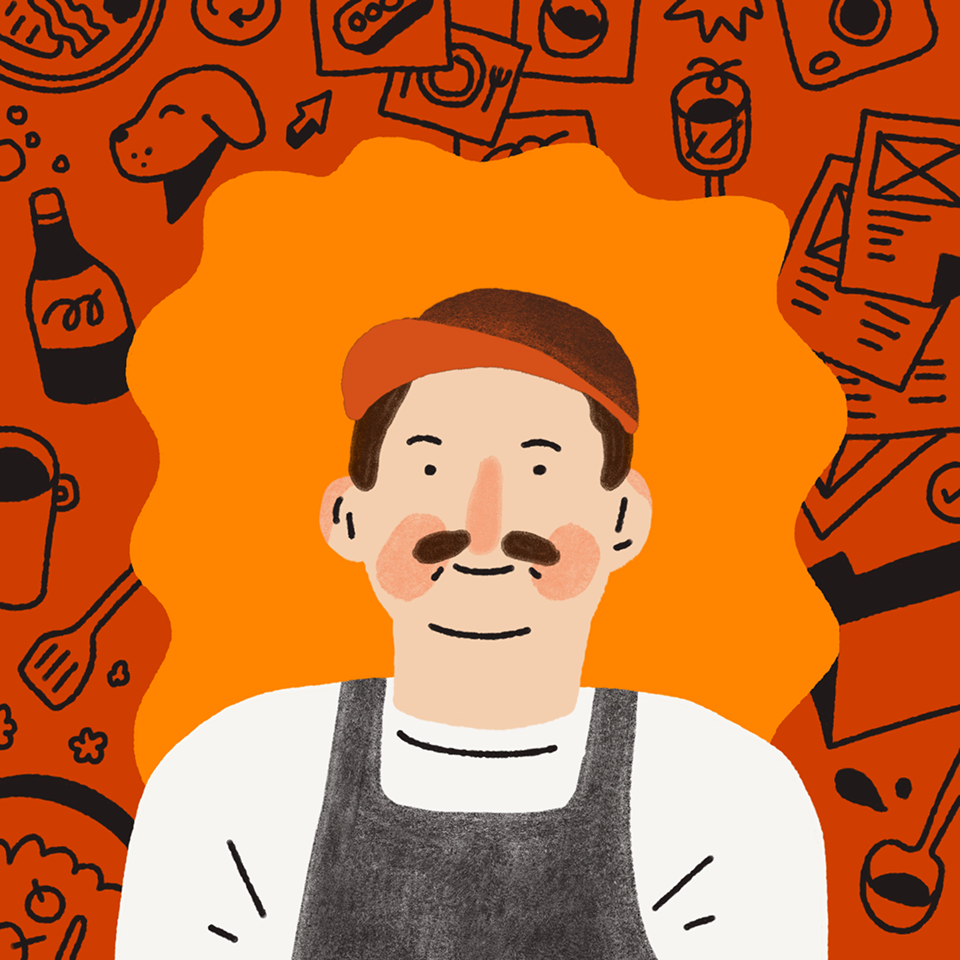





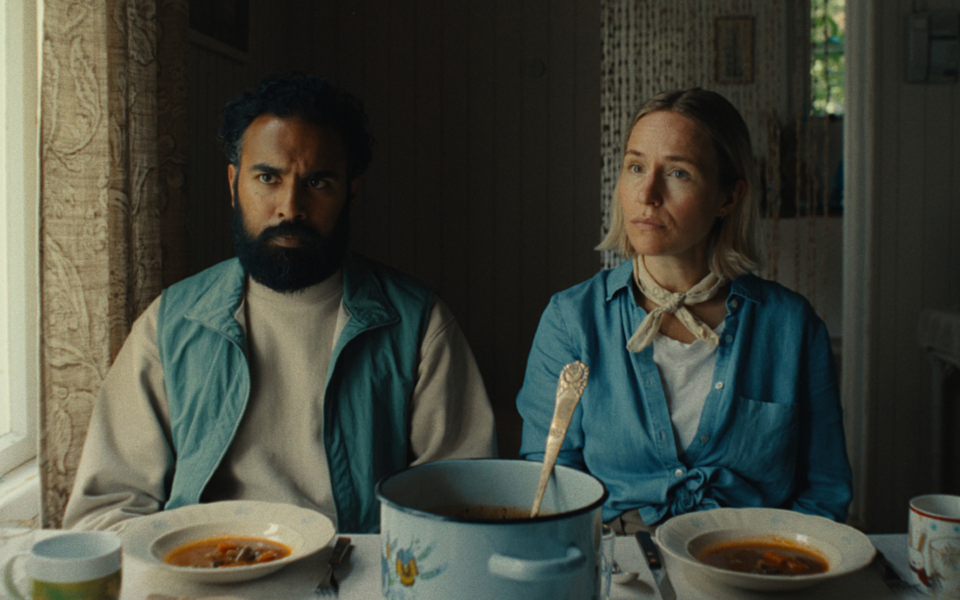
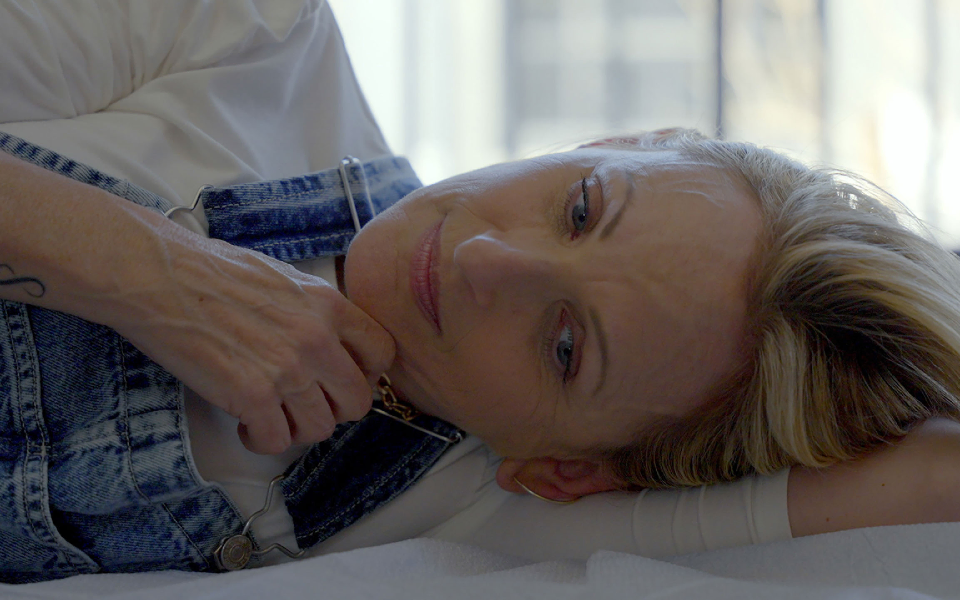





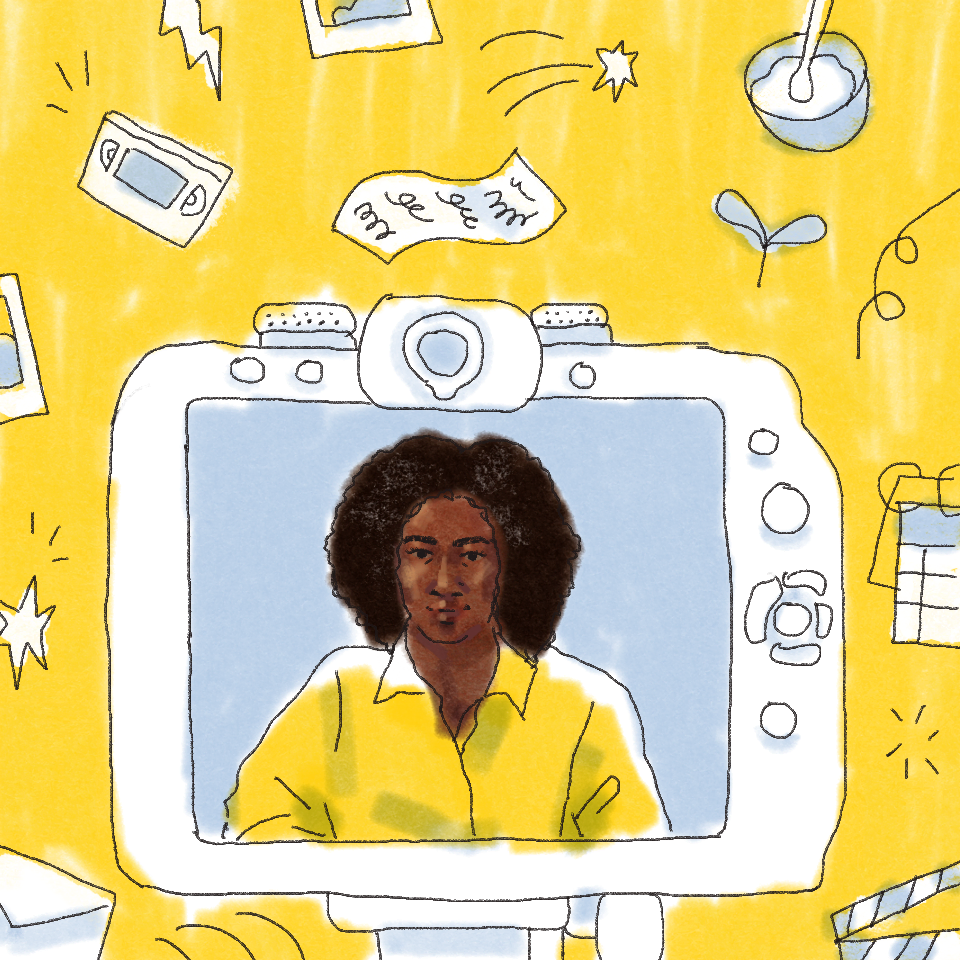
.jpg/_jcr_content/renditions/1200x628%20(5).webp)


